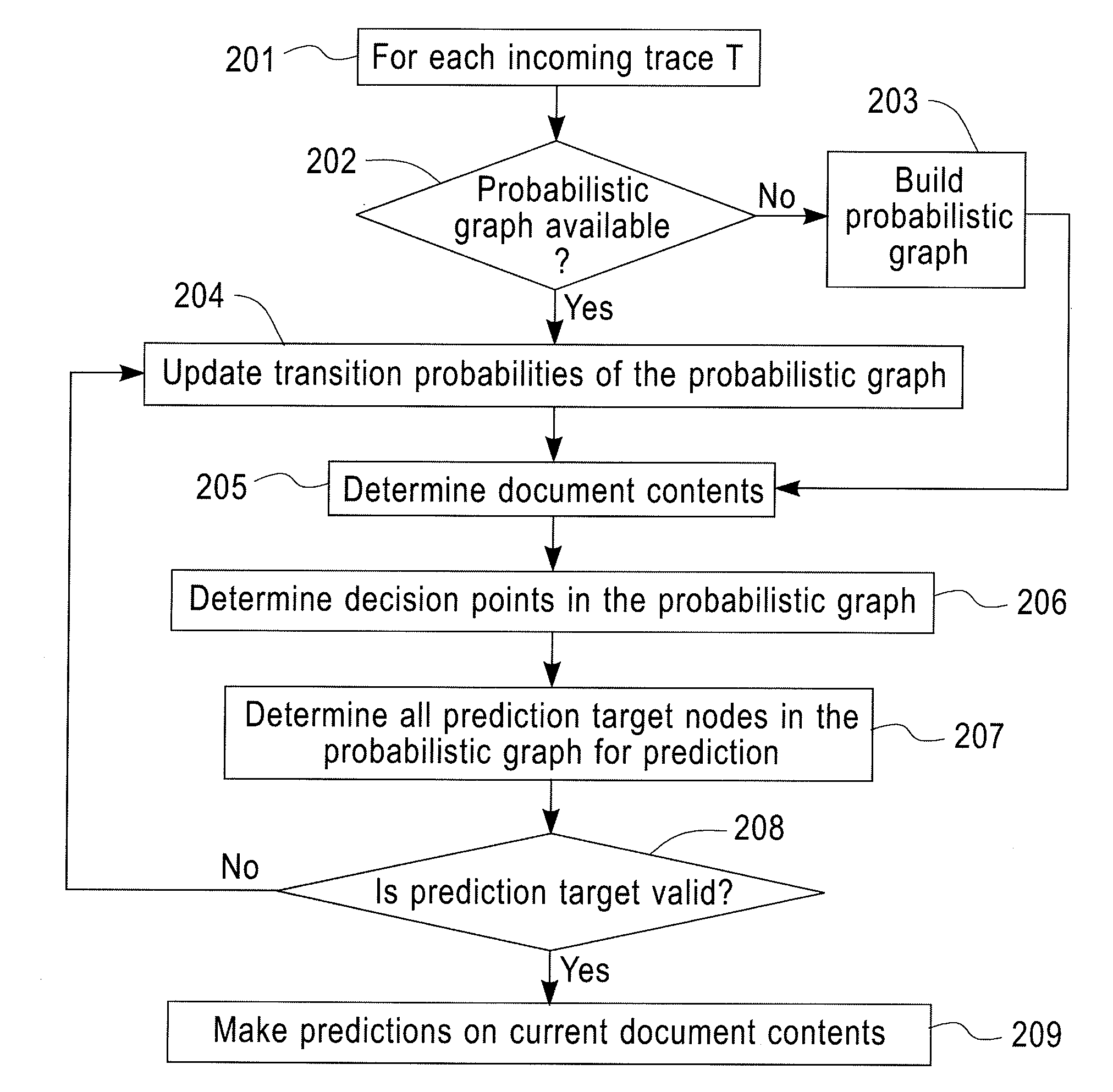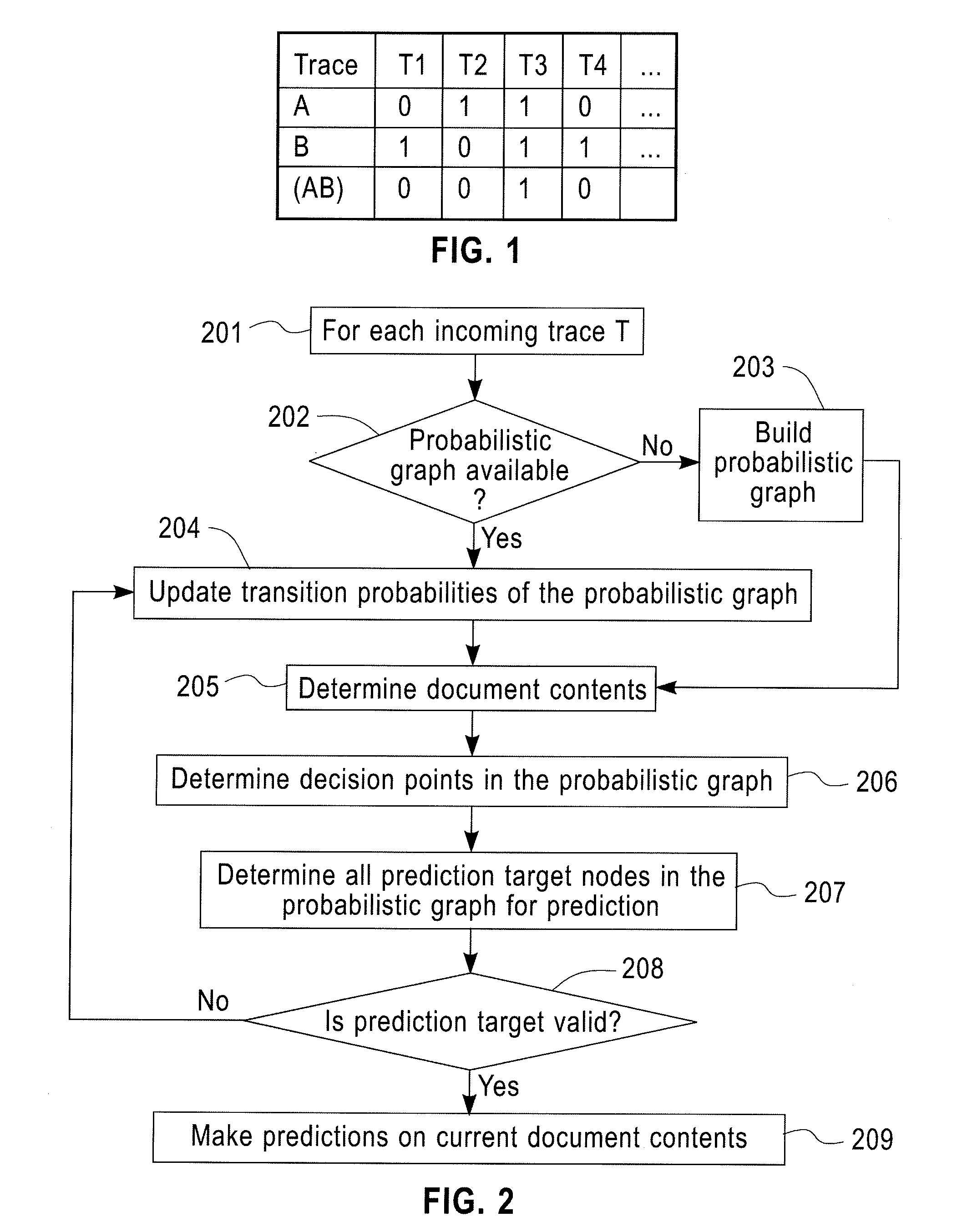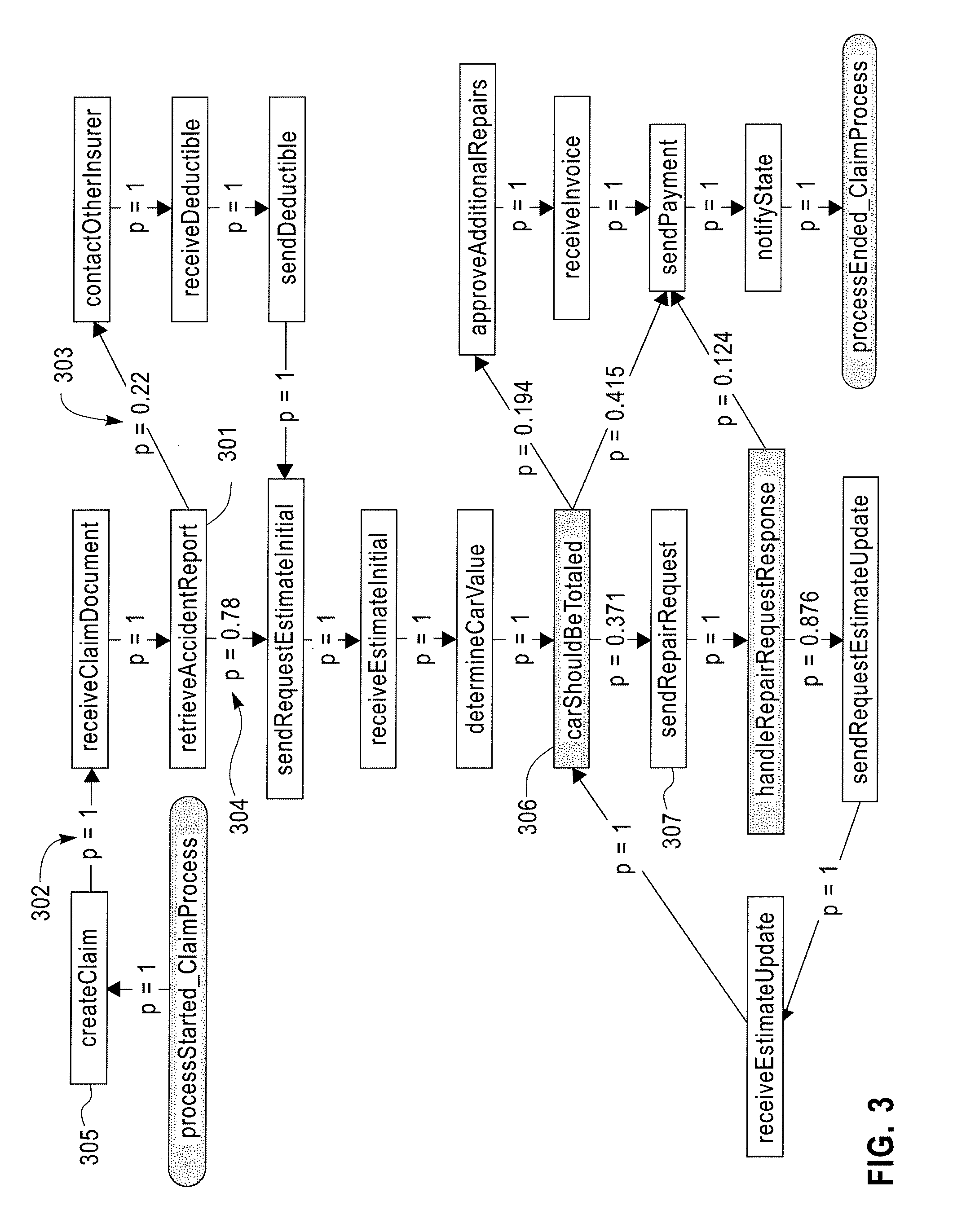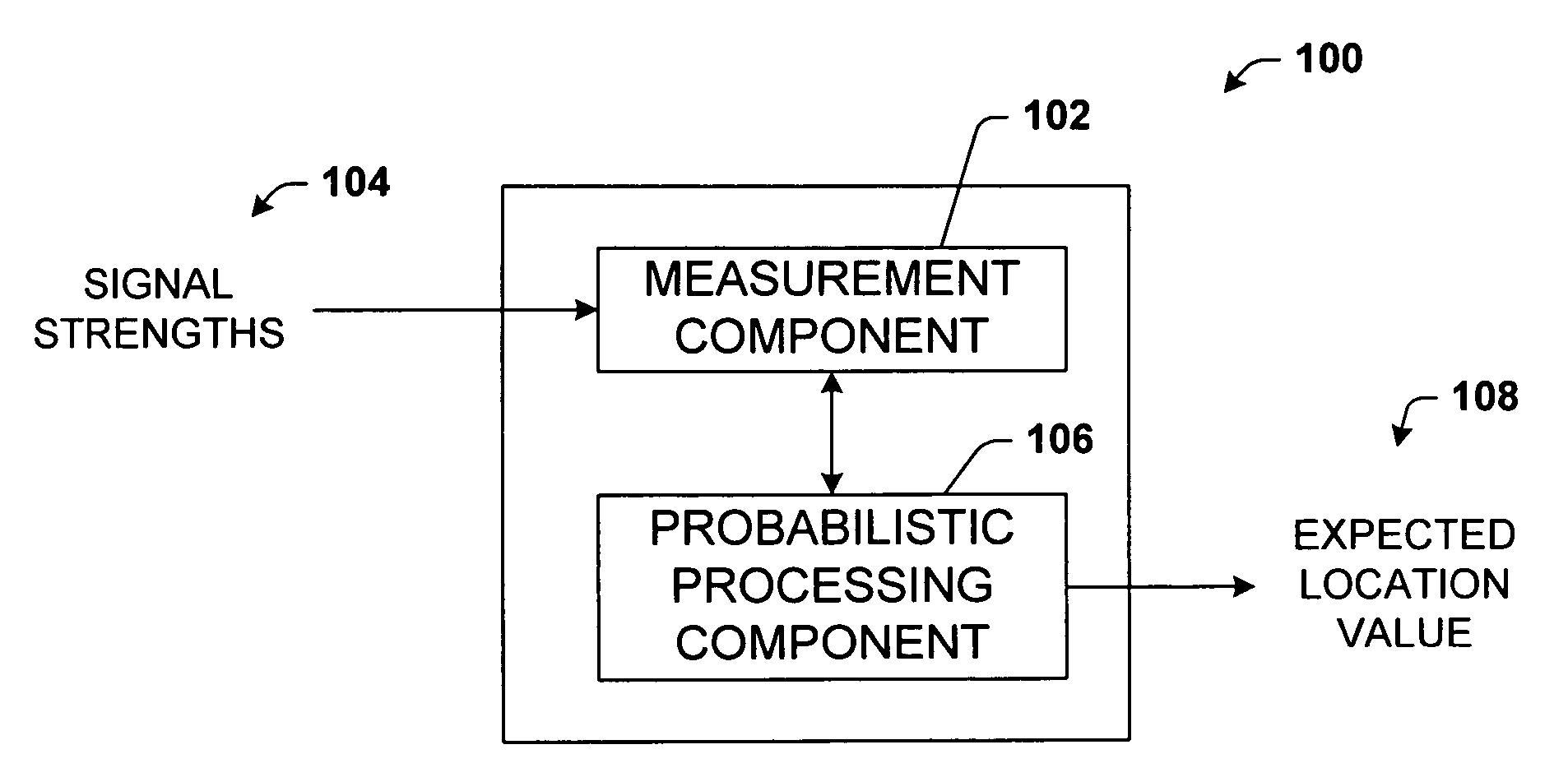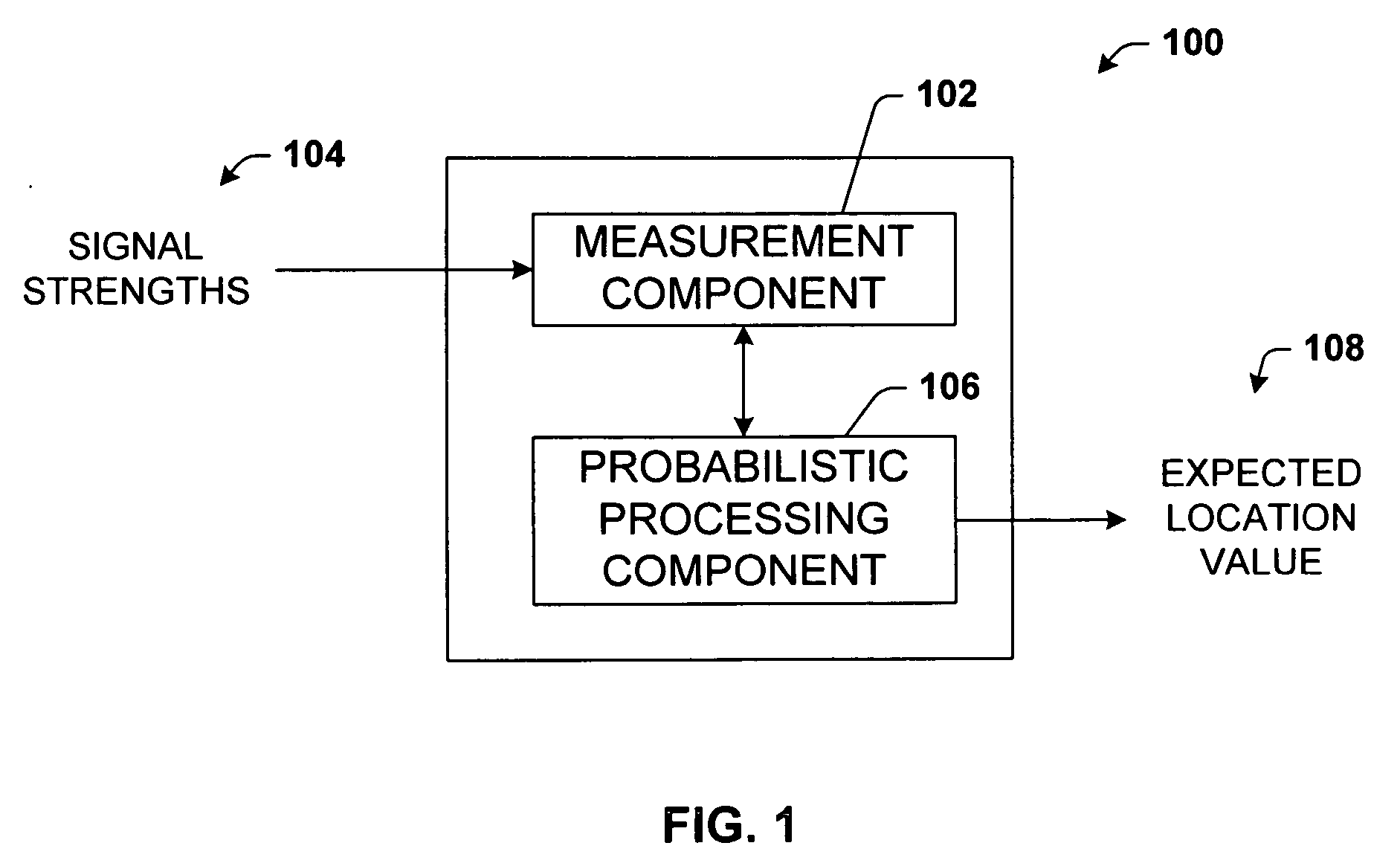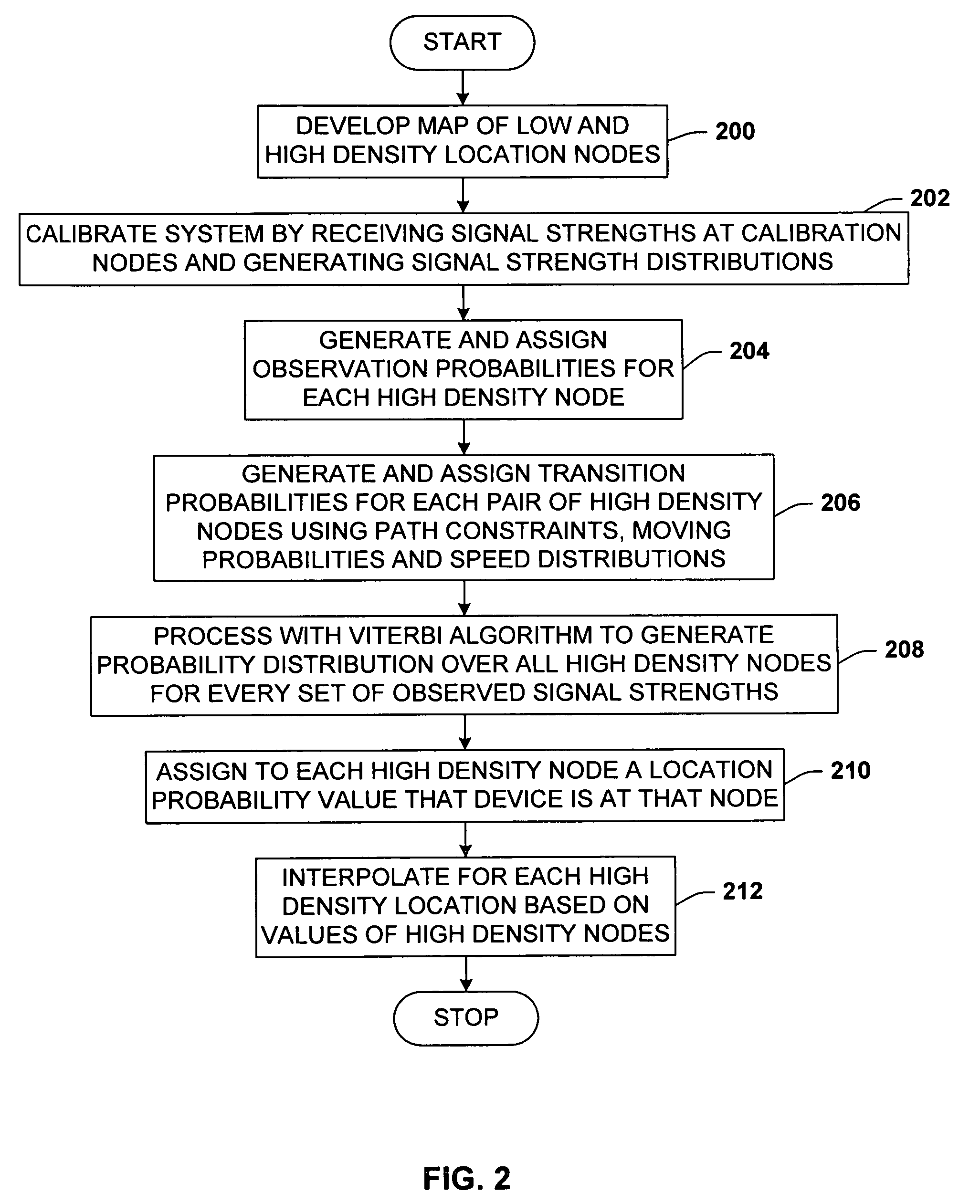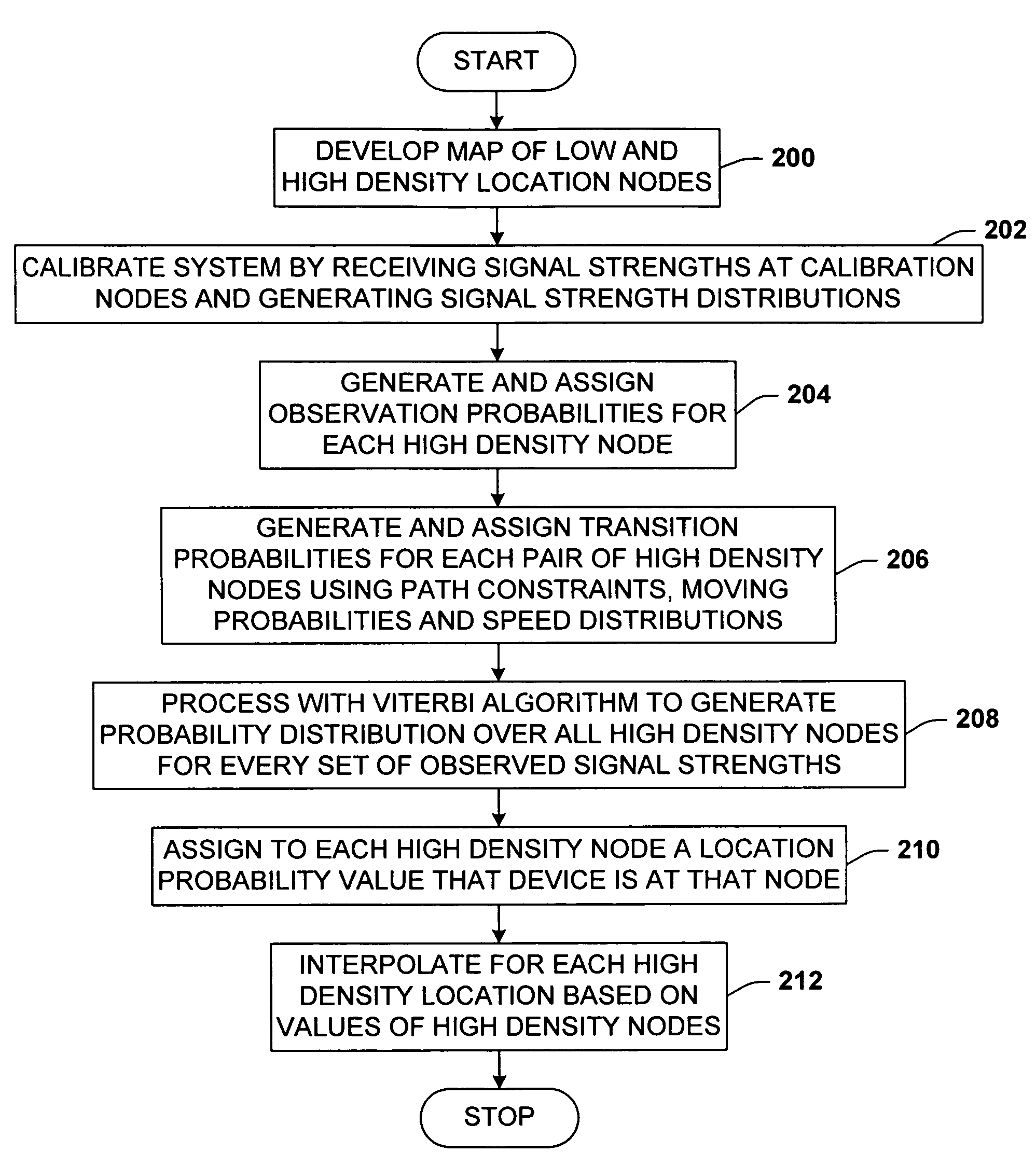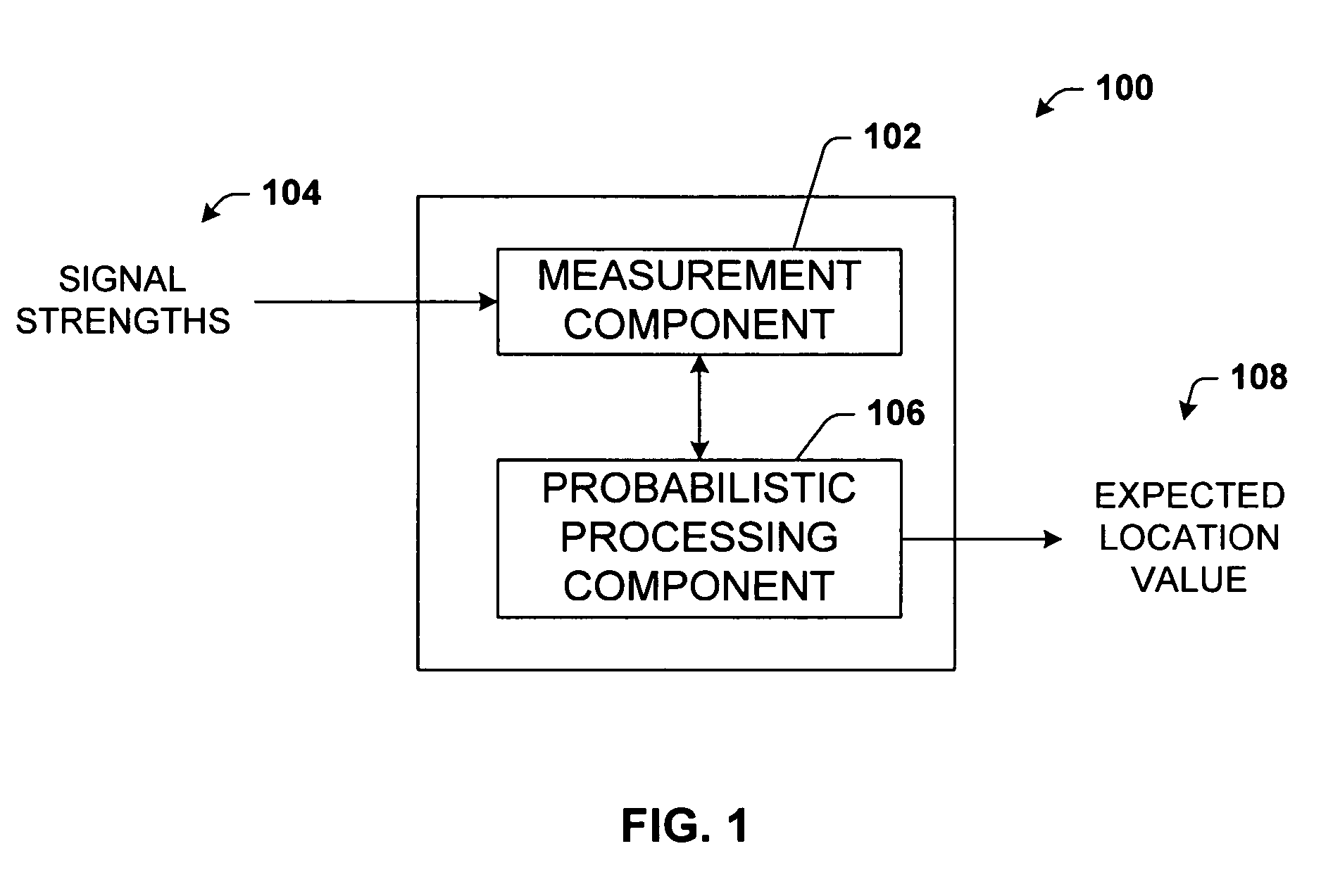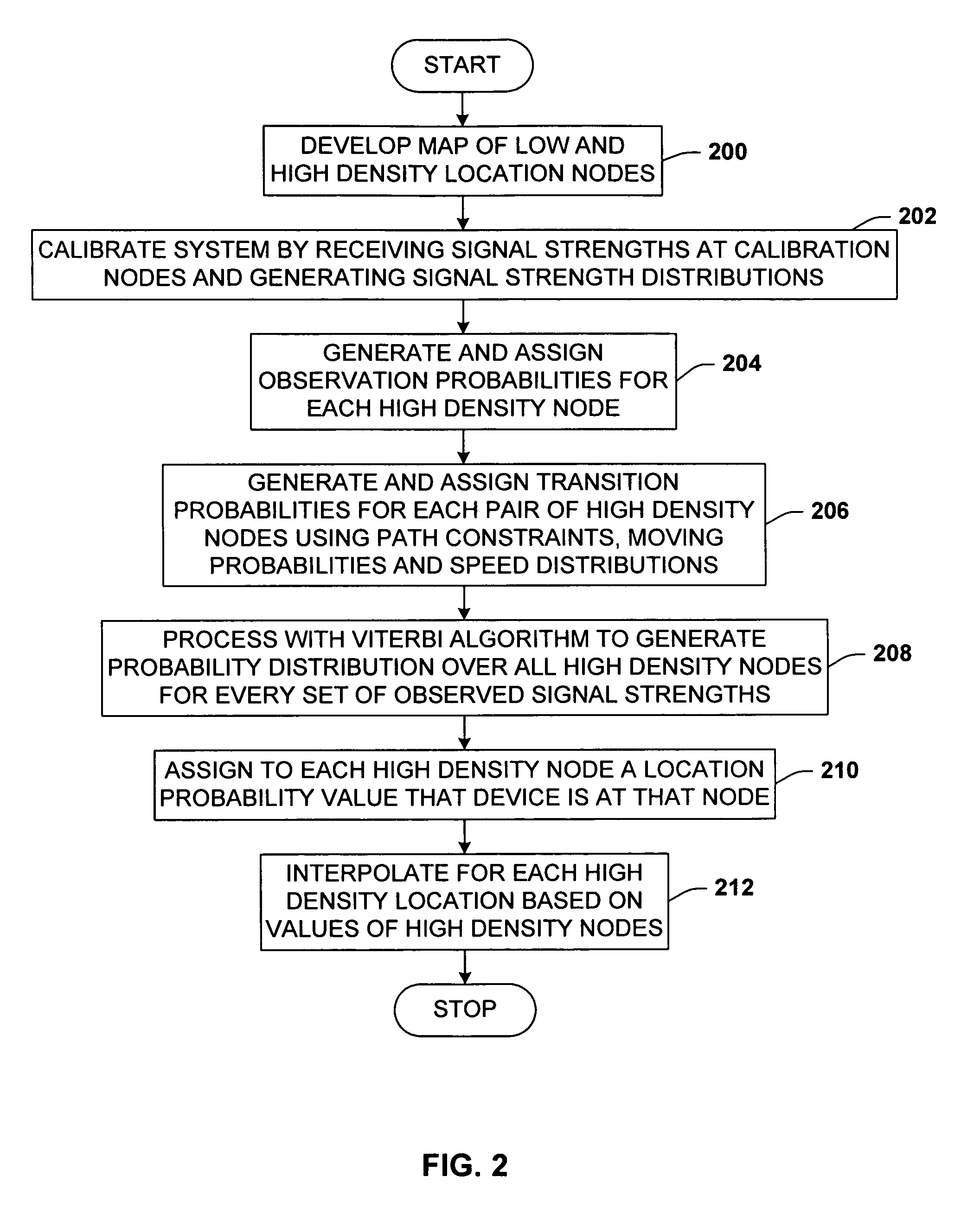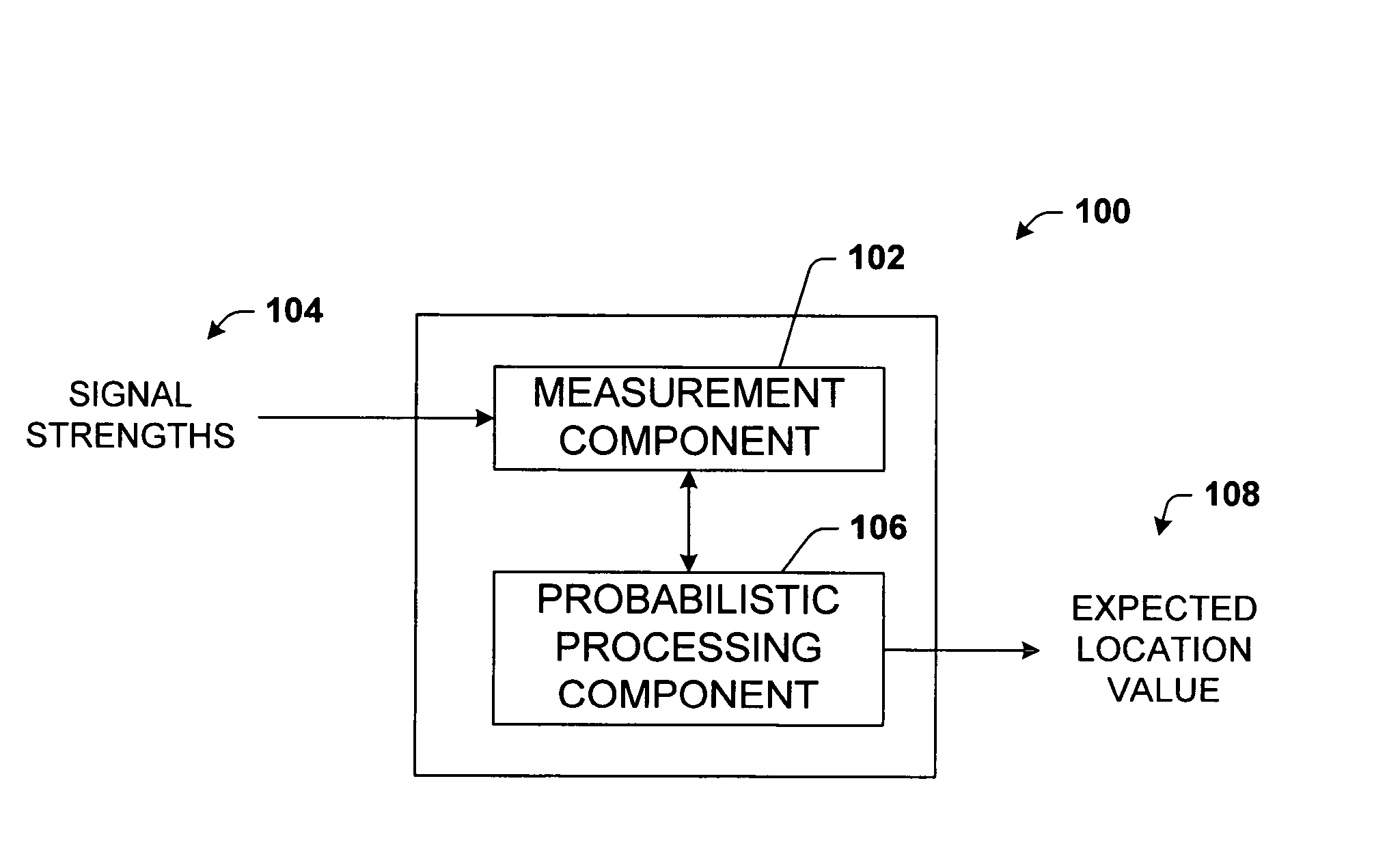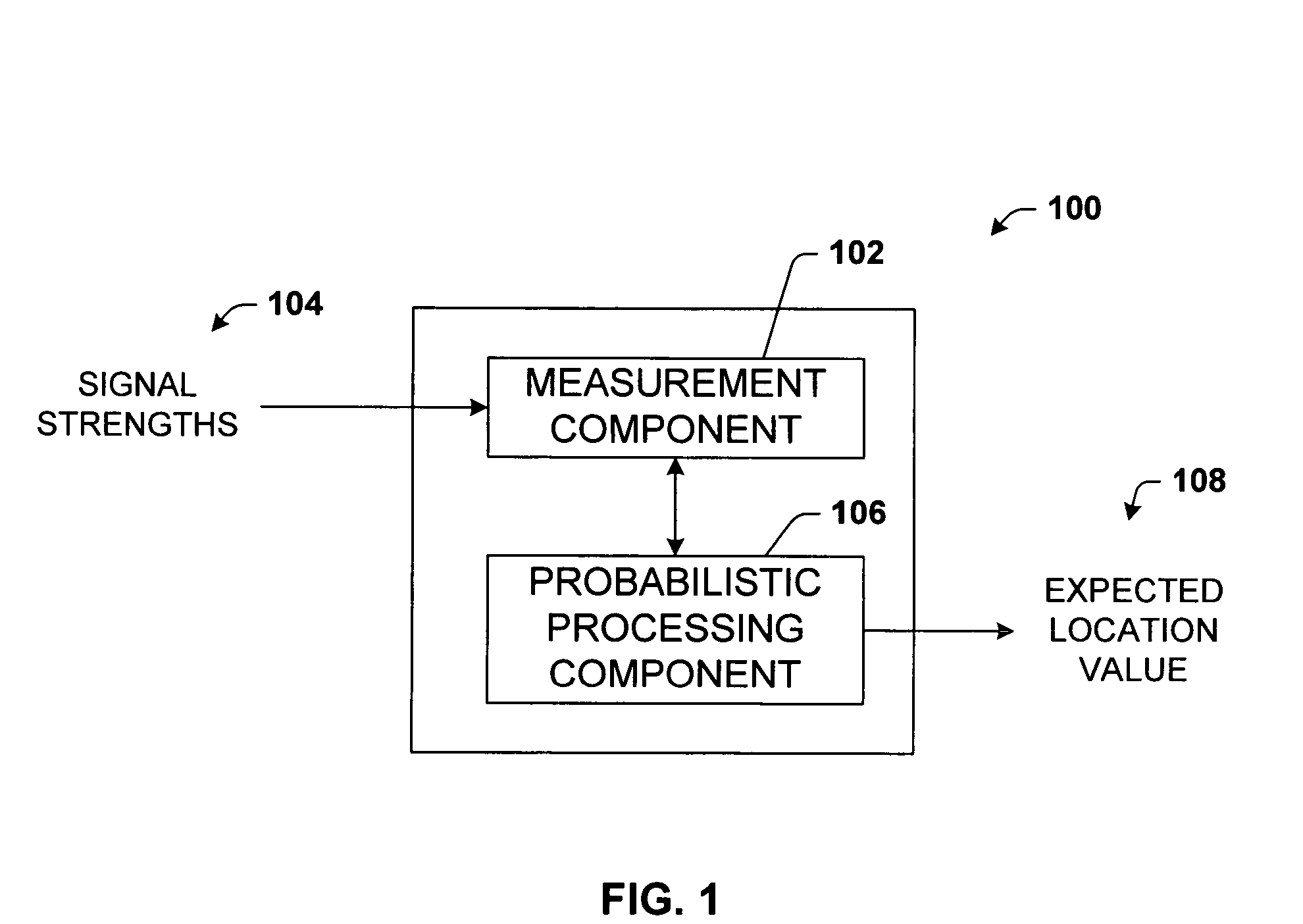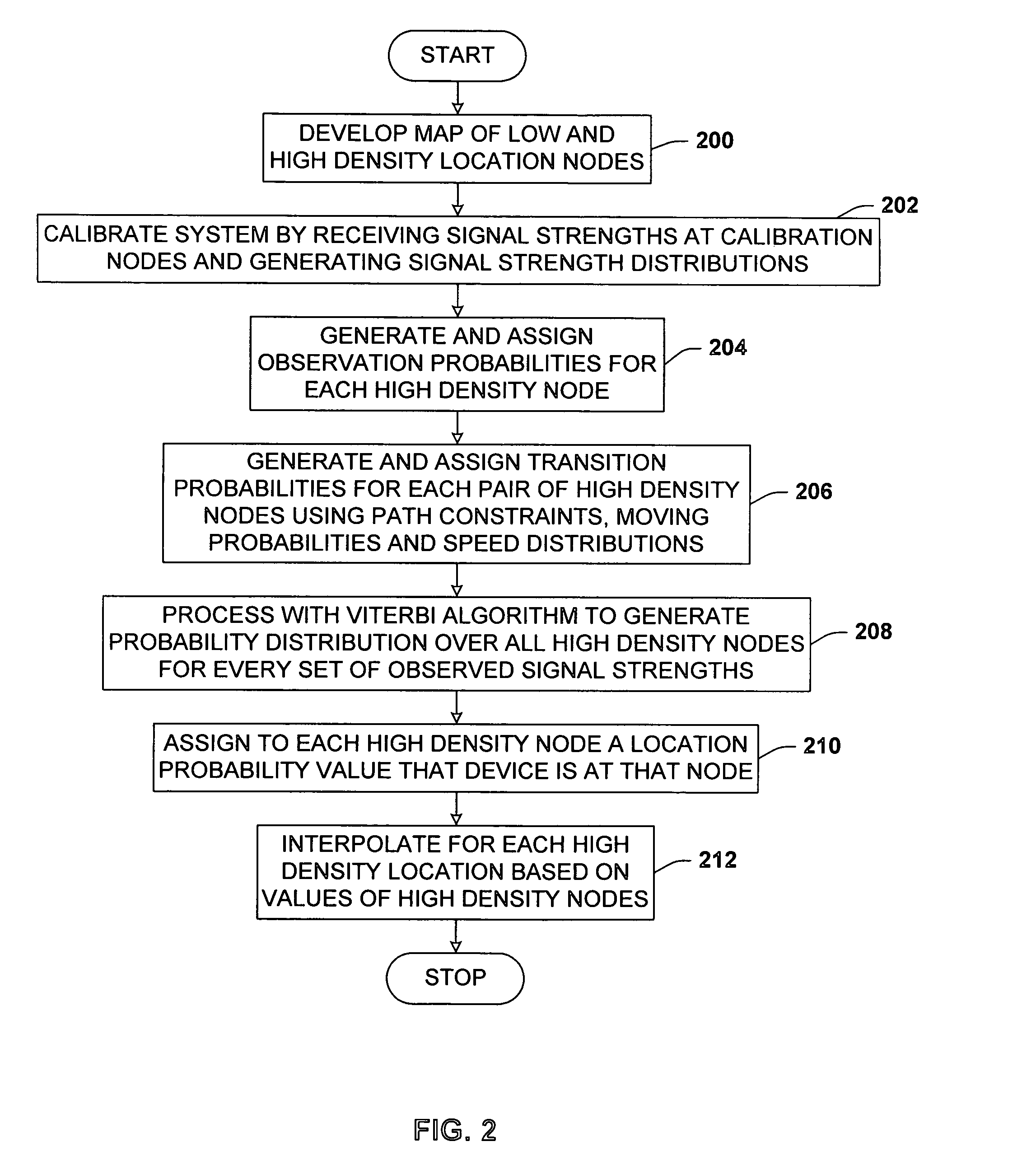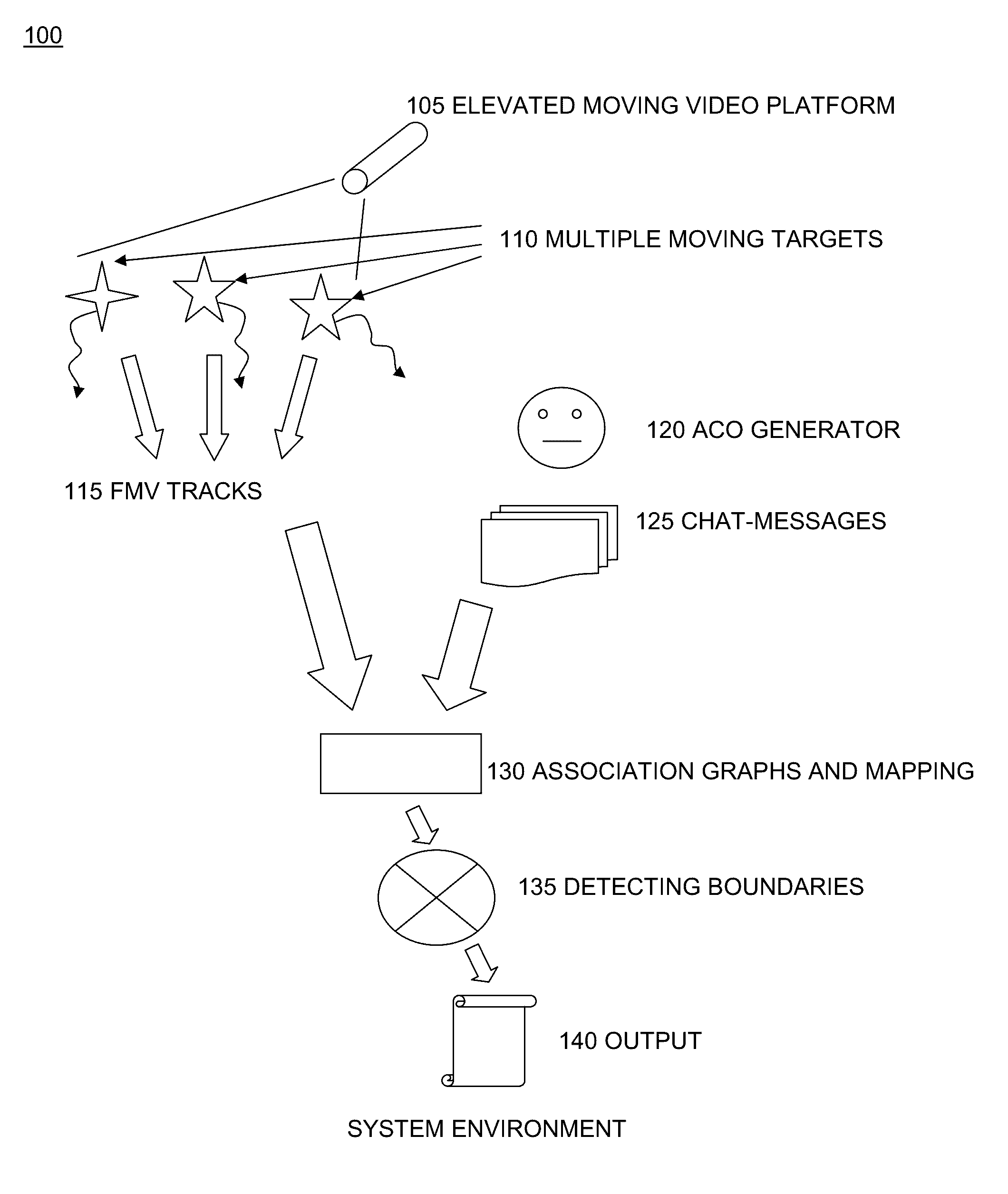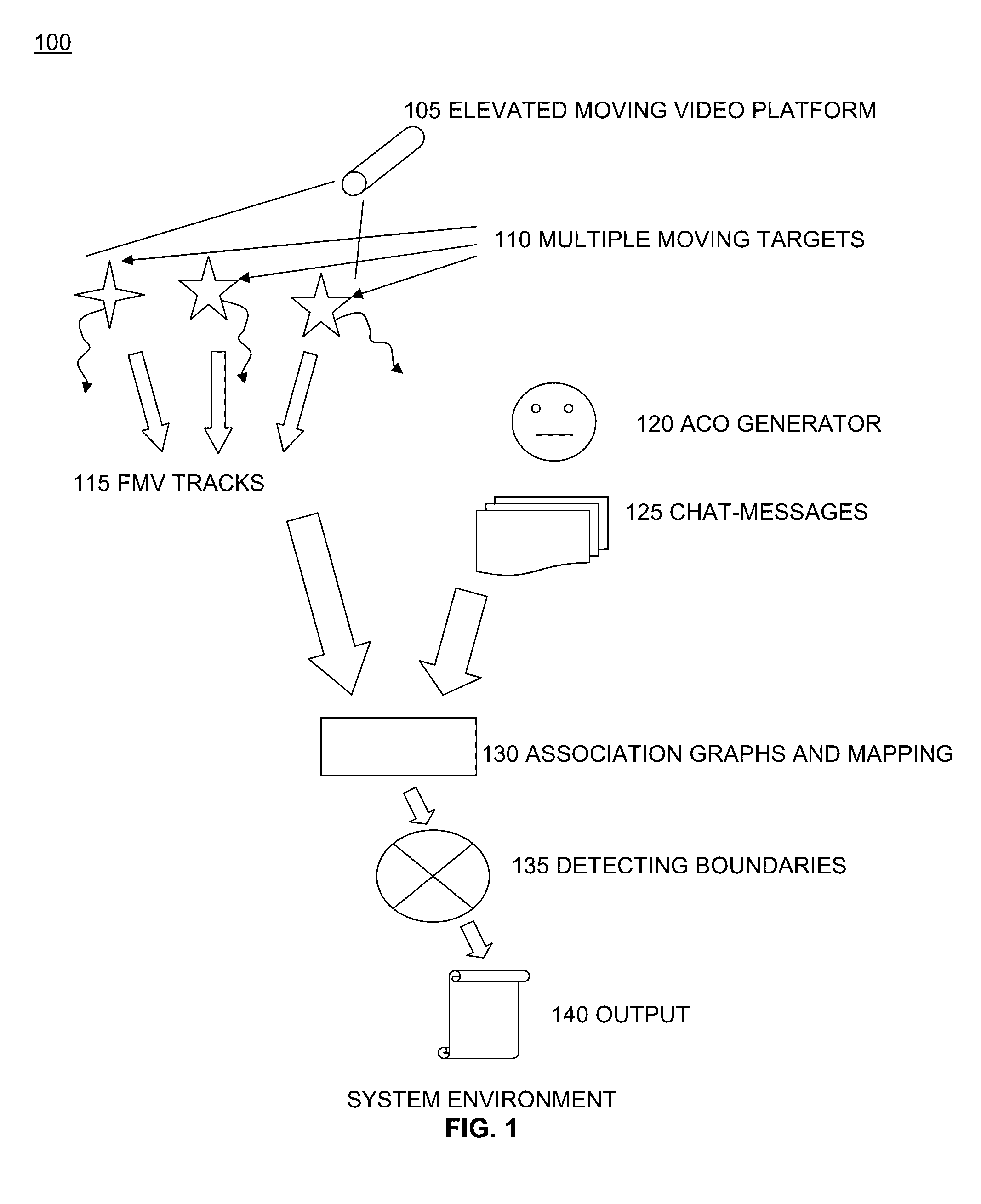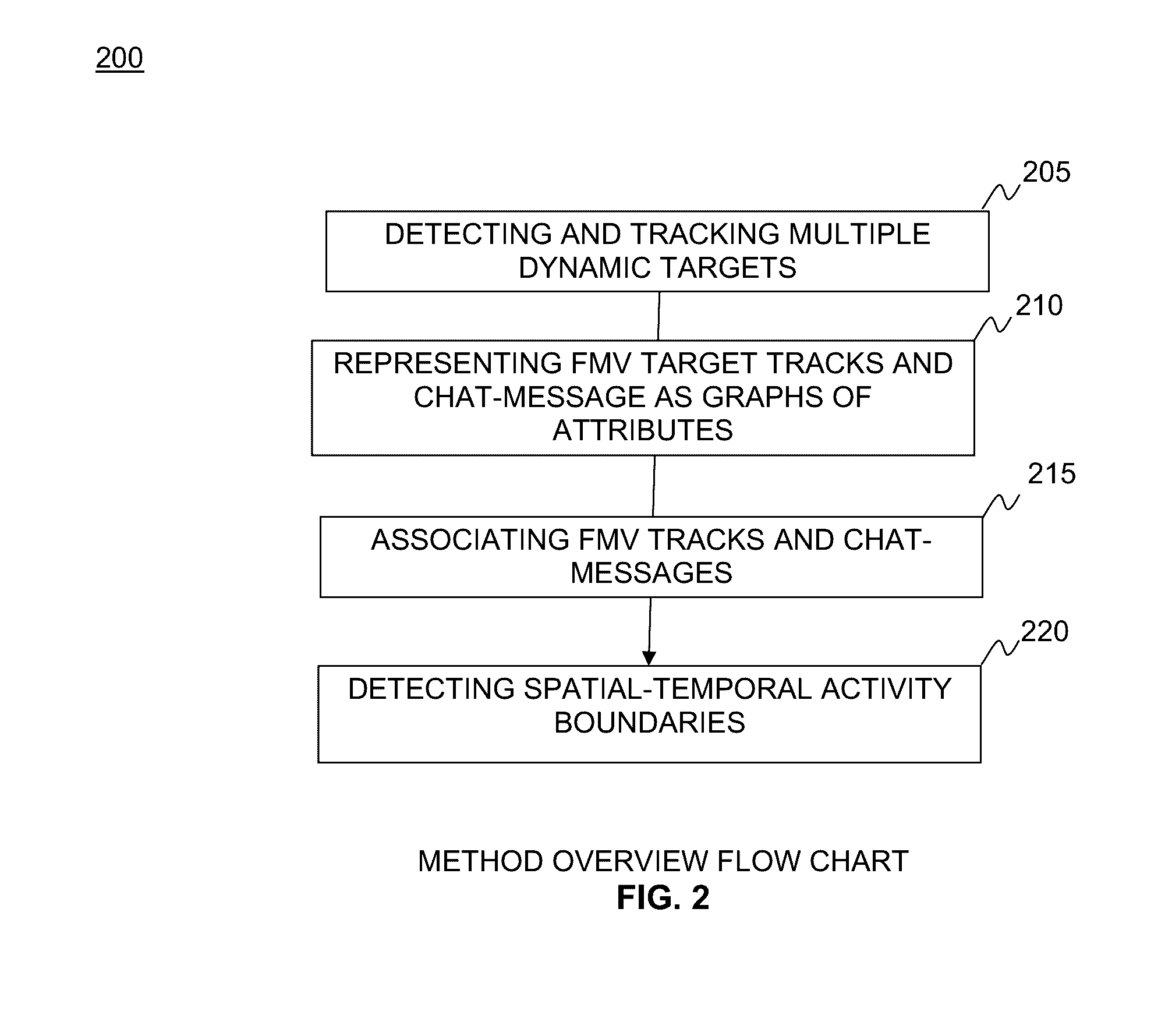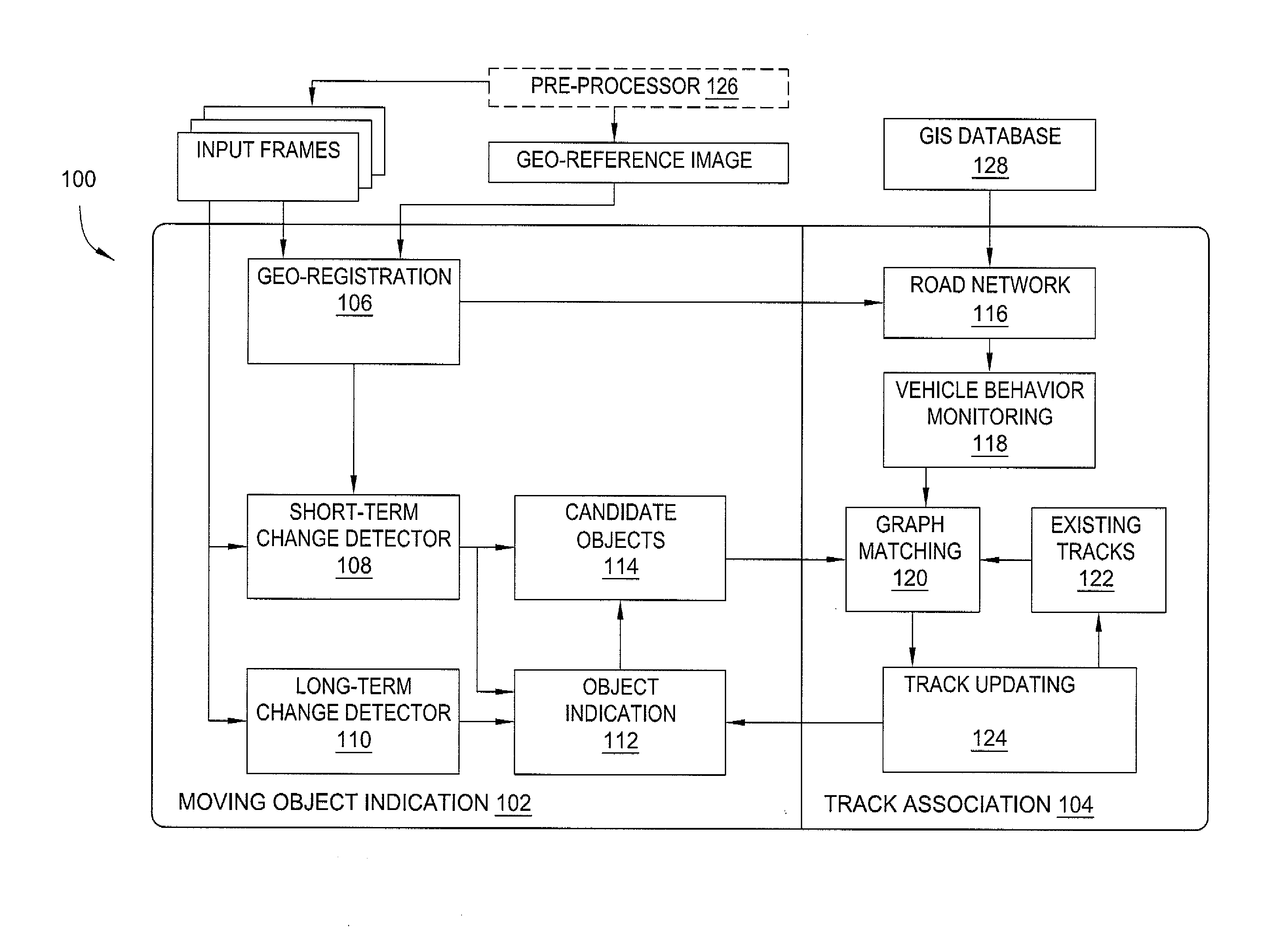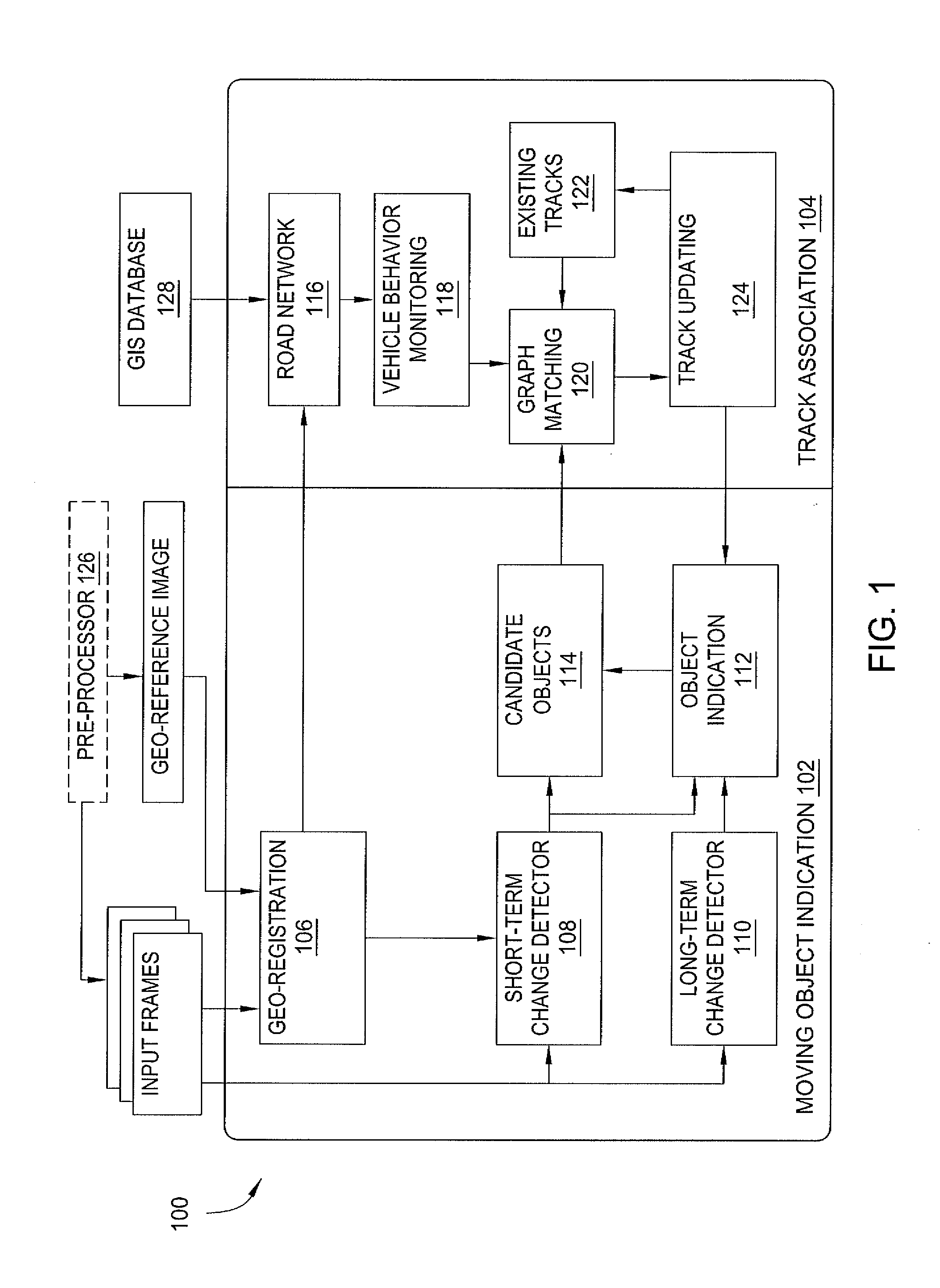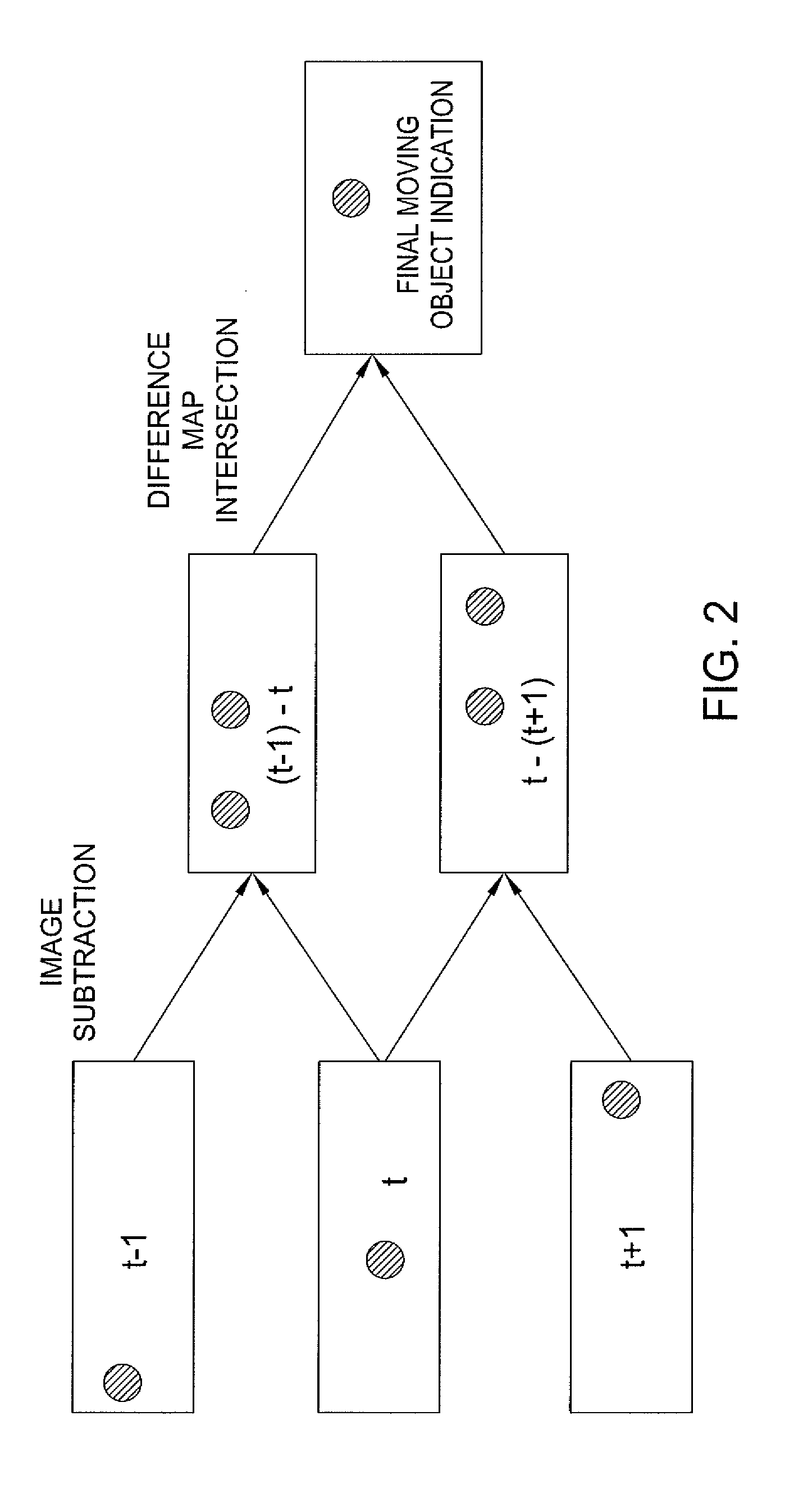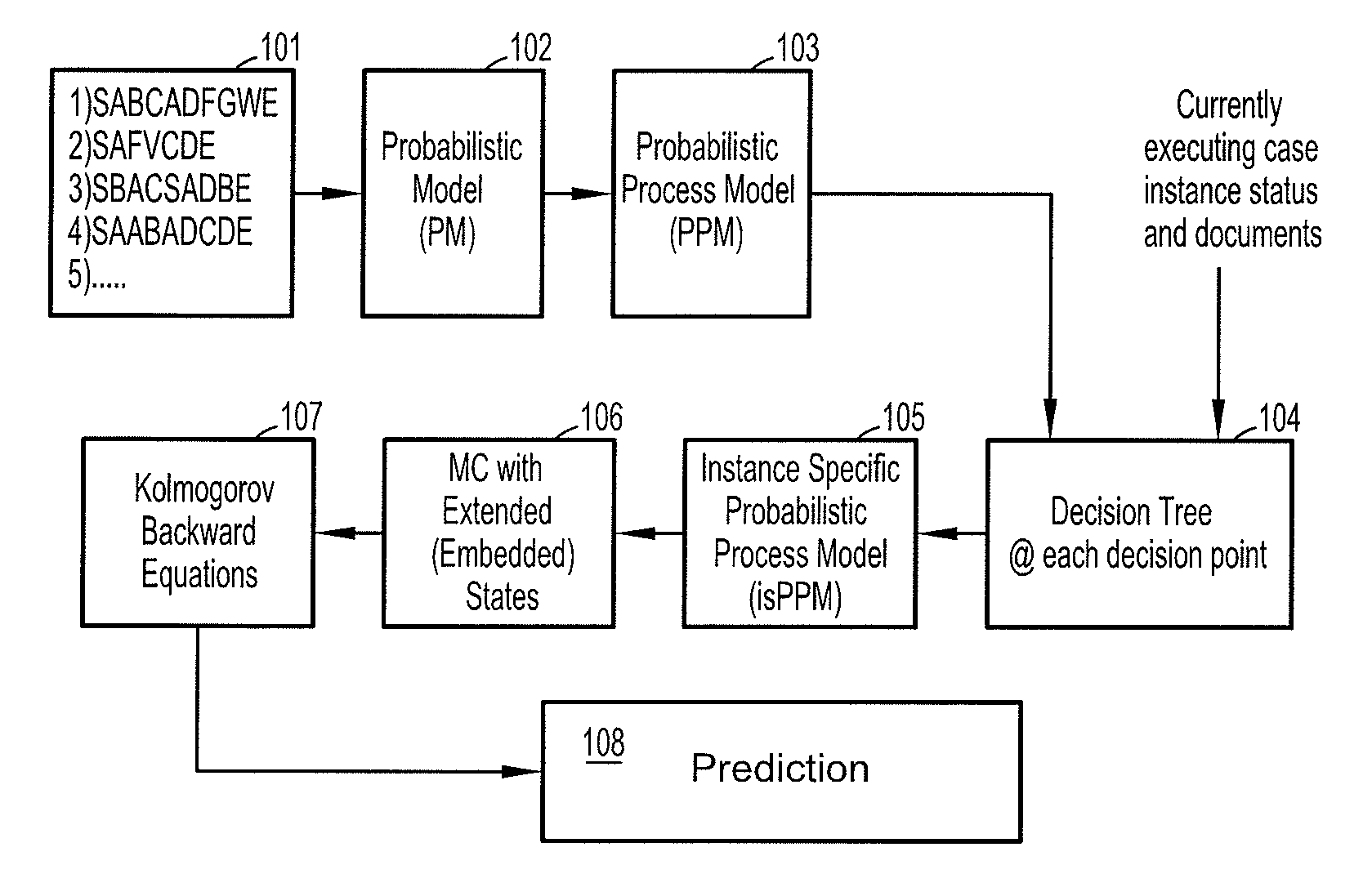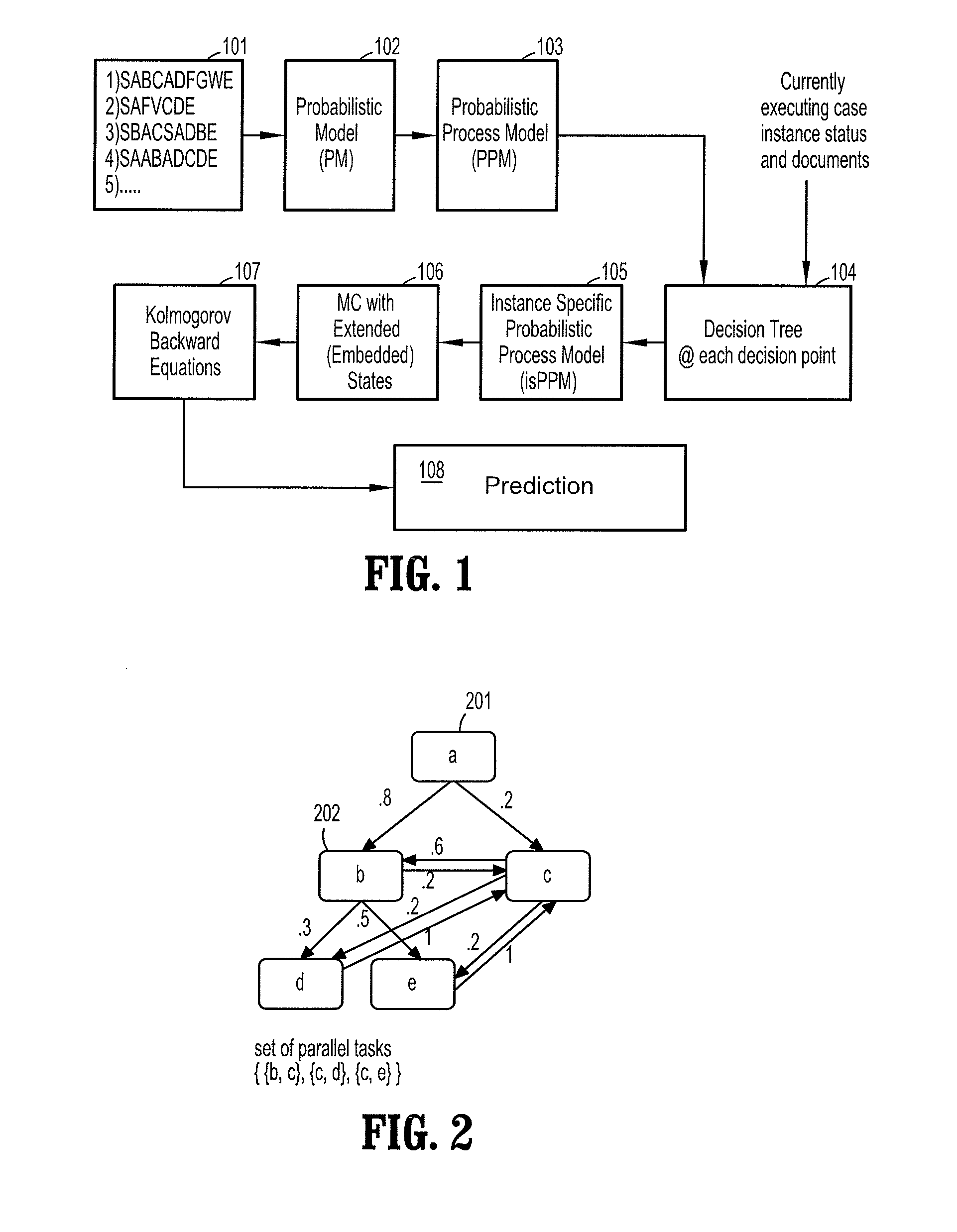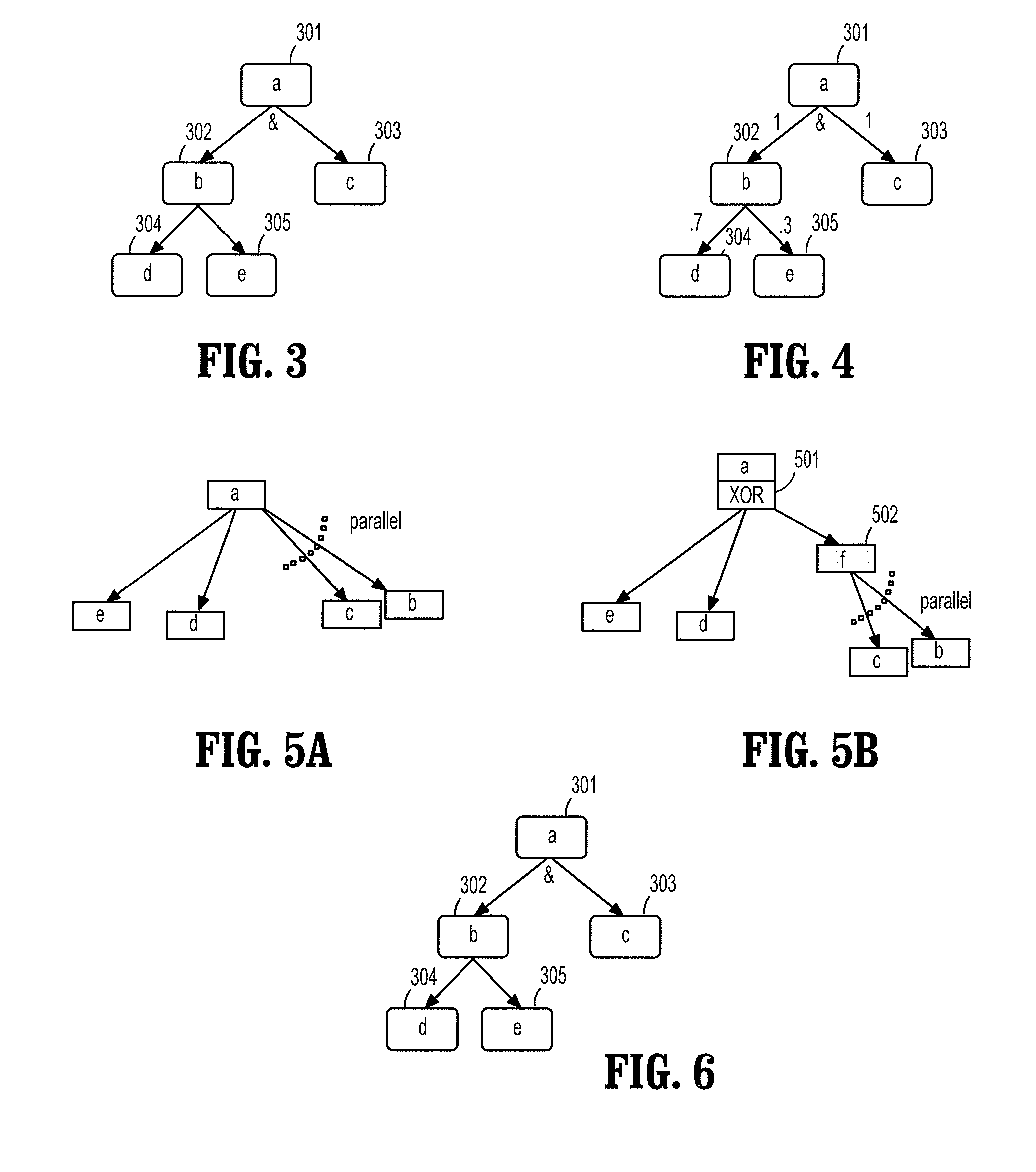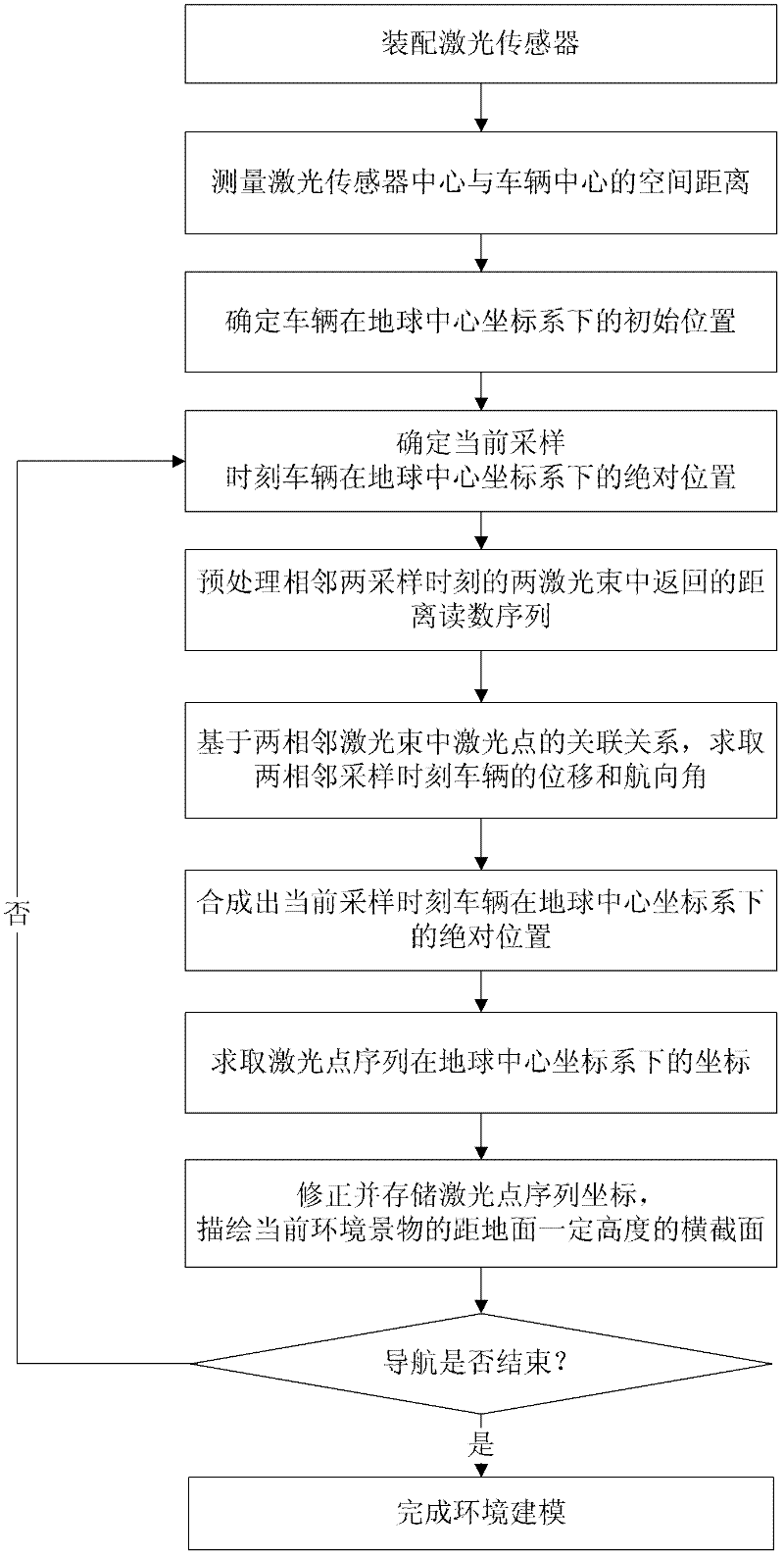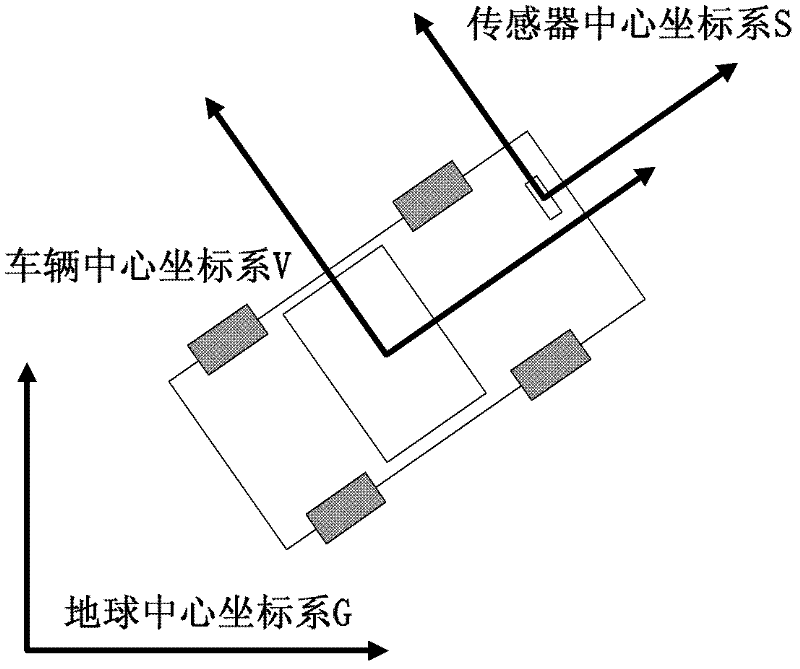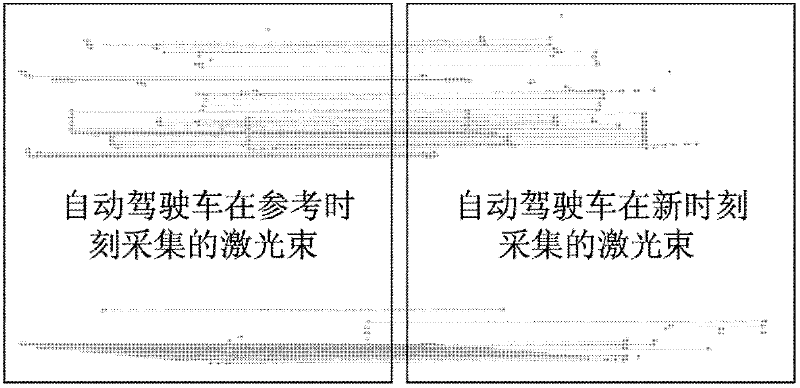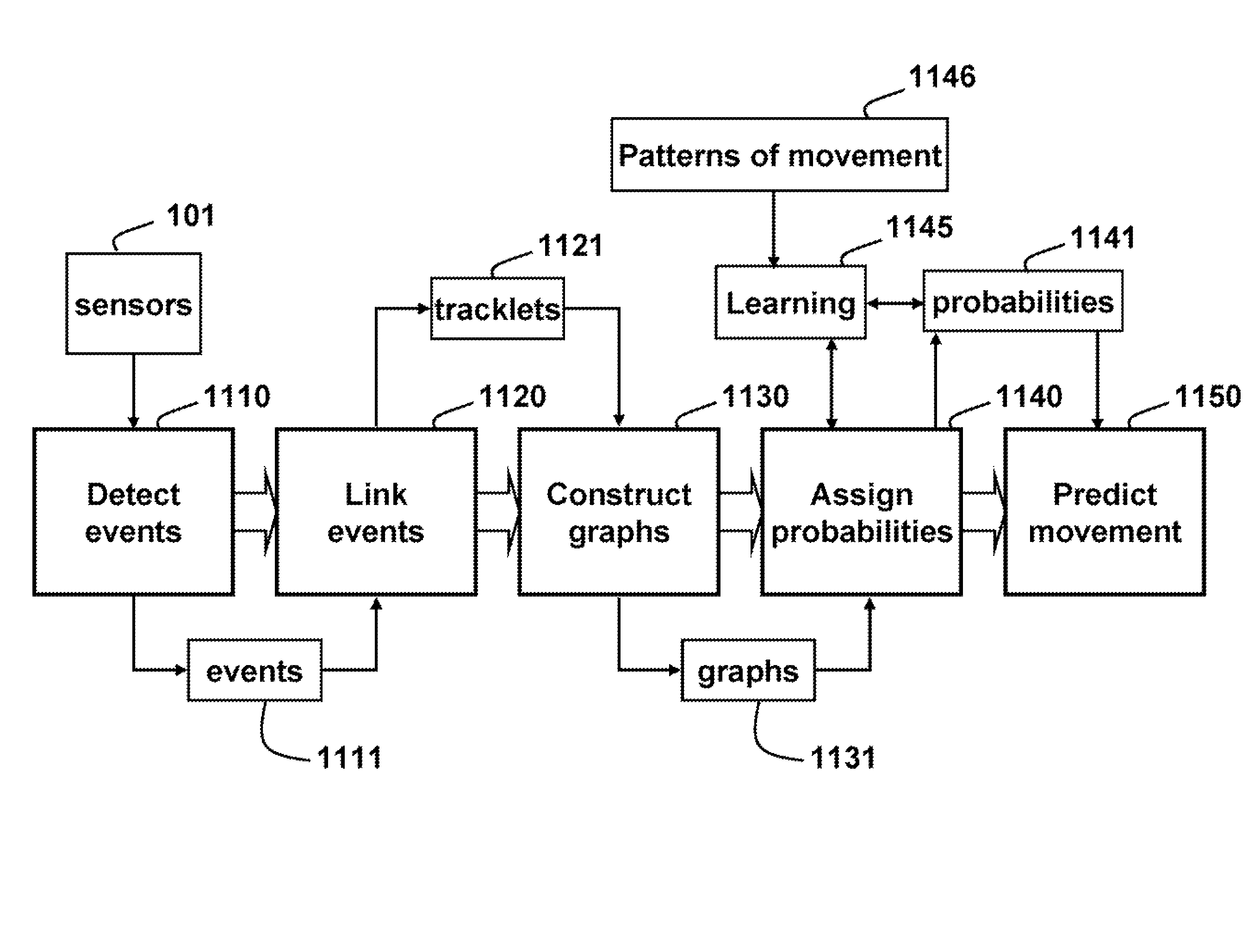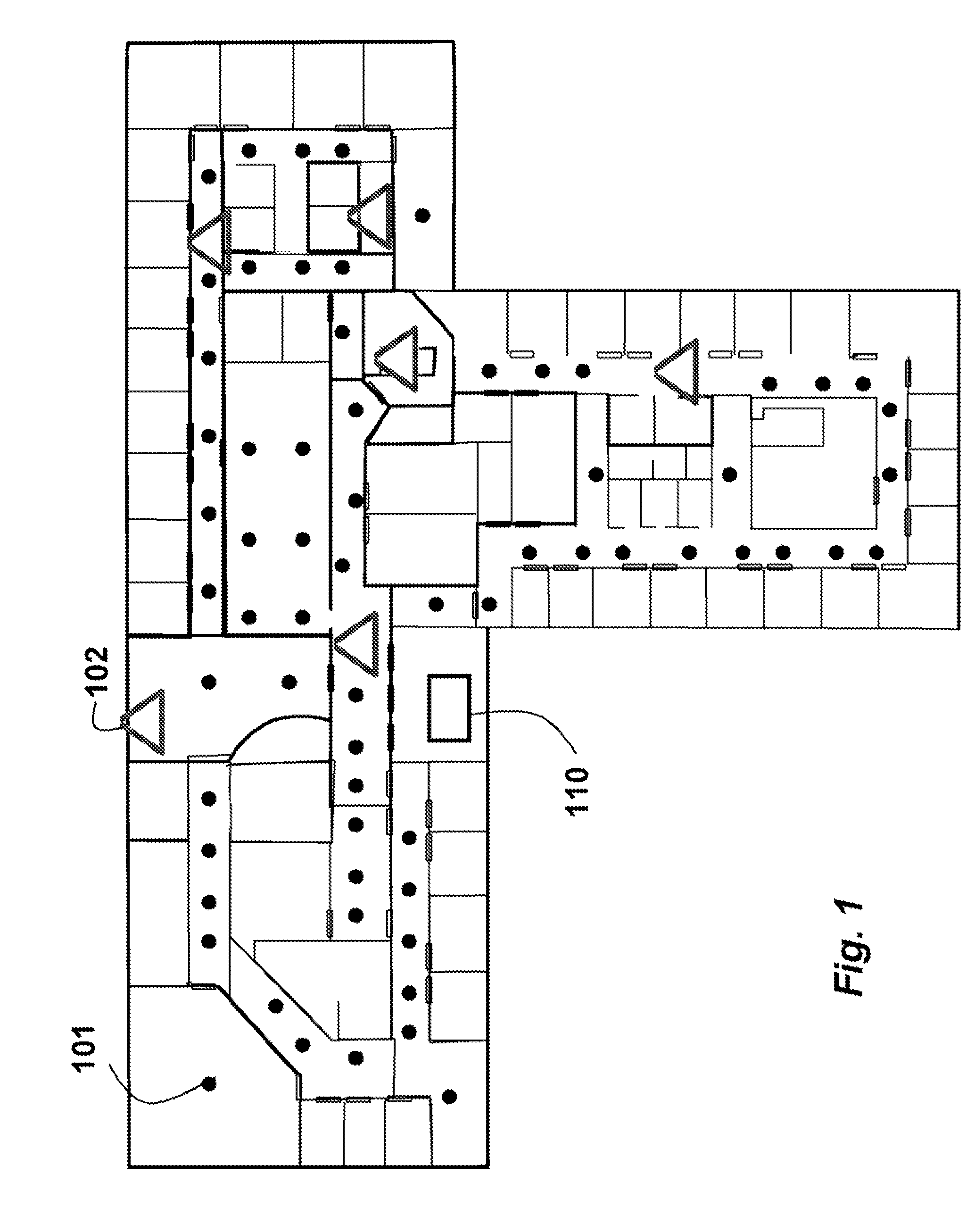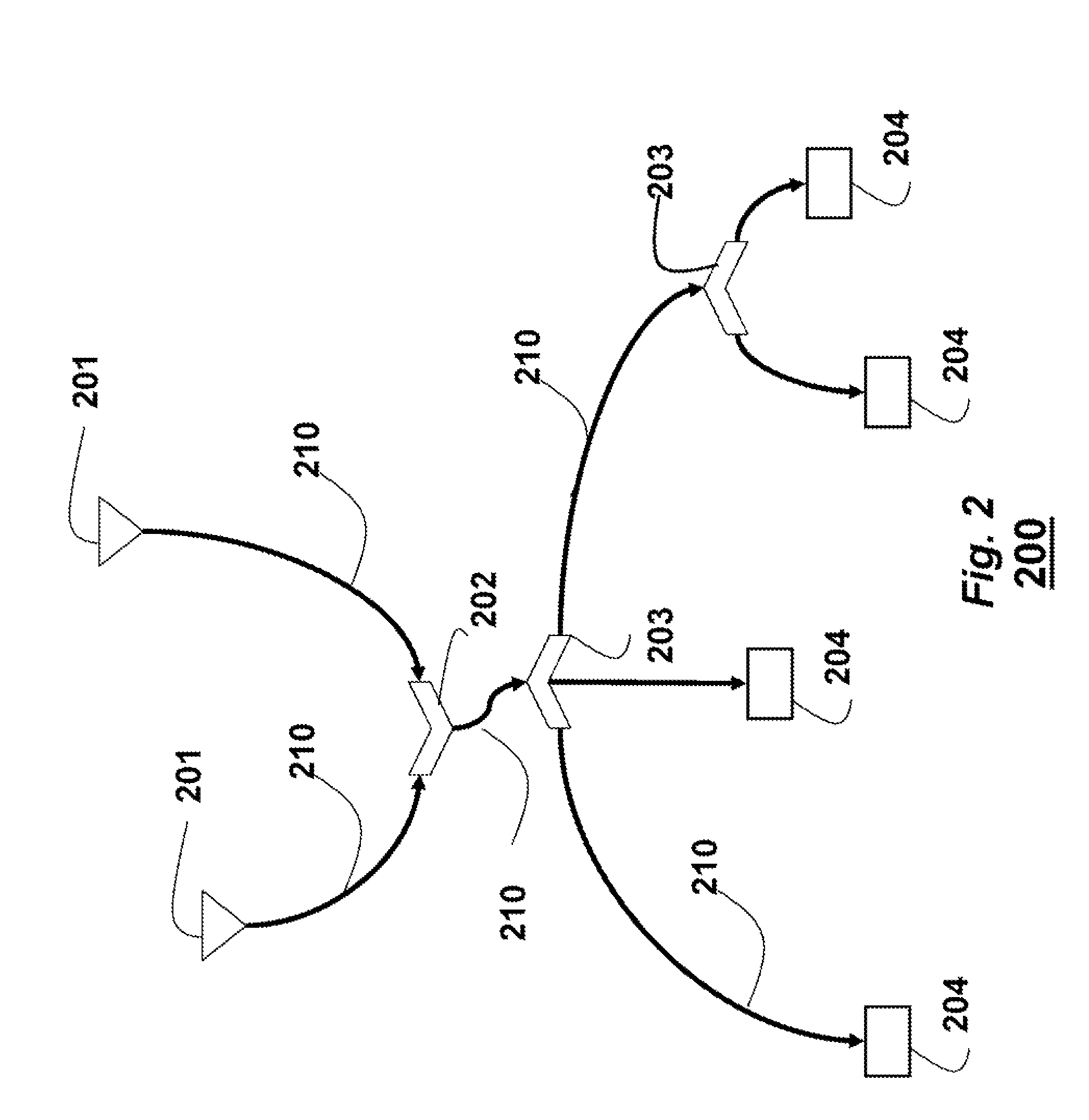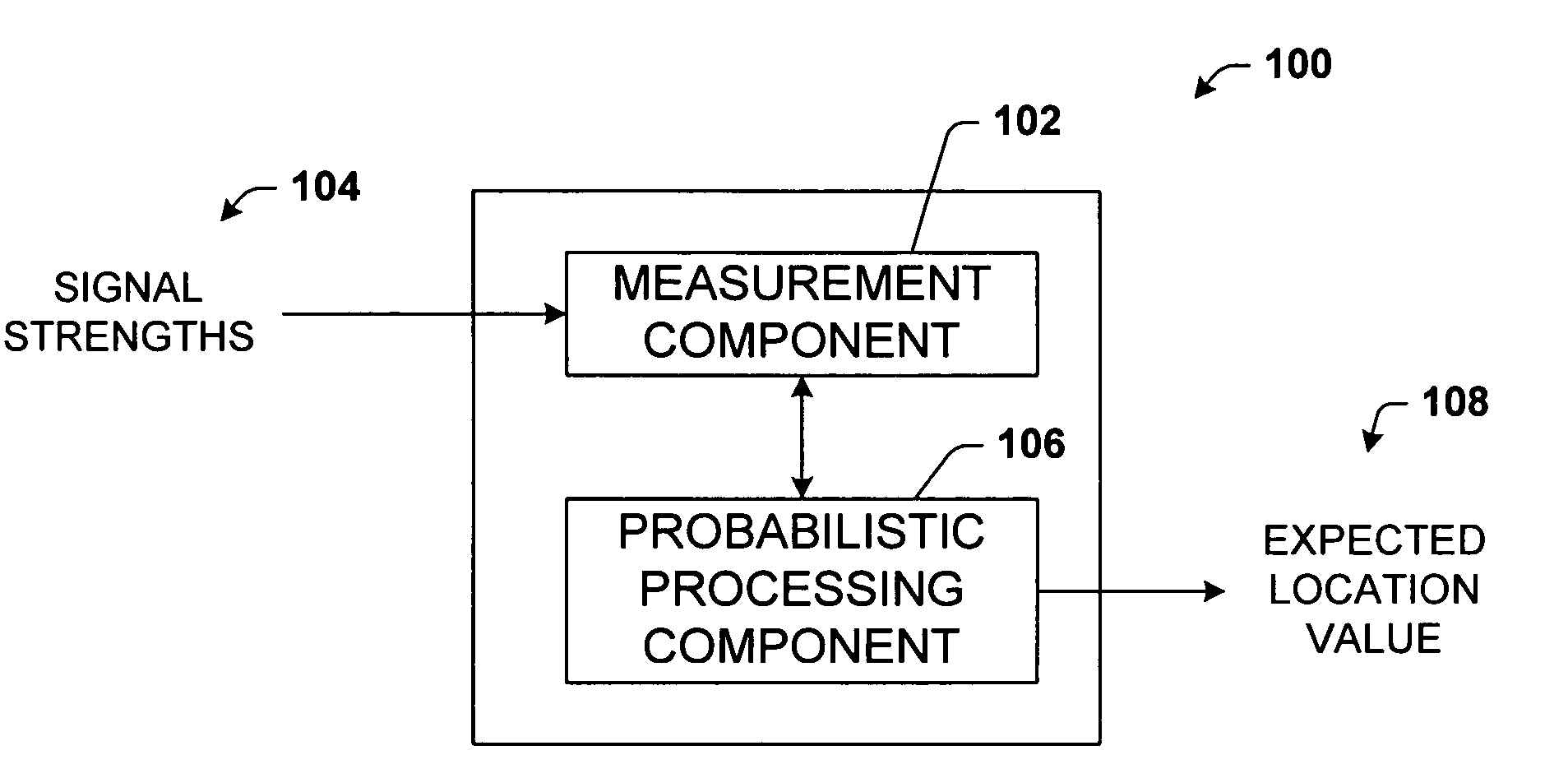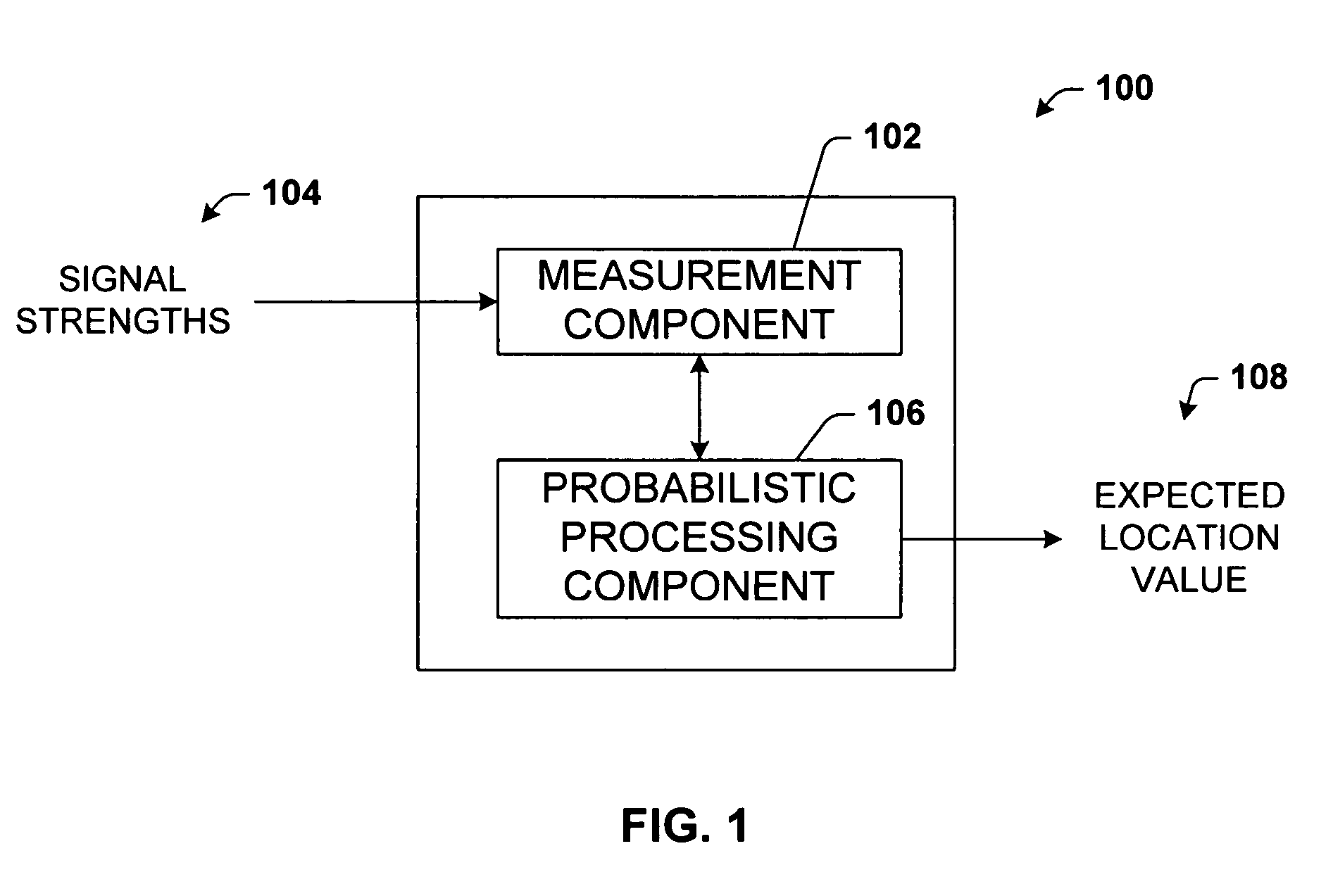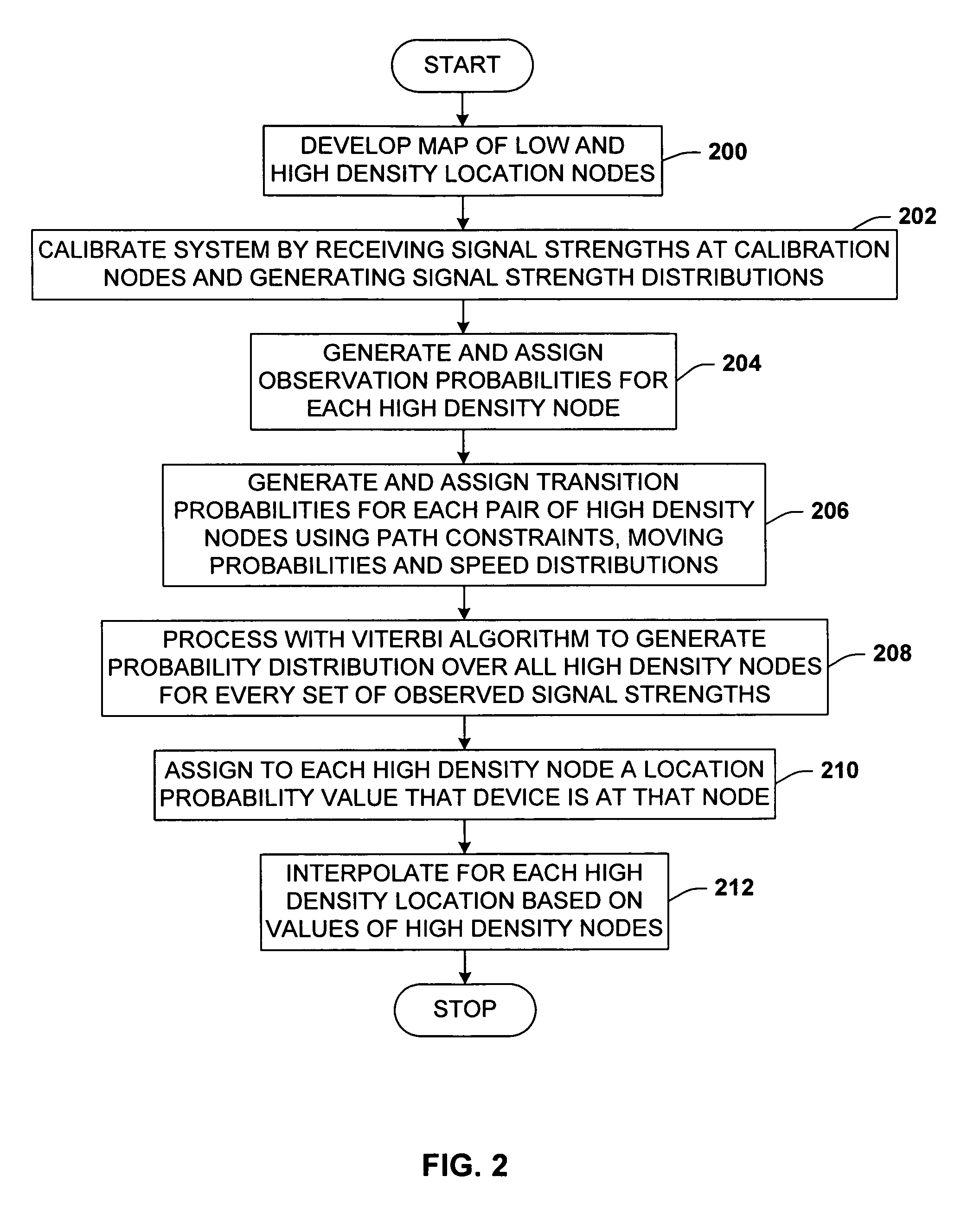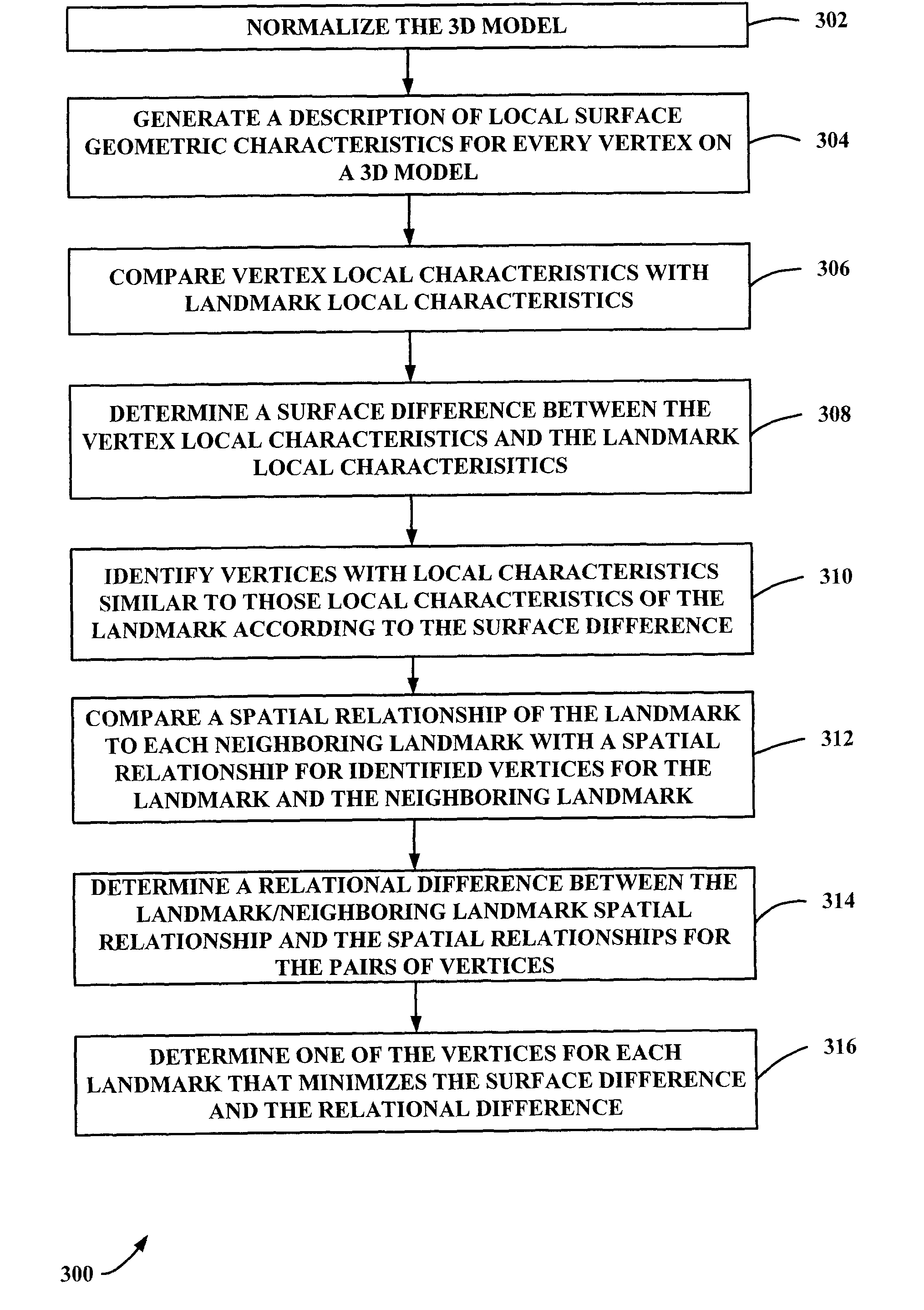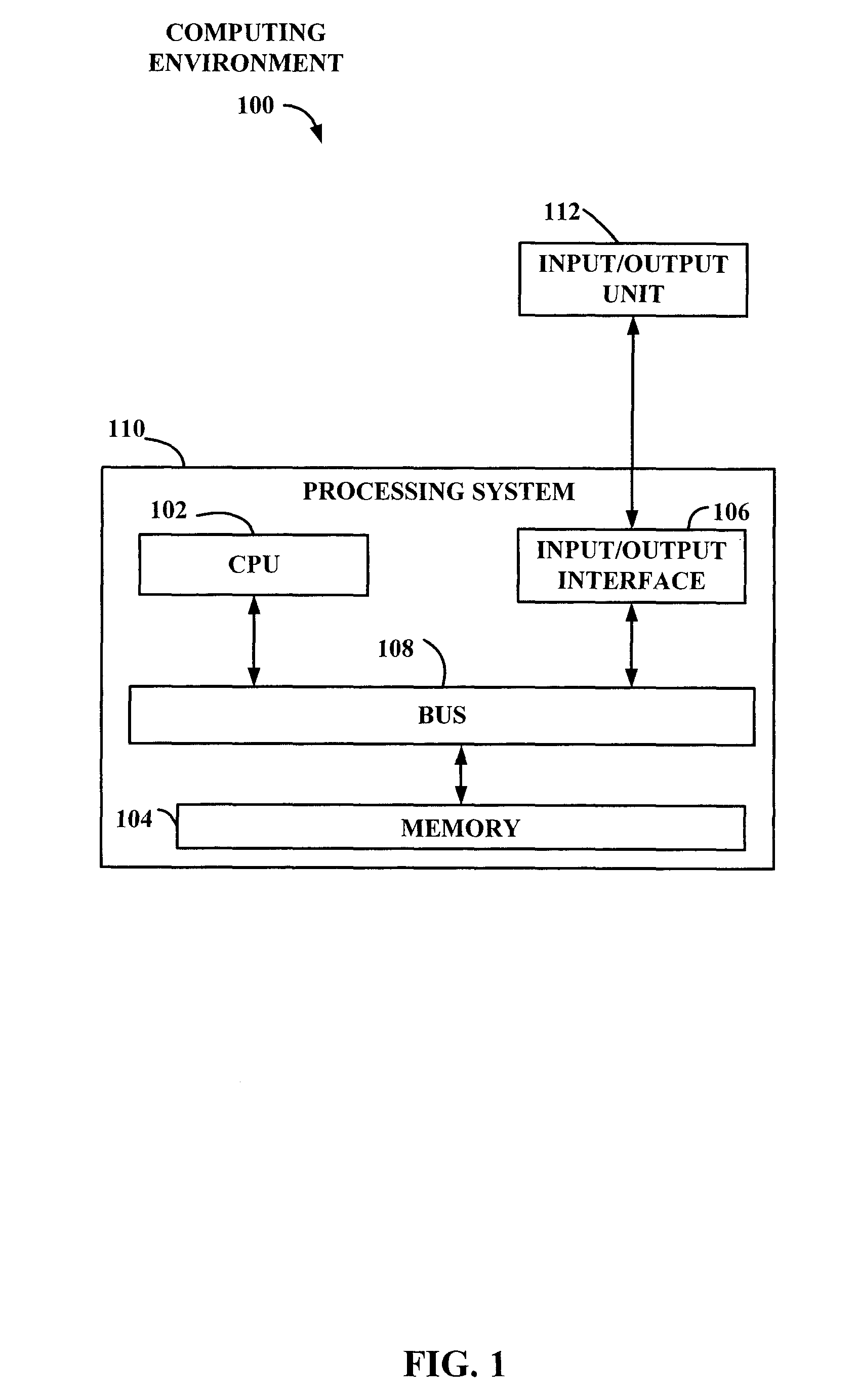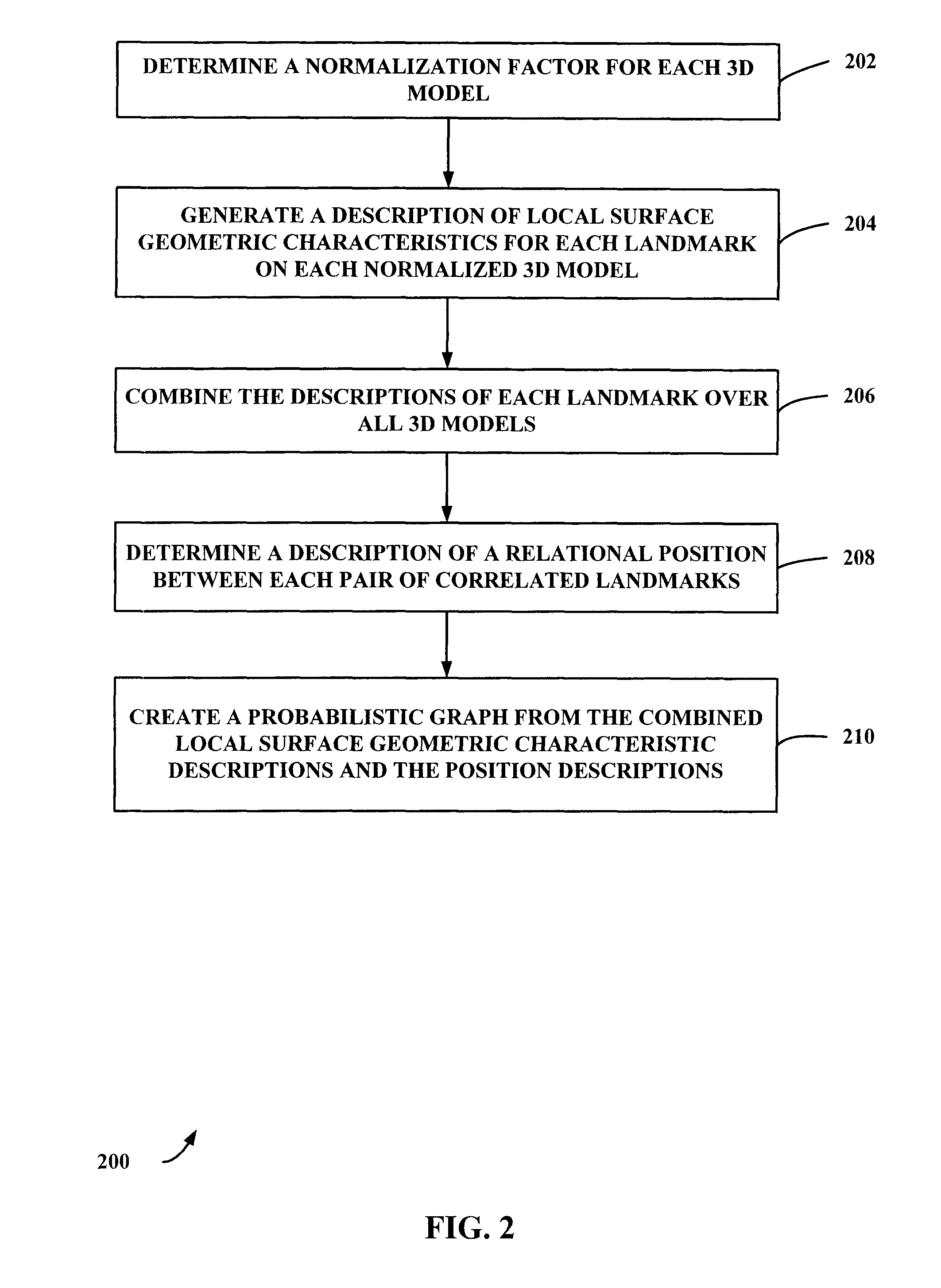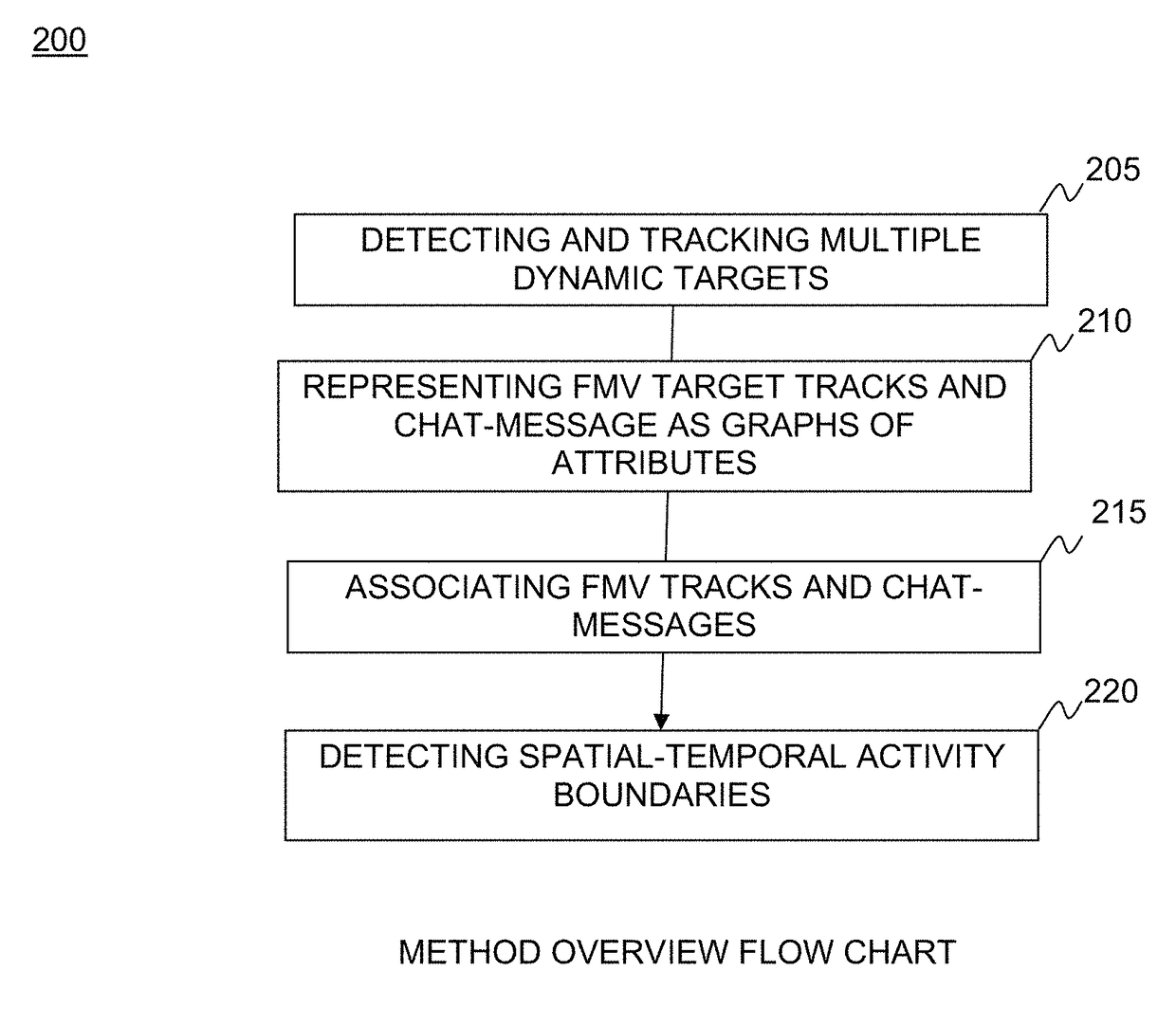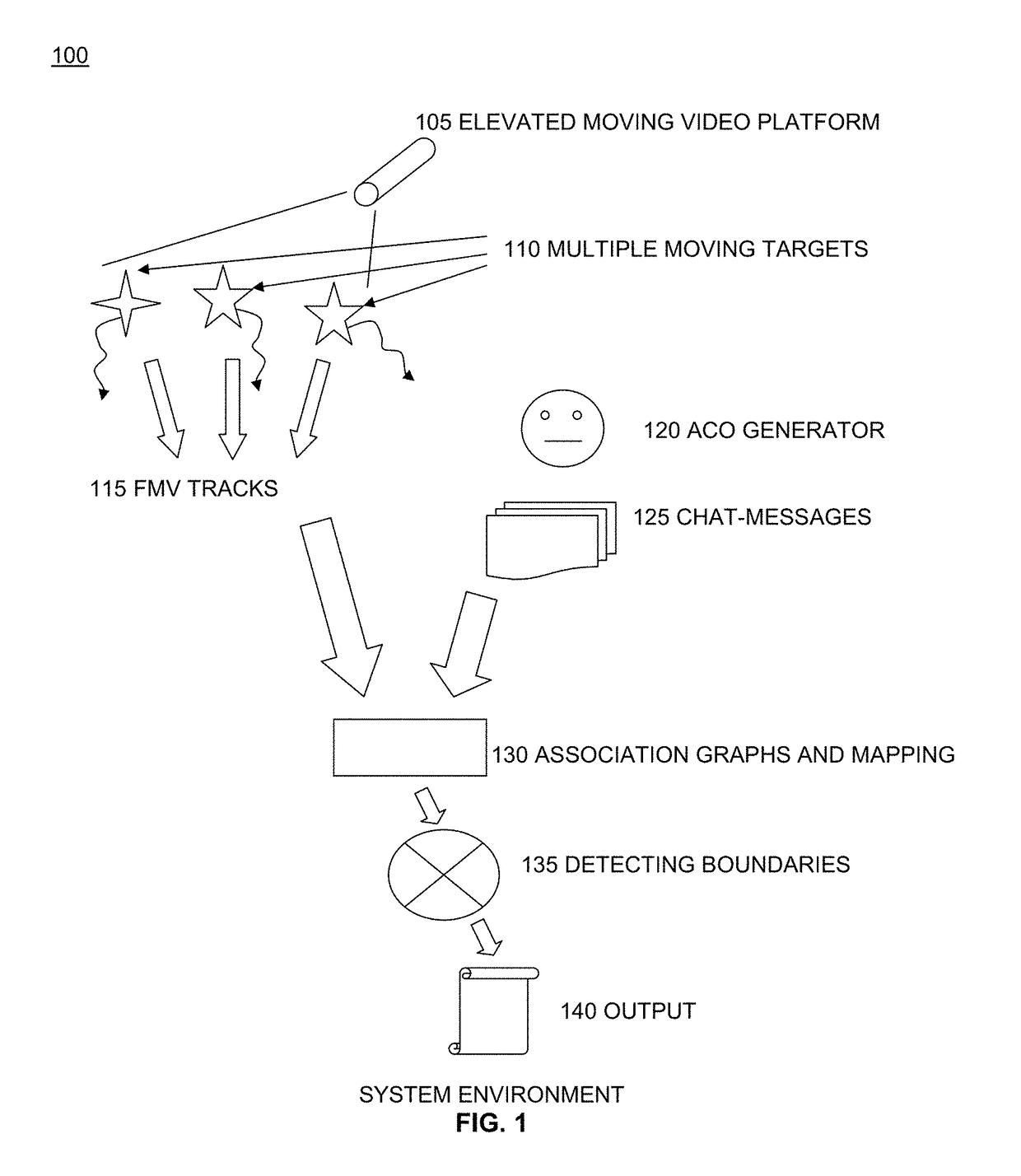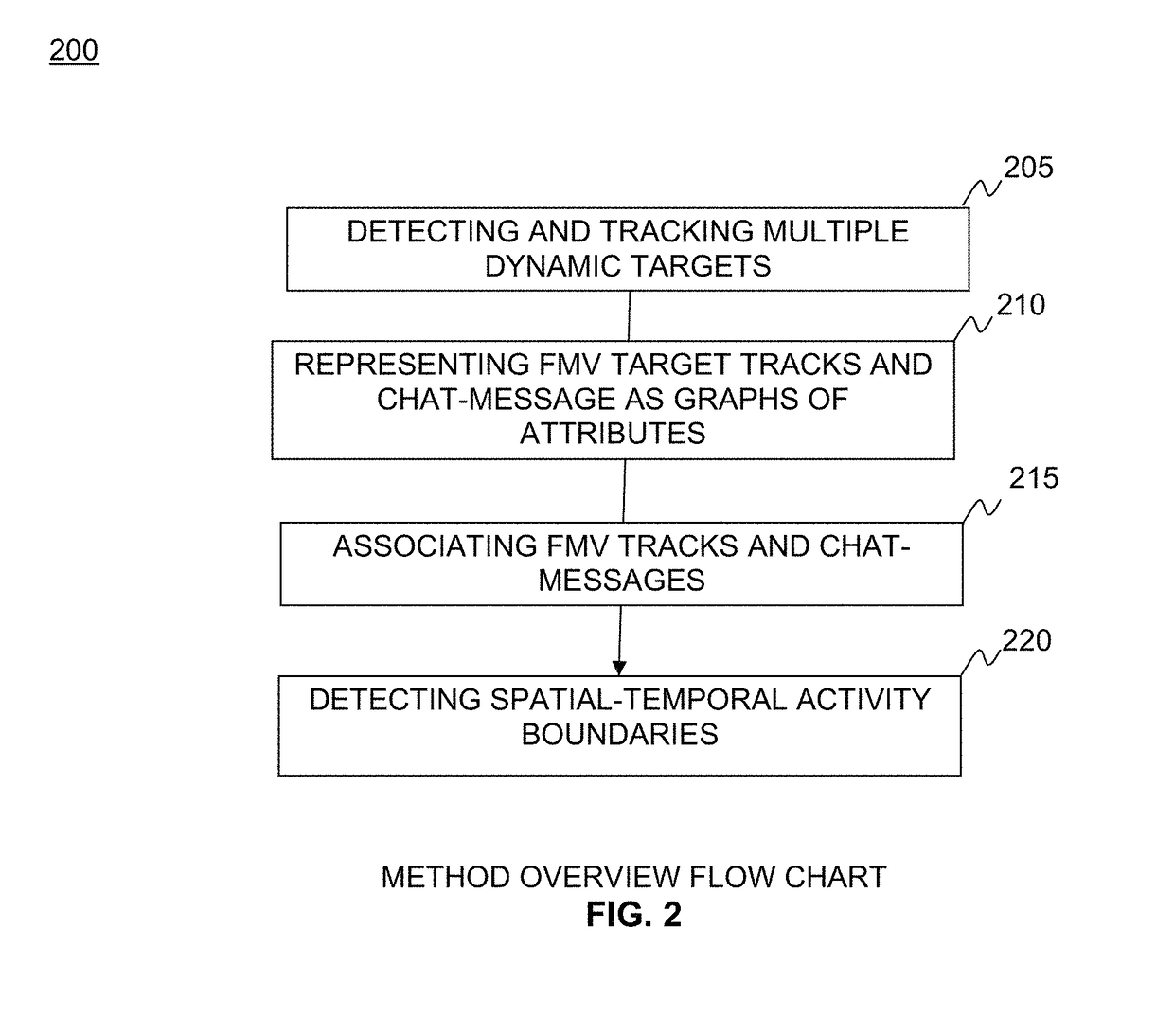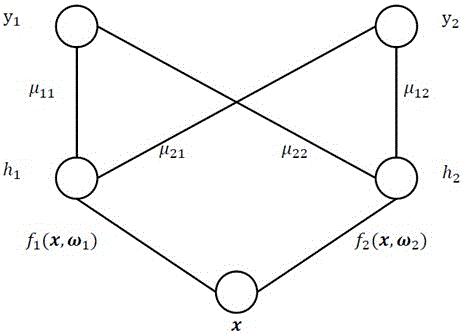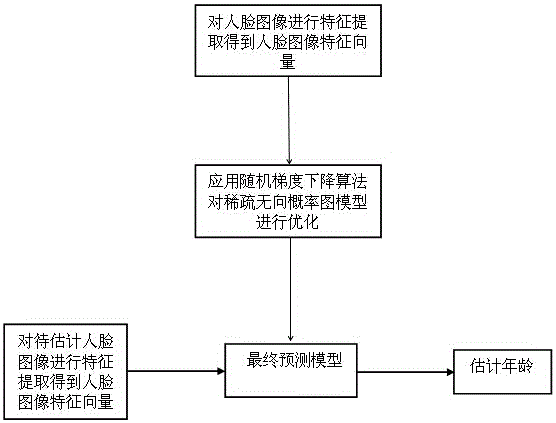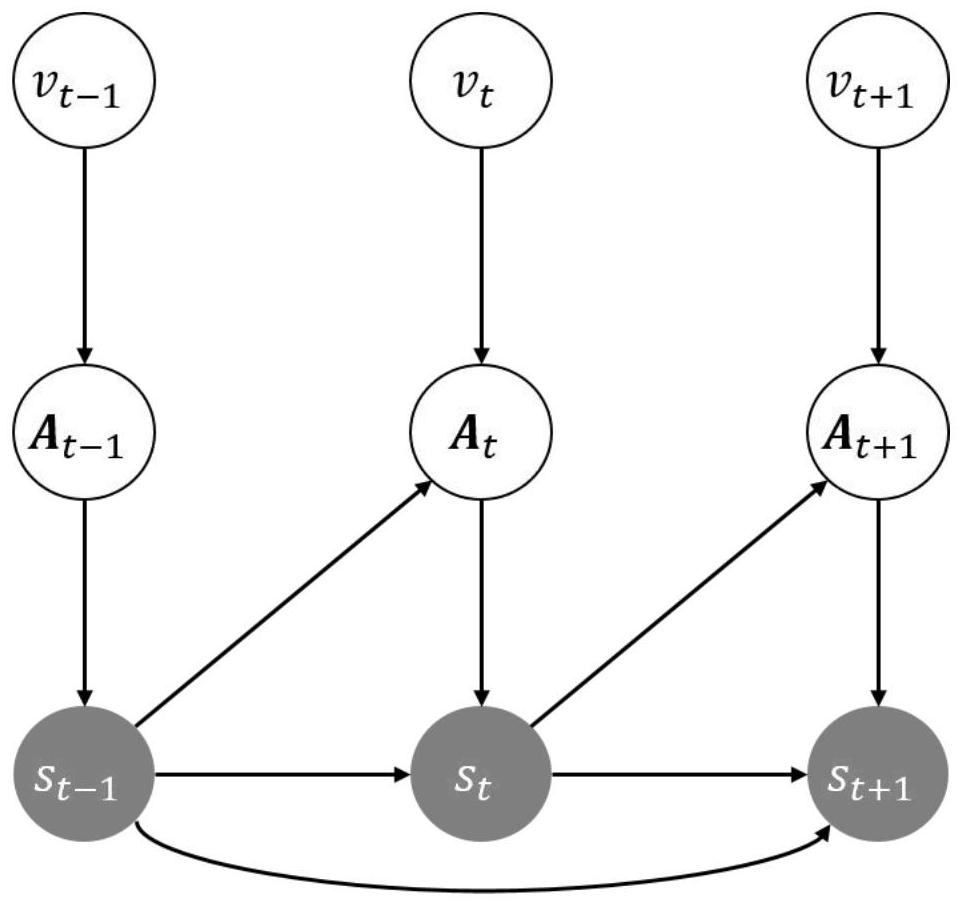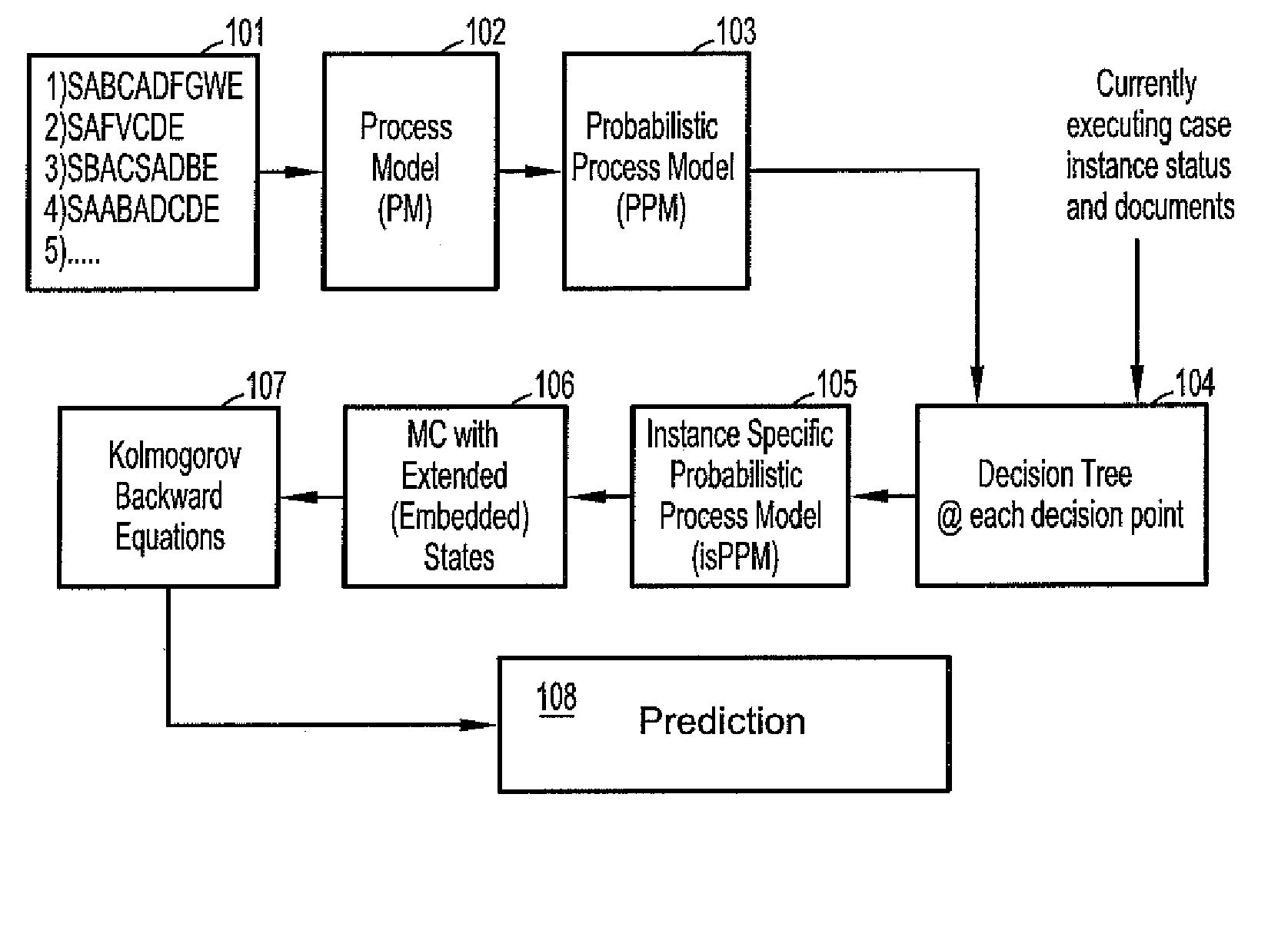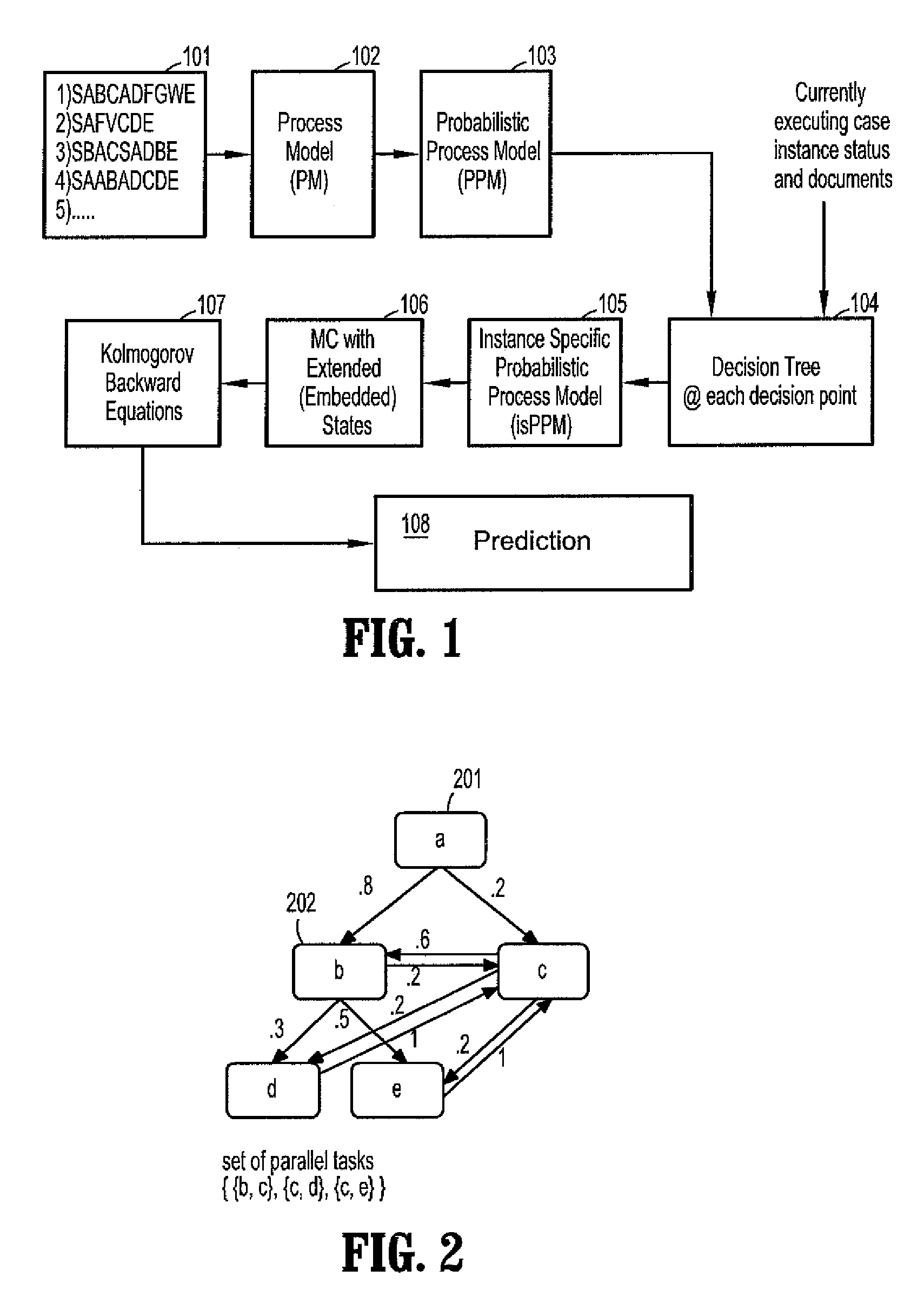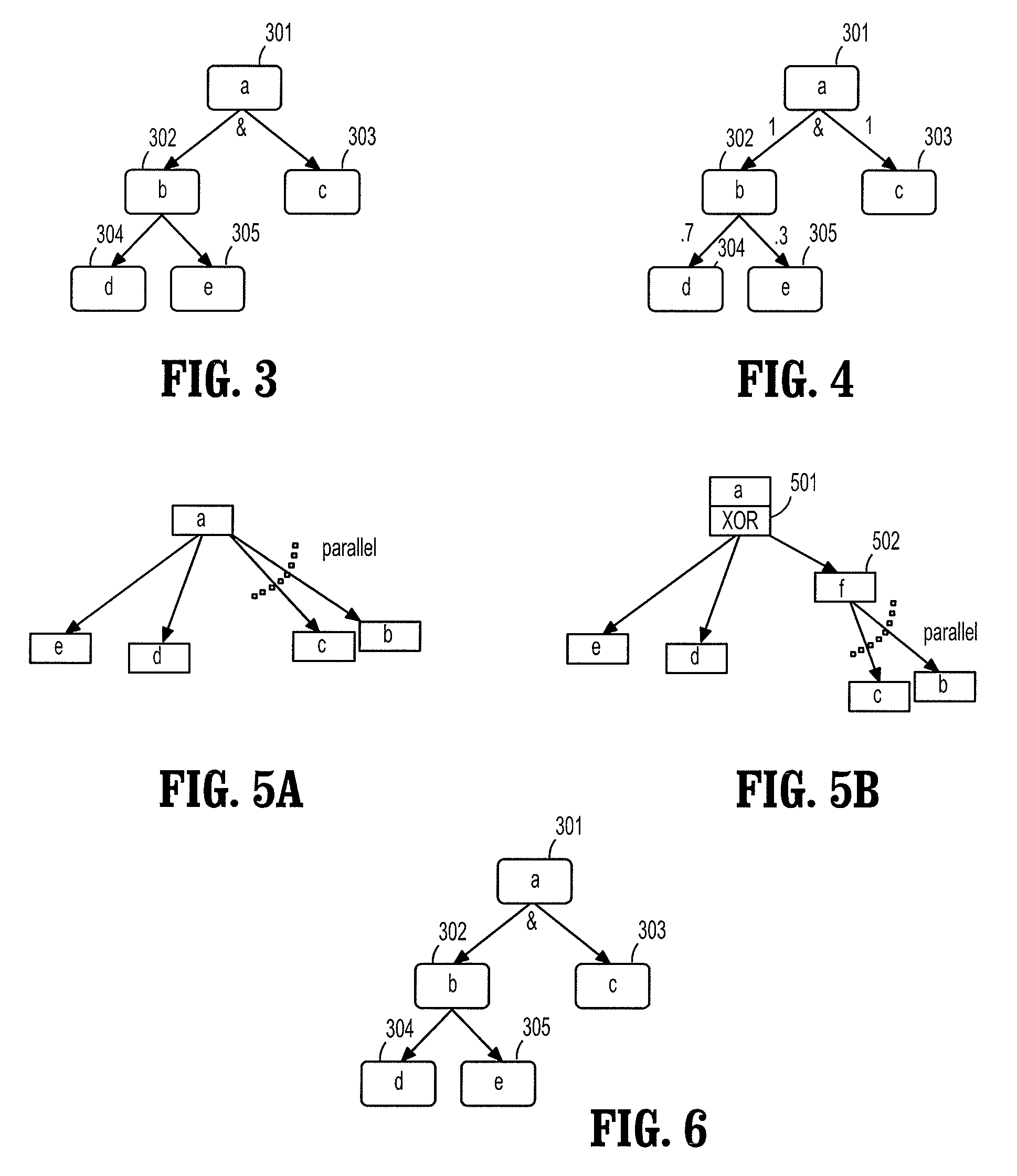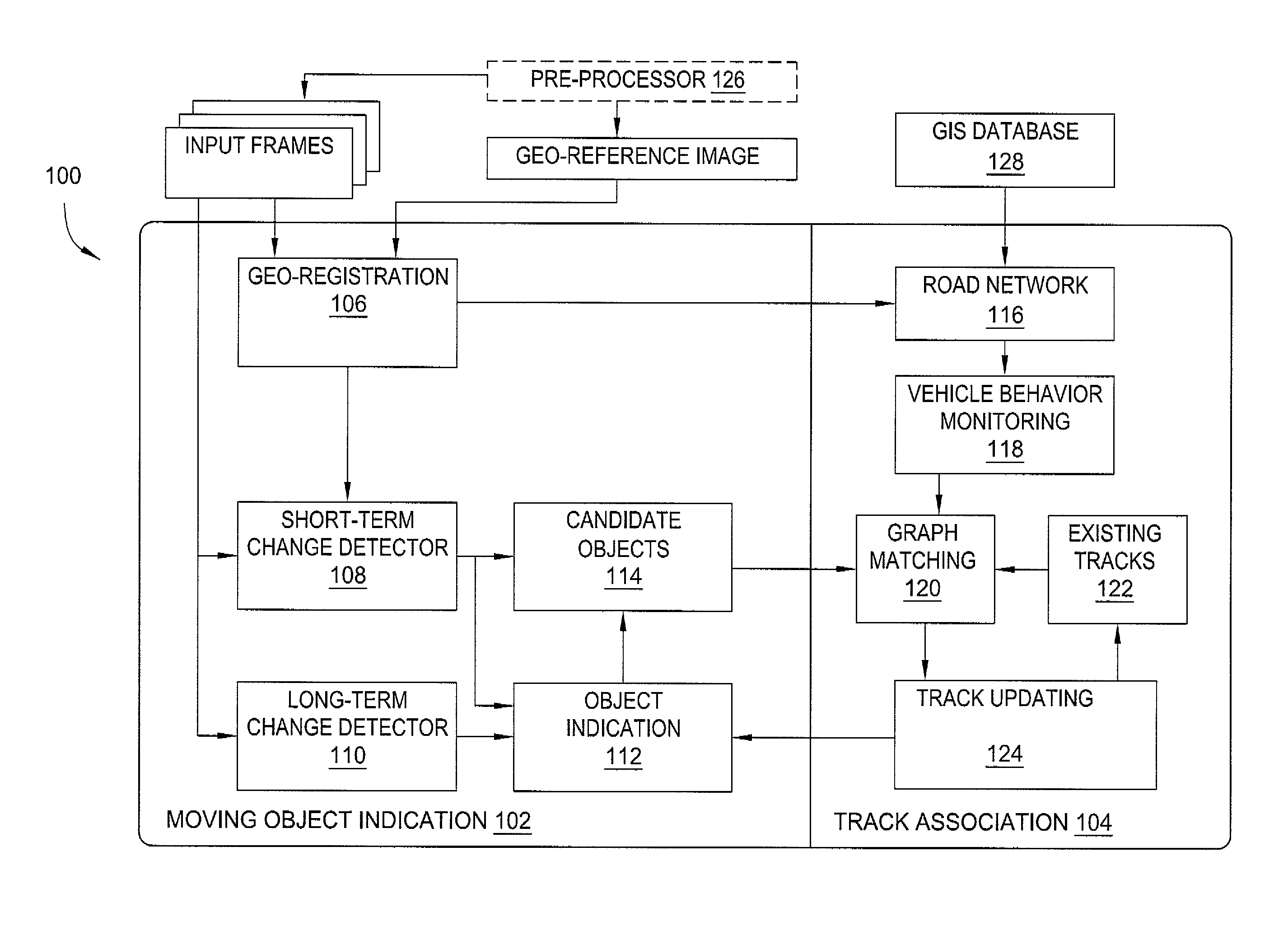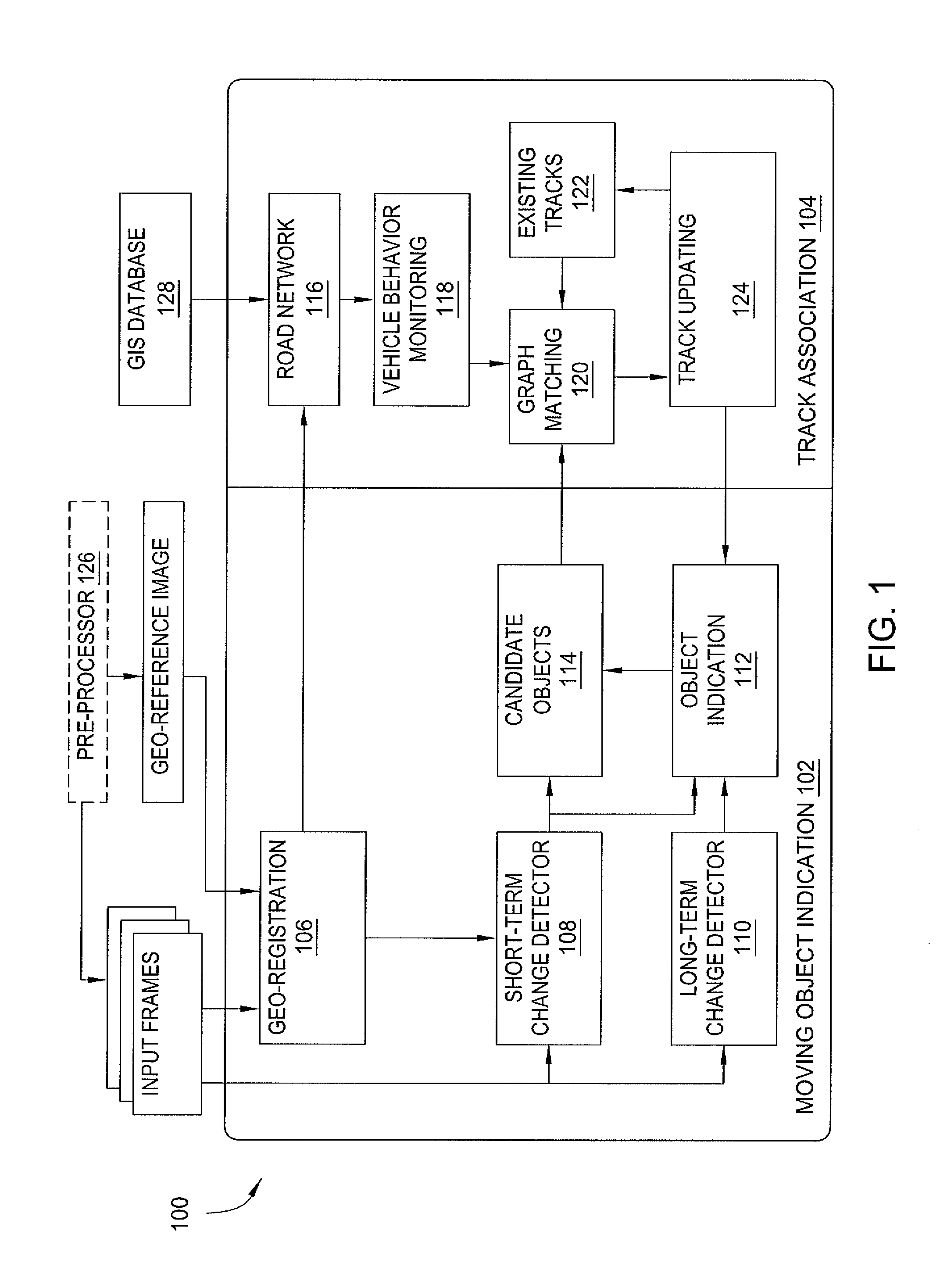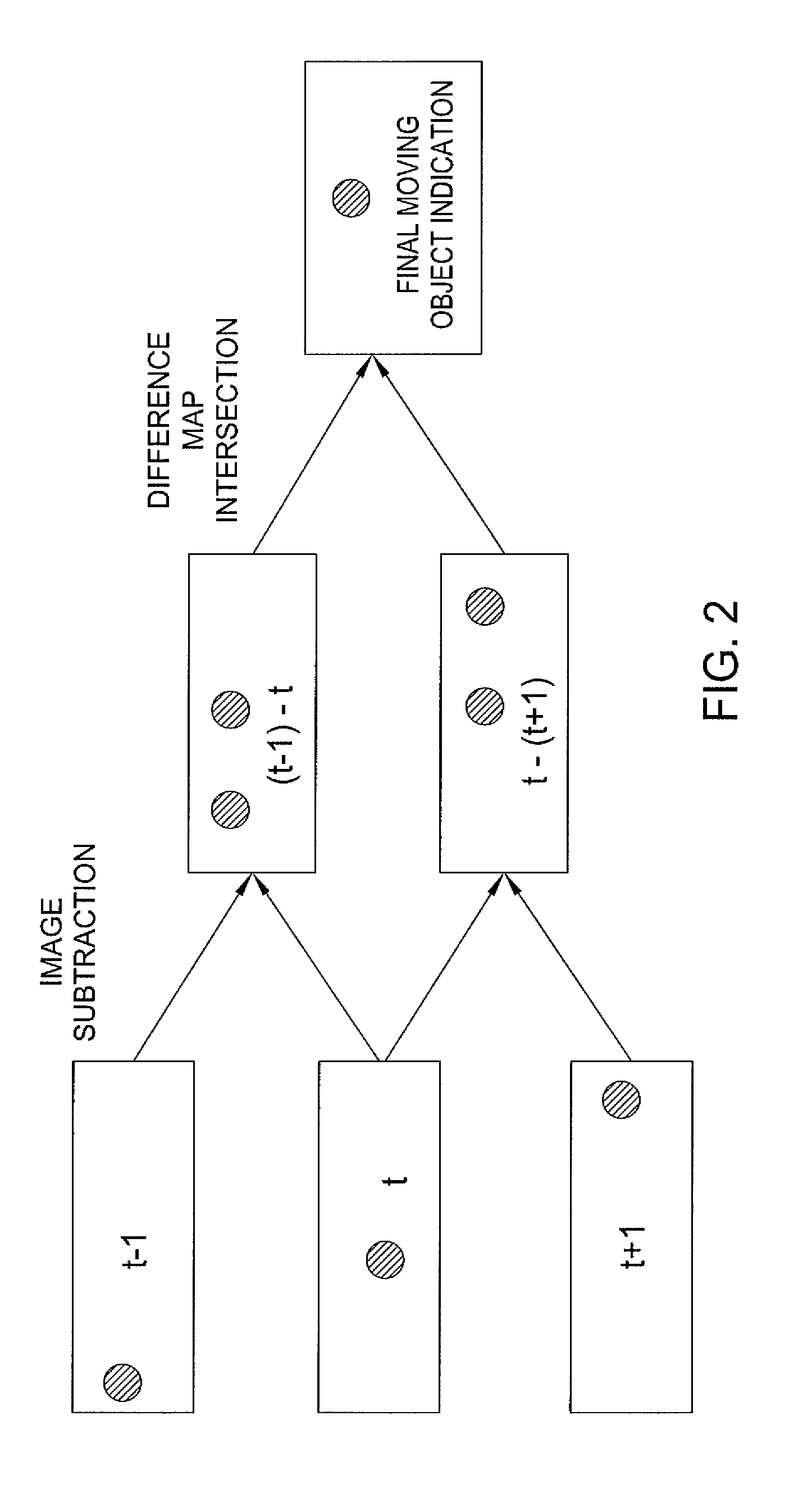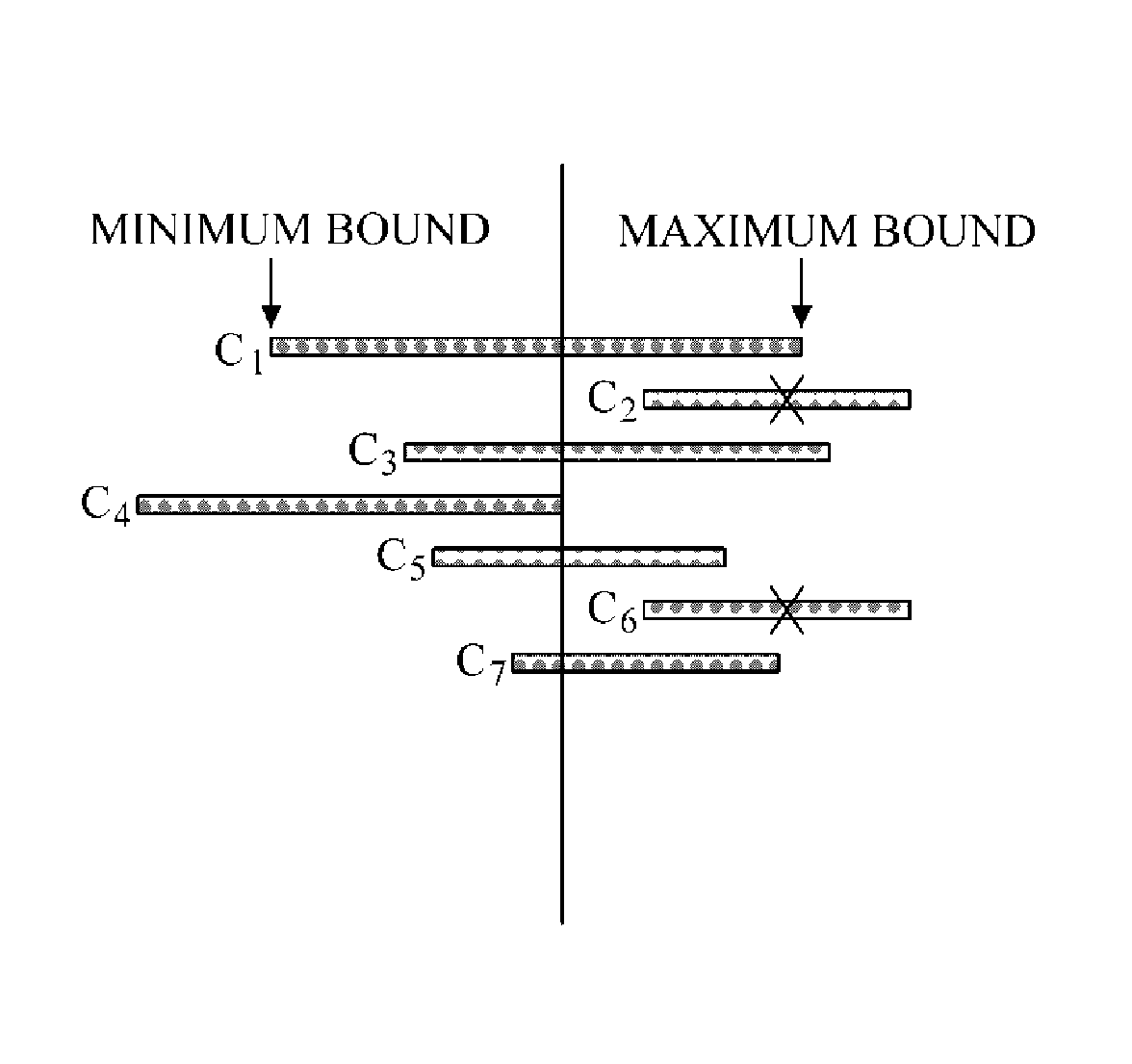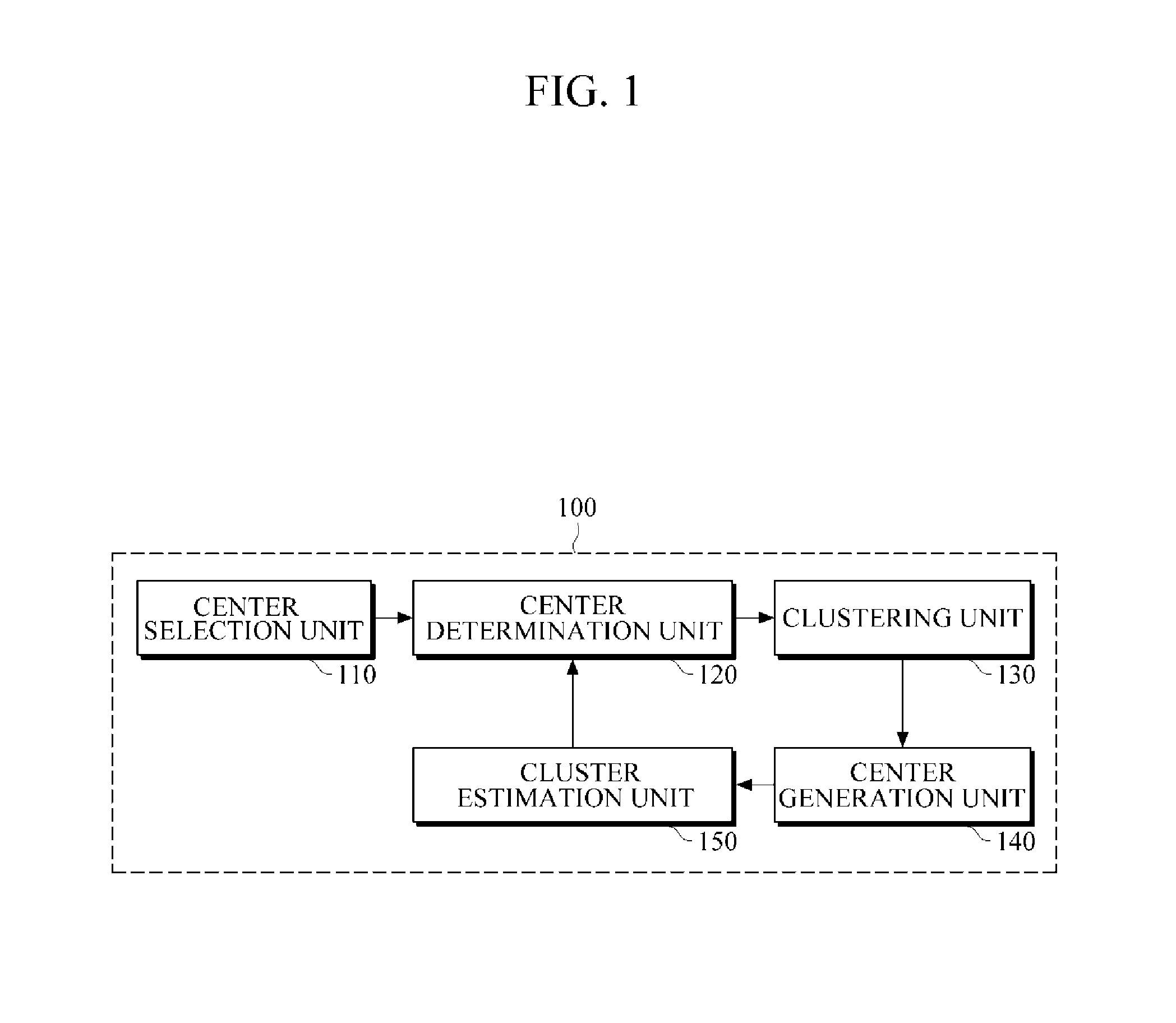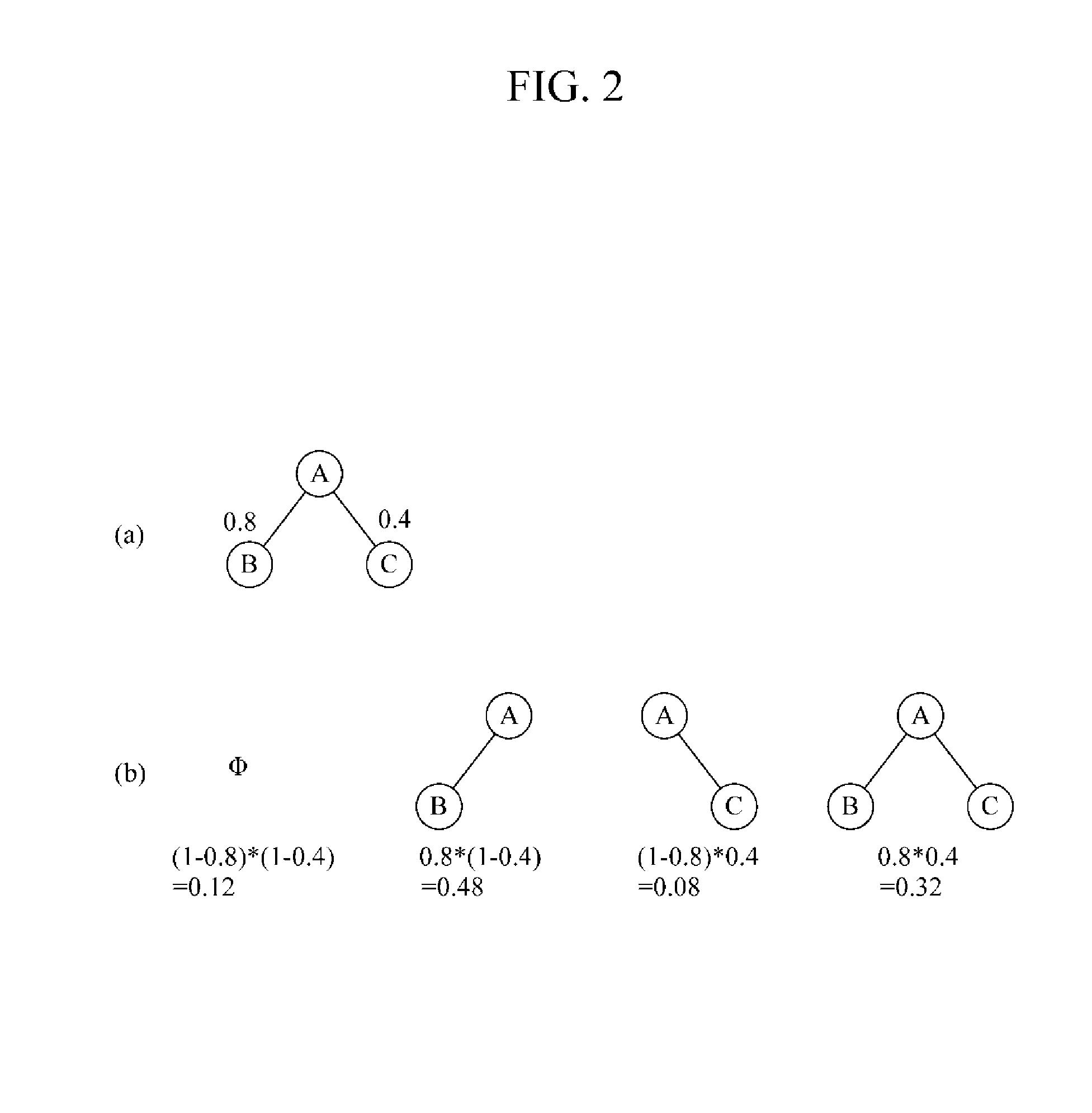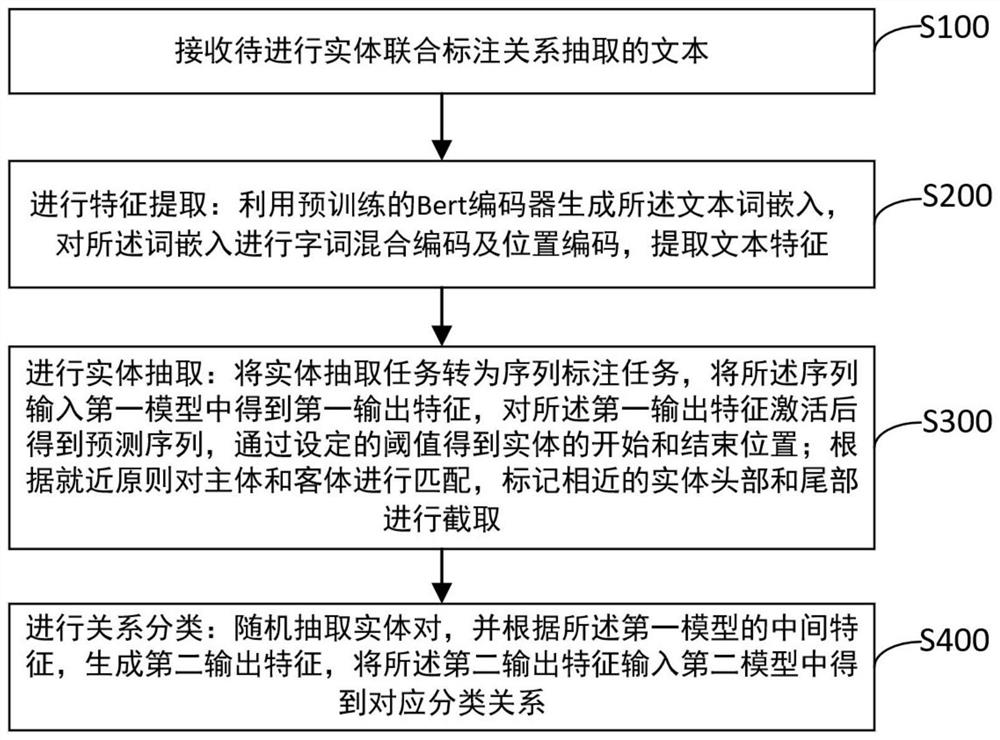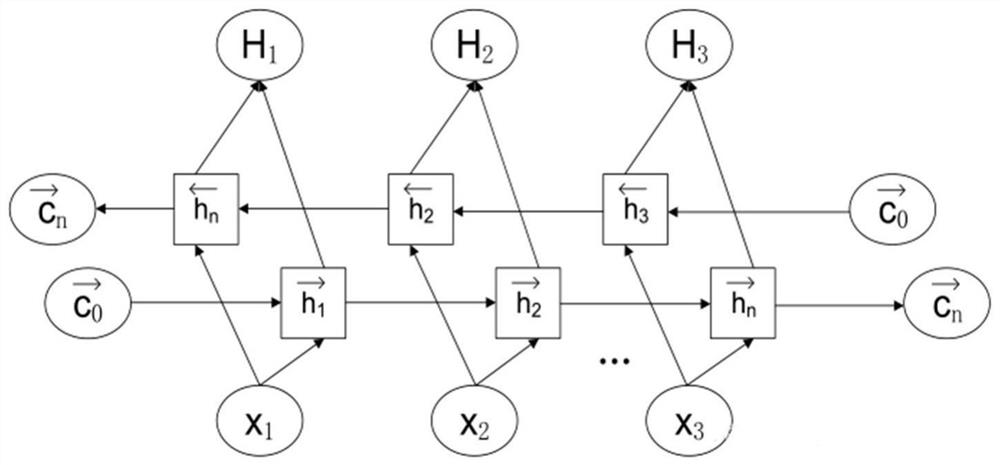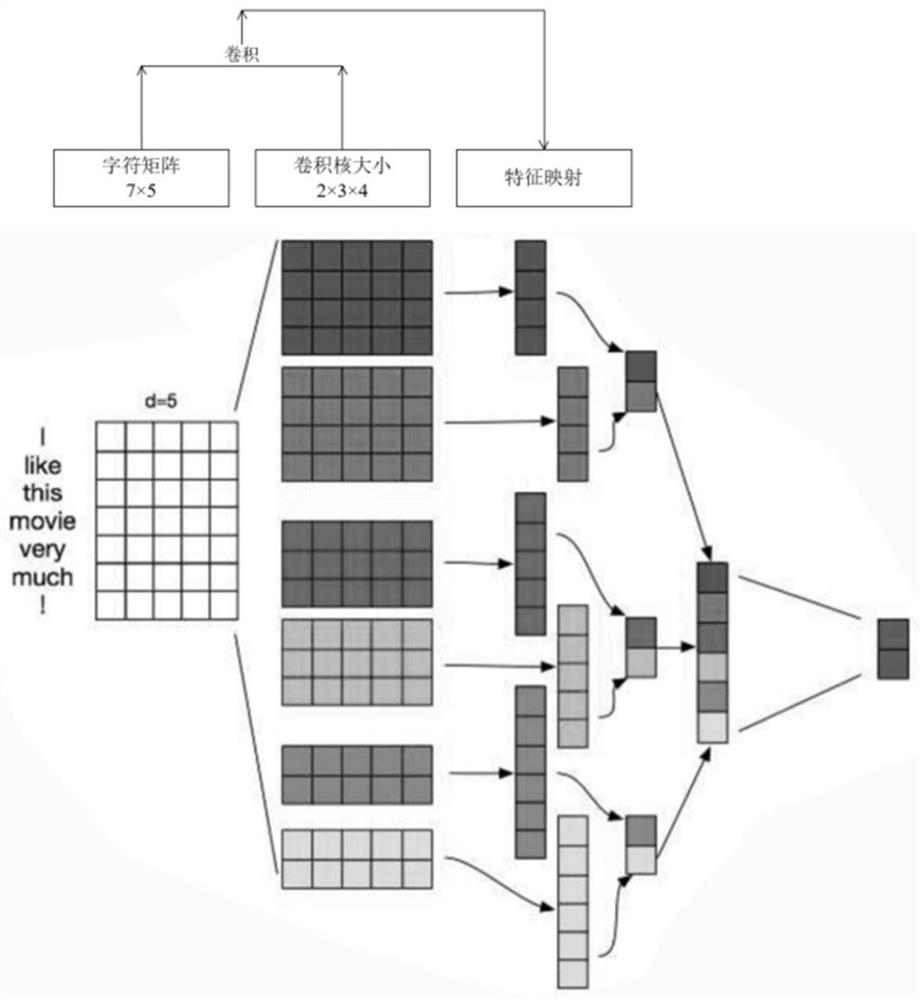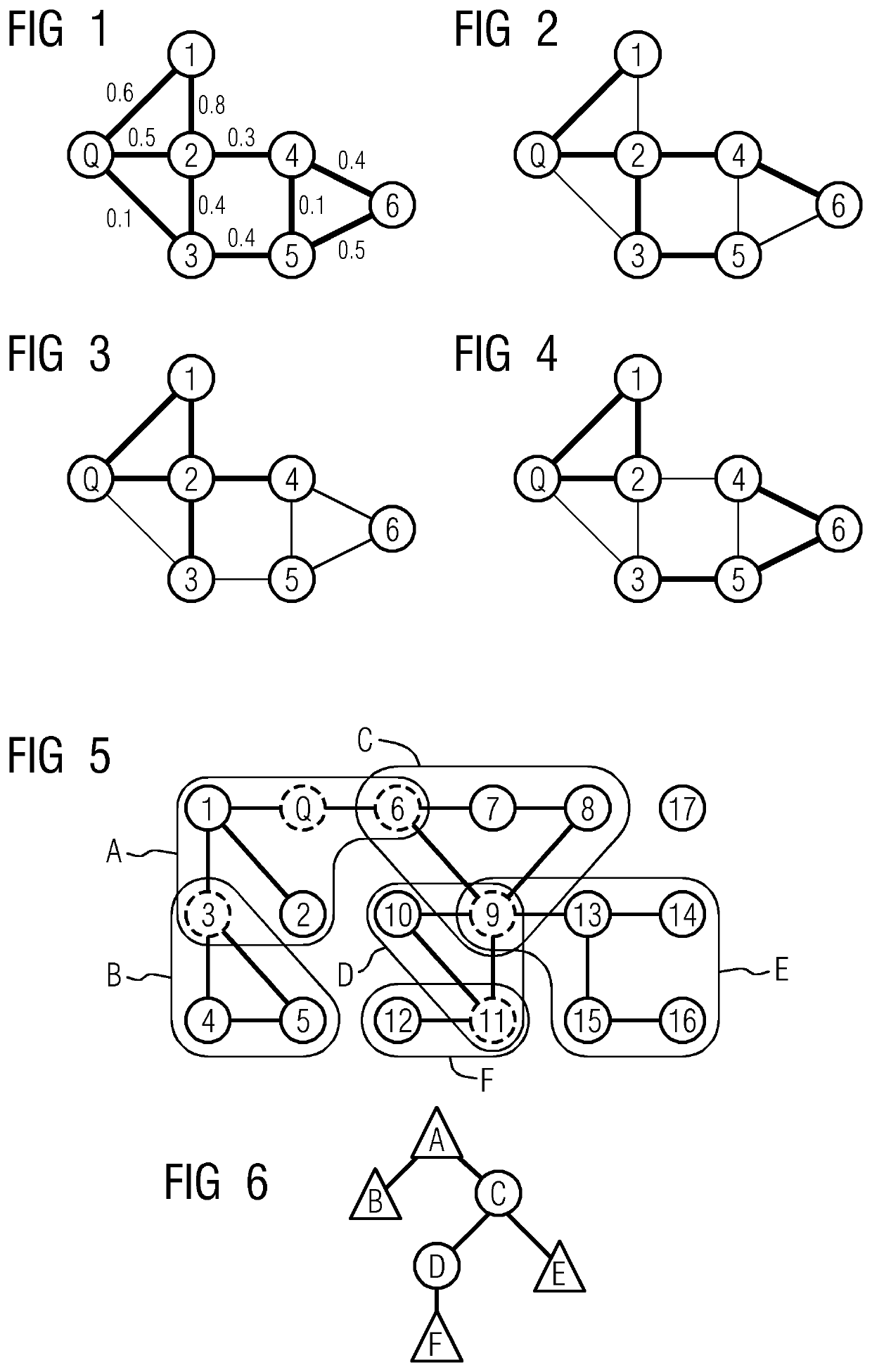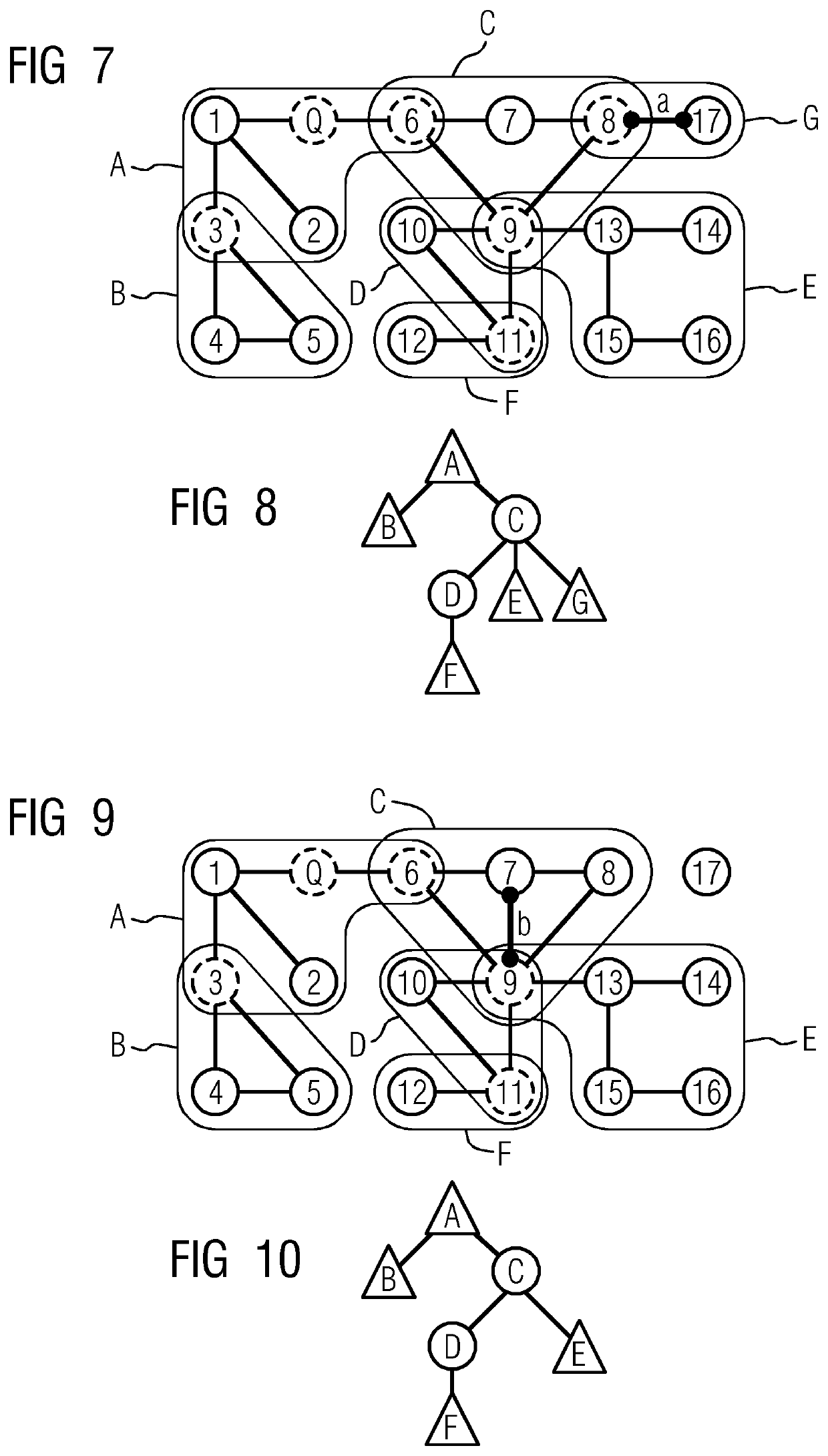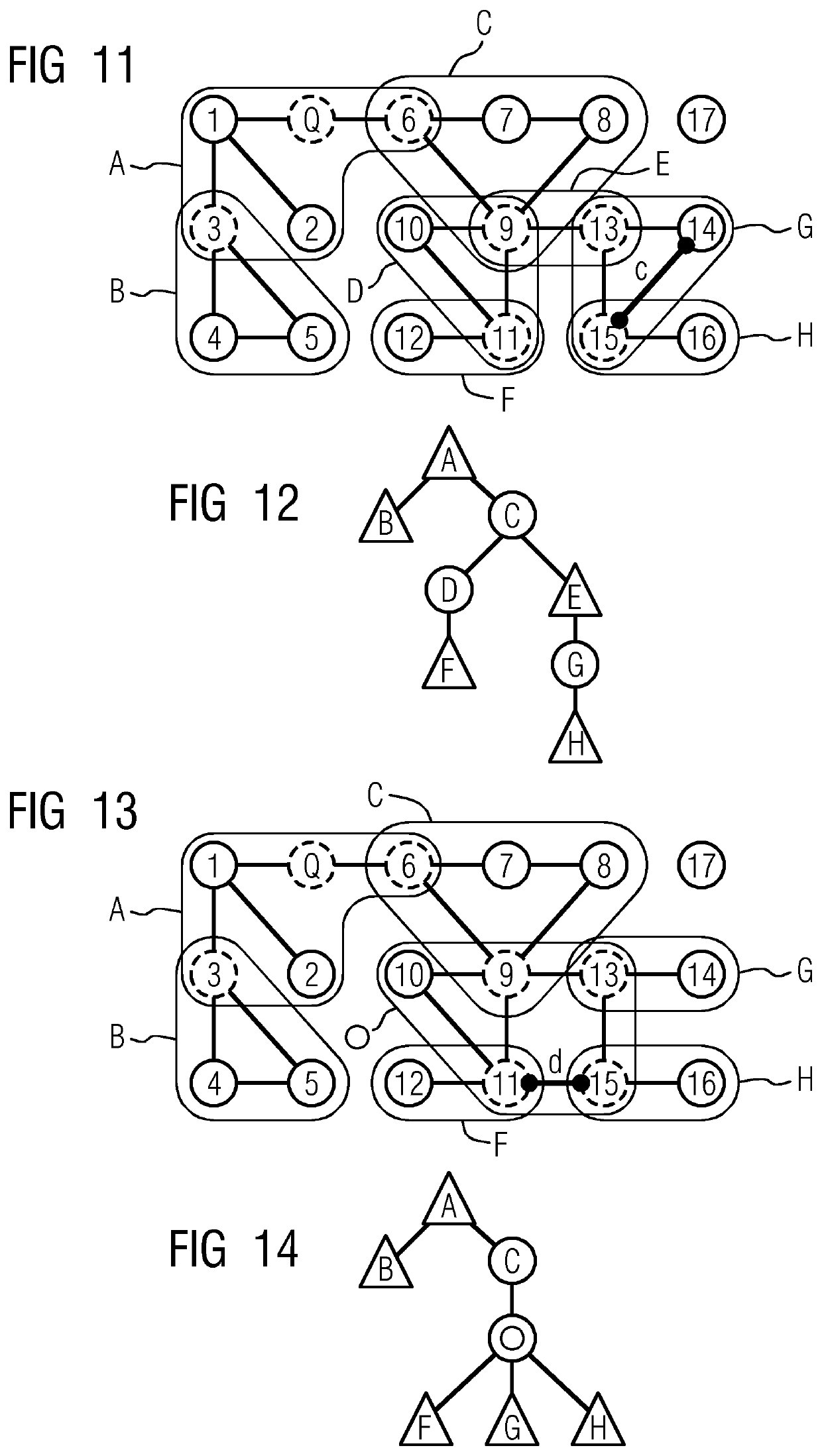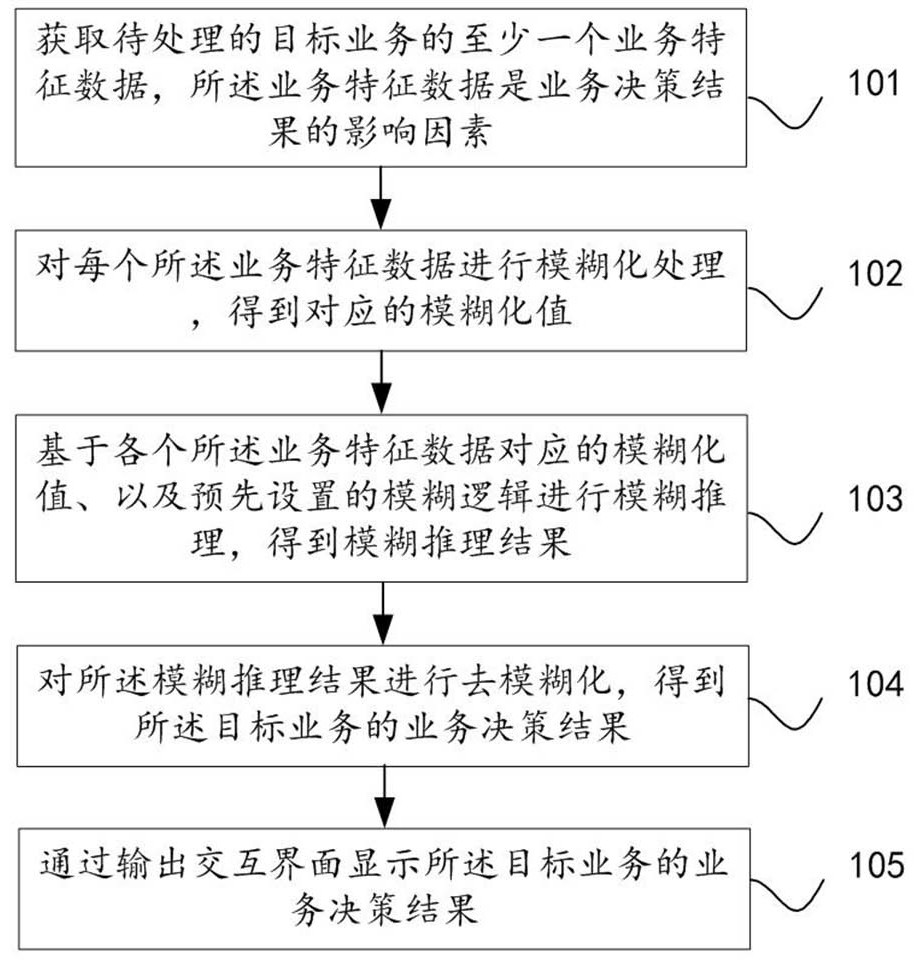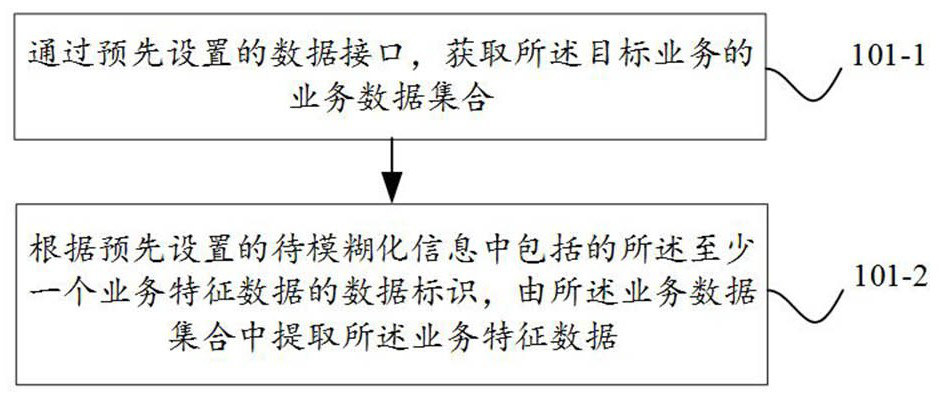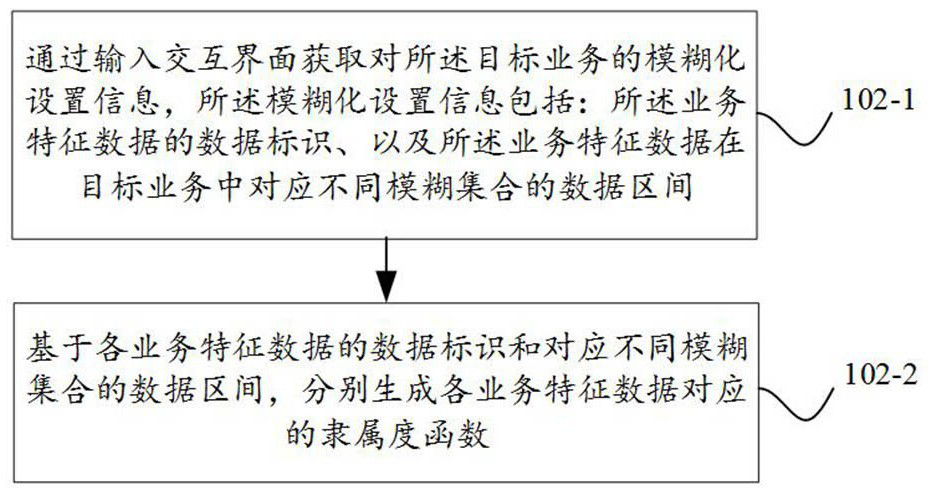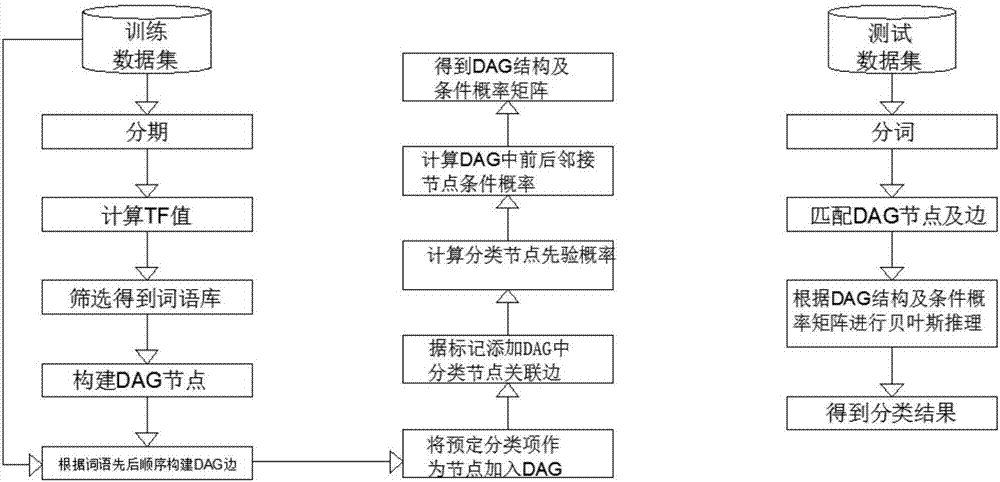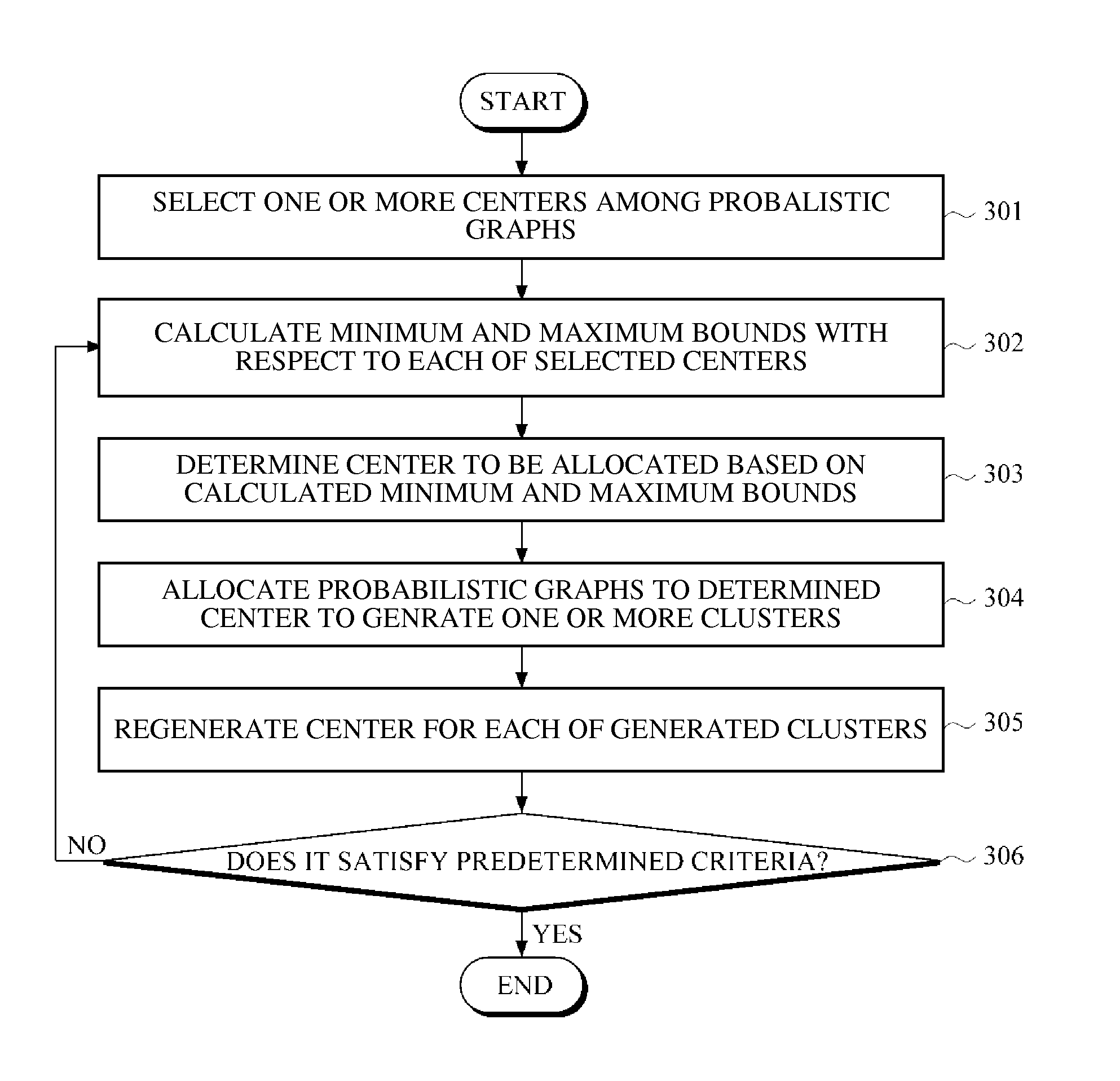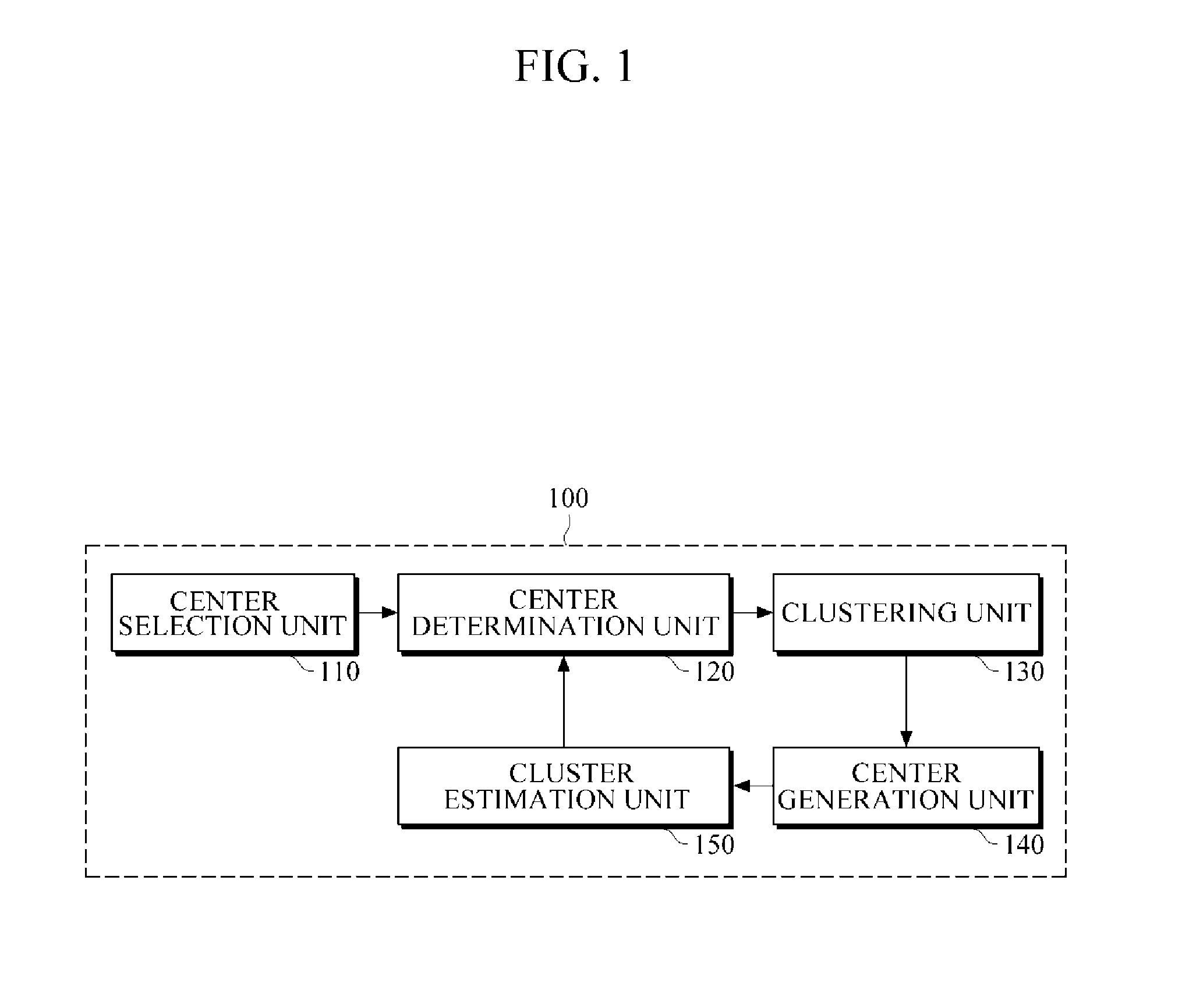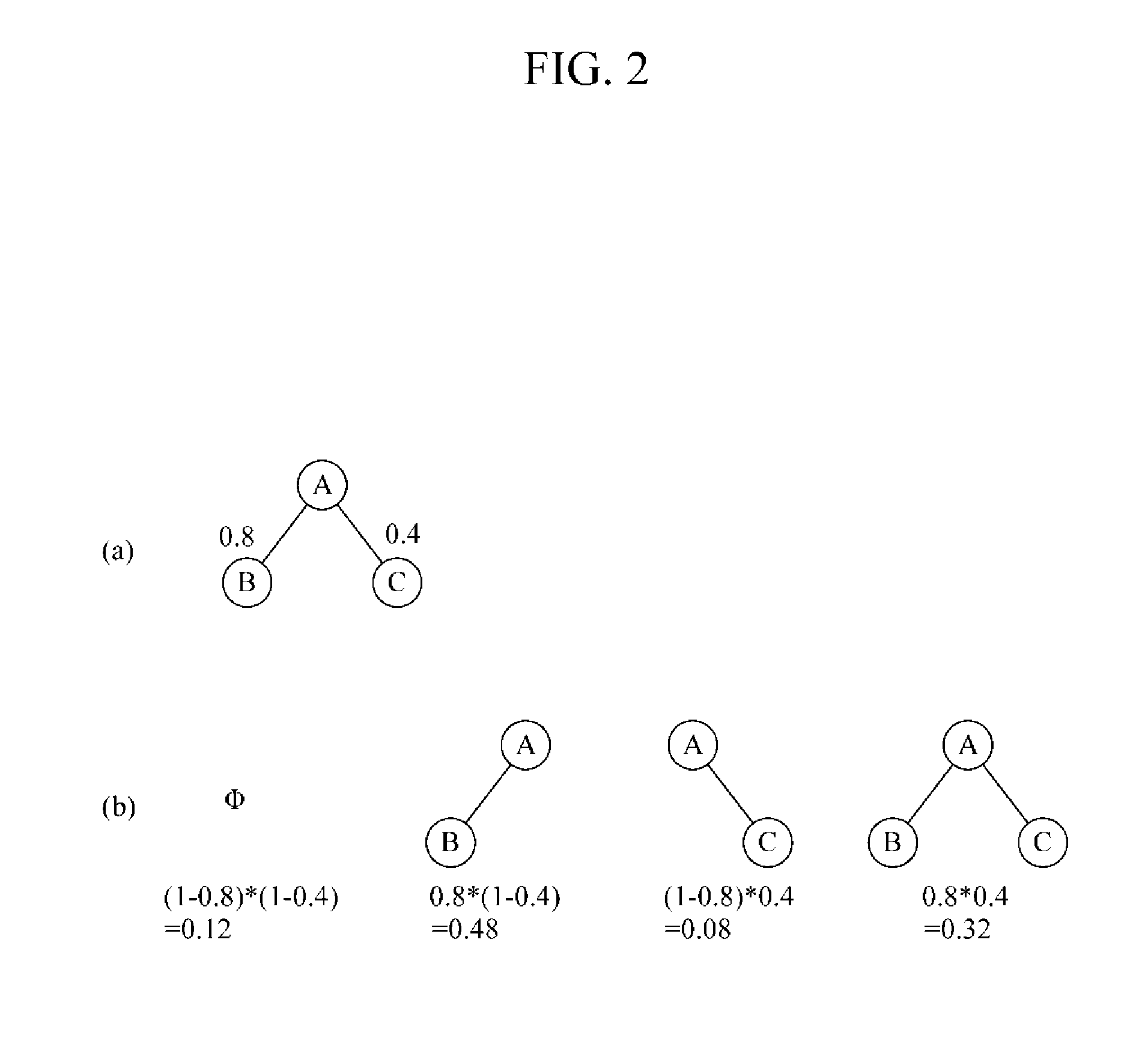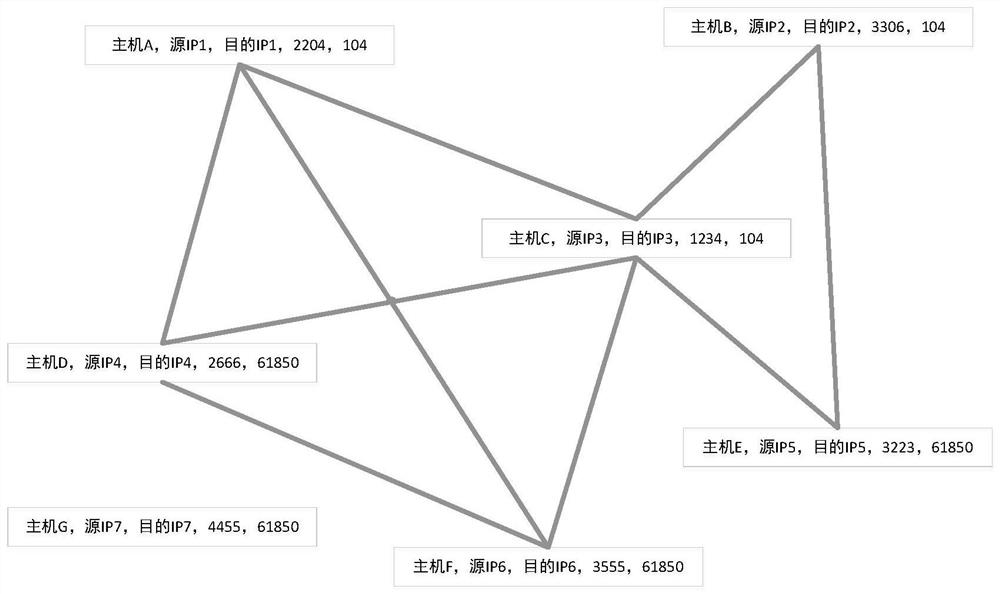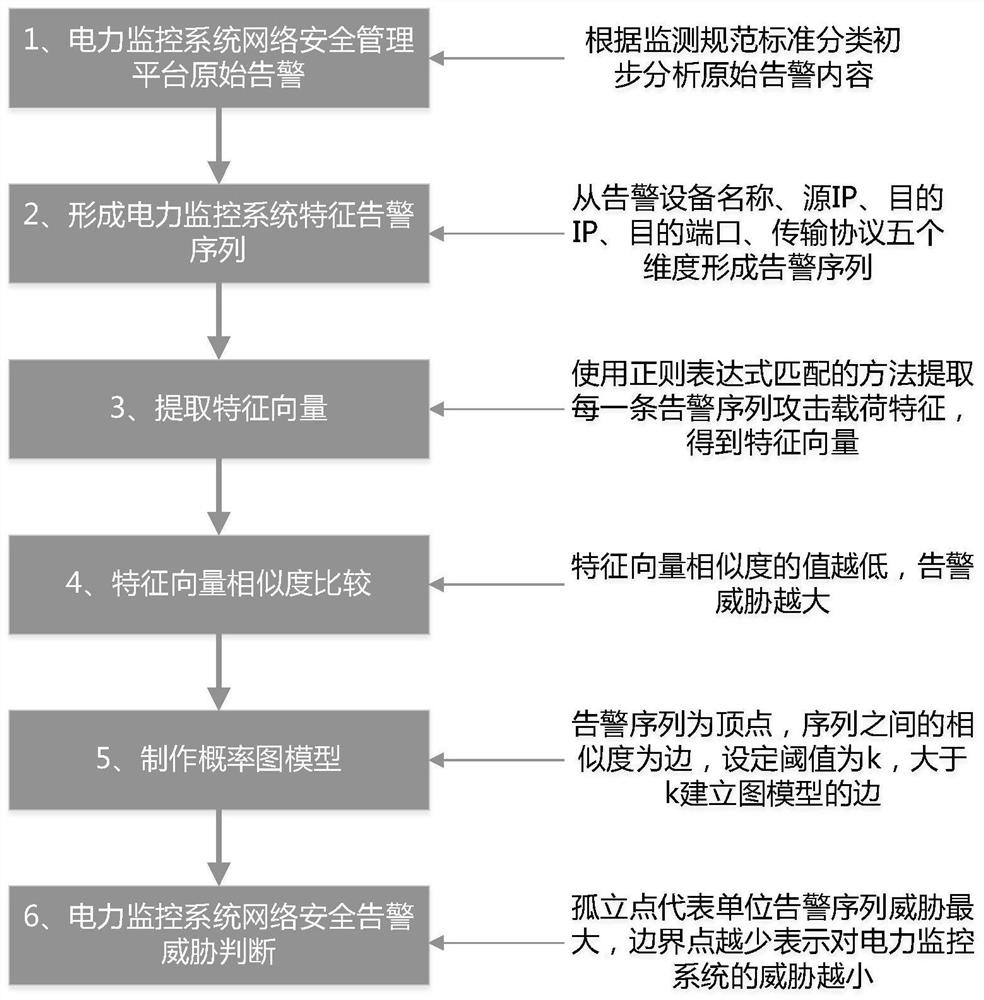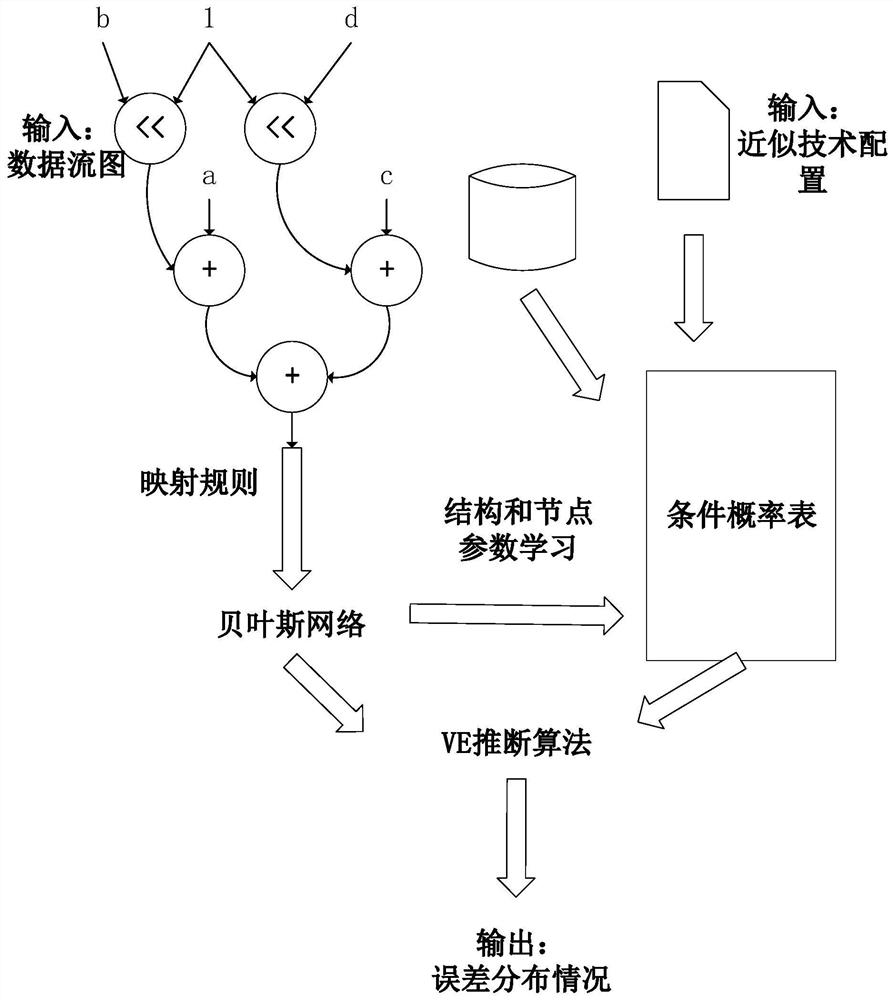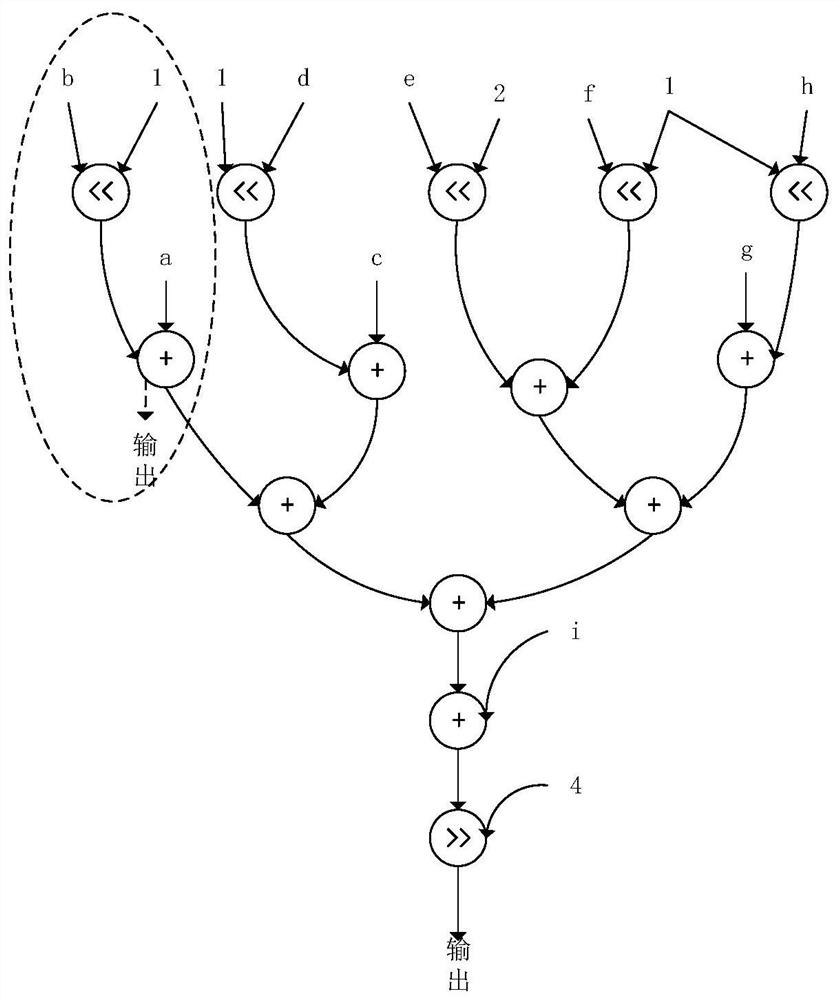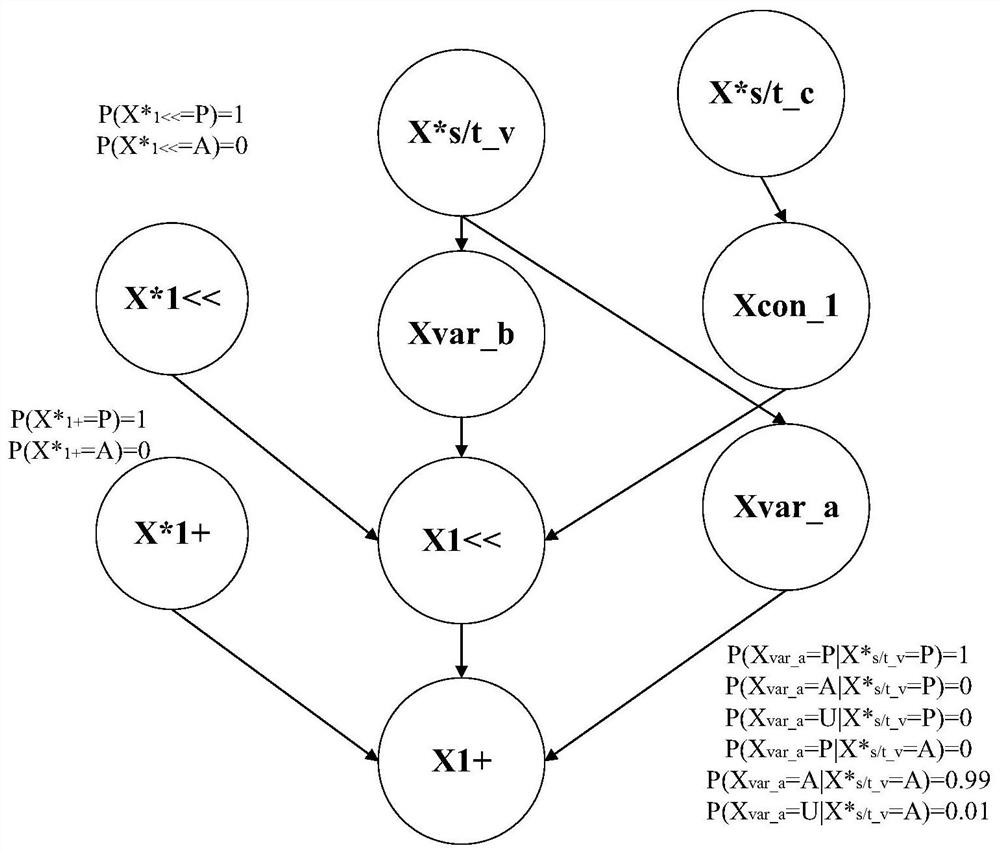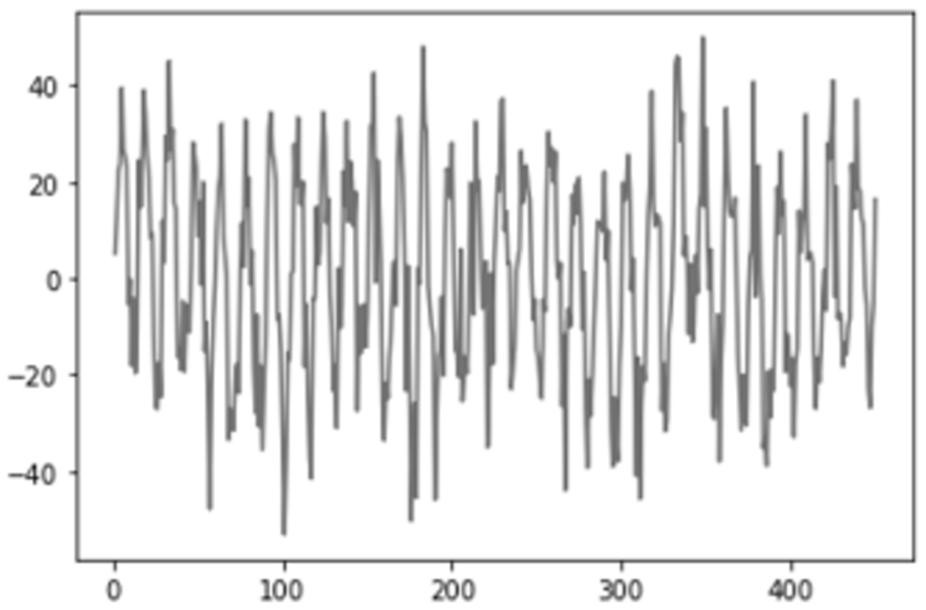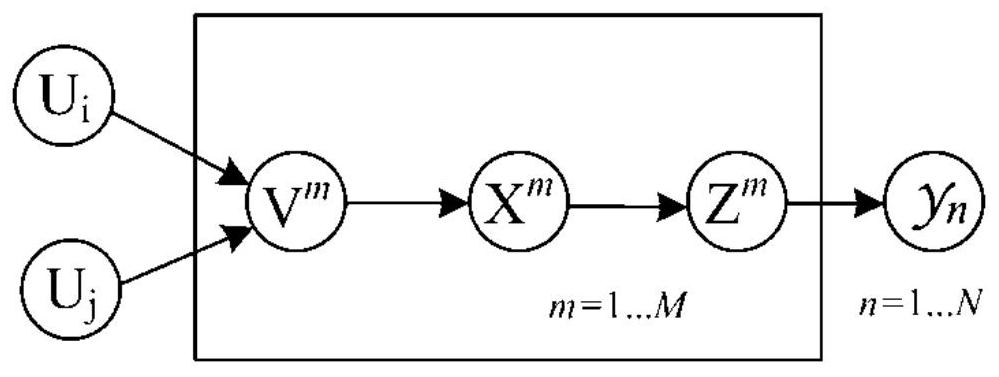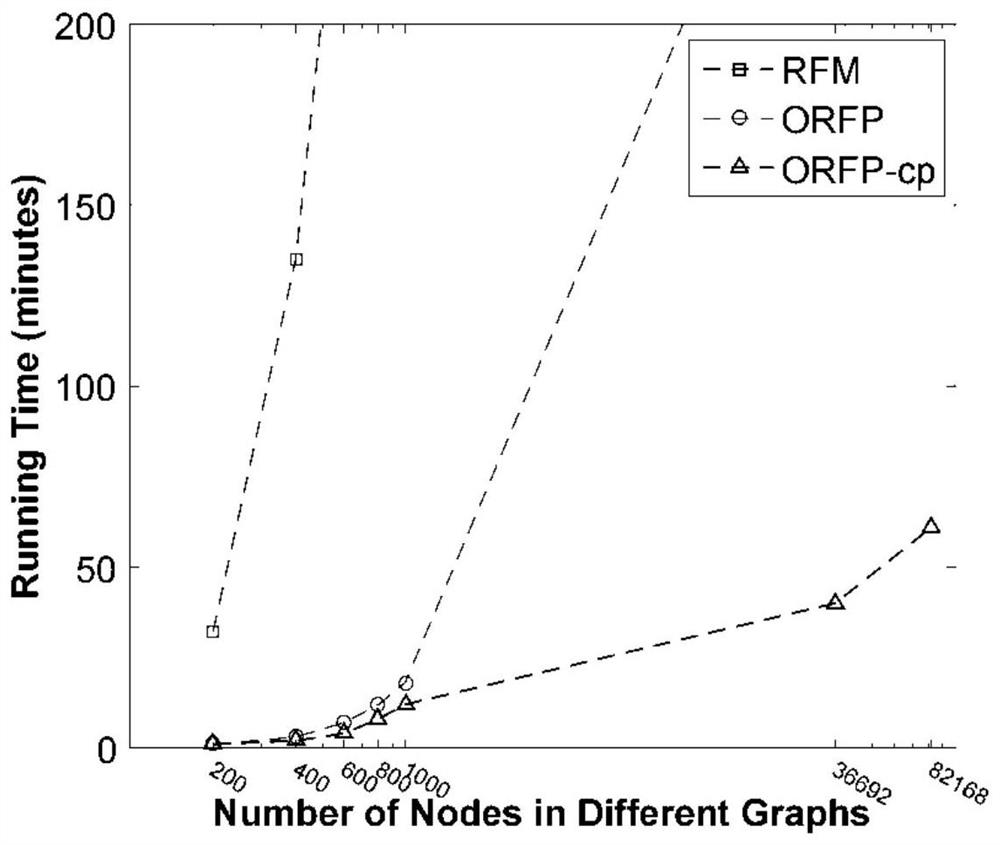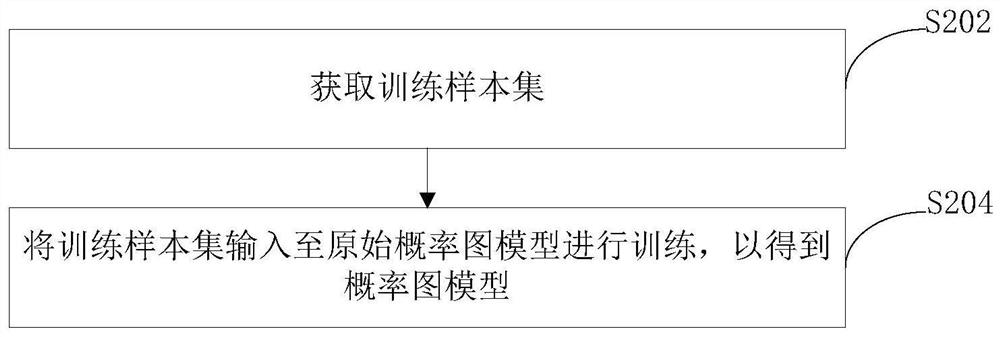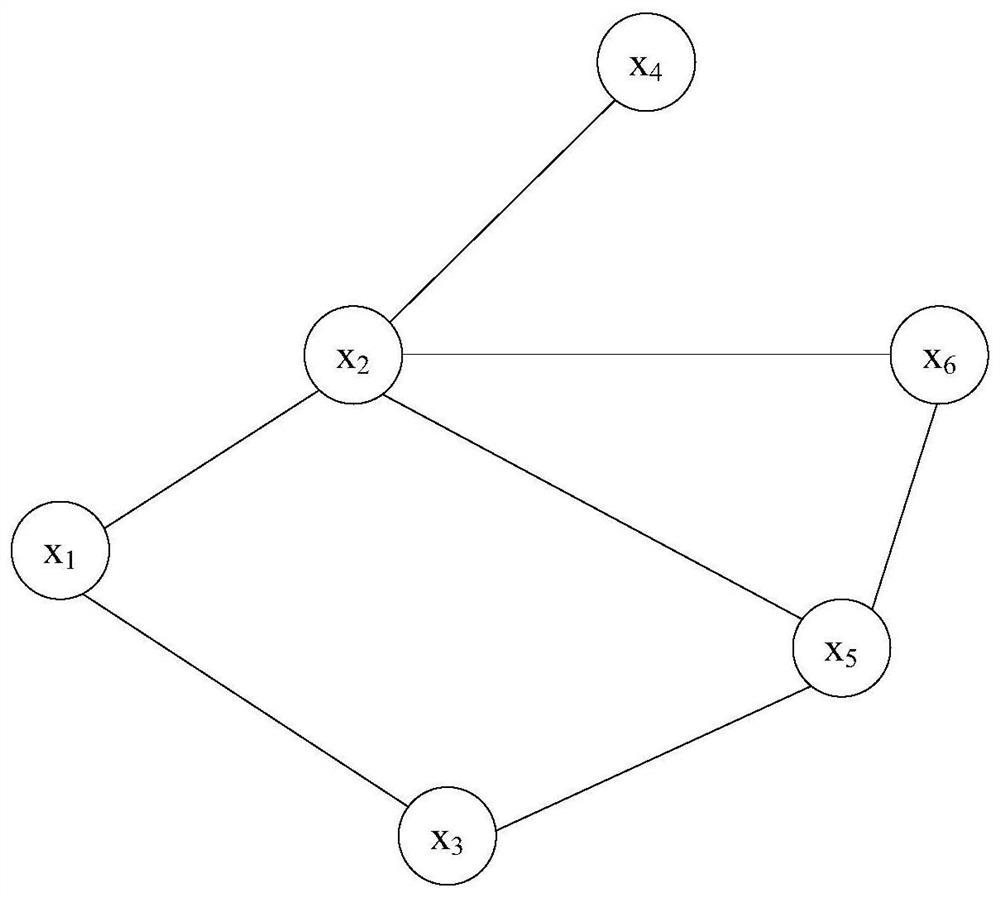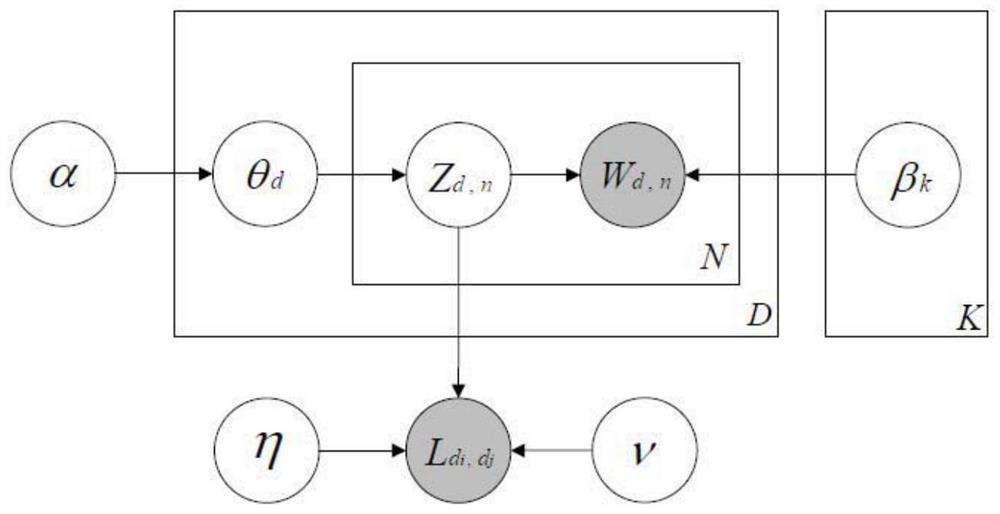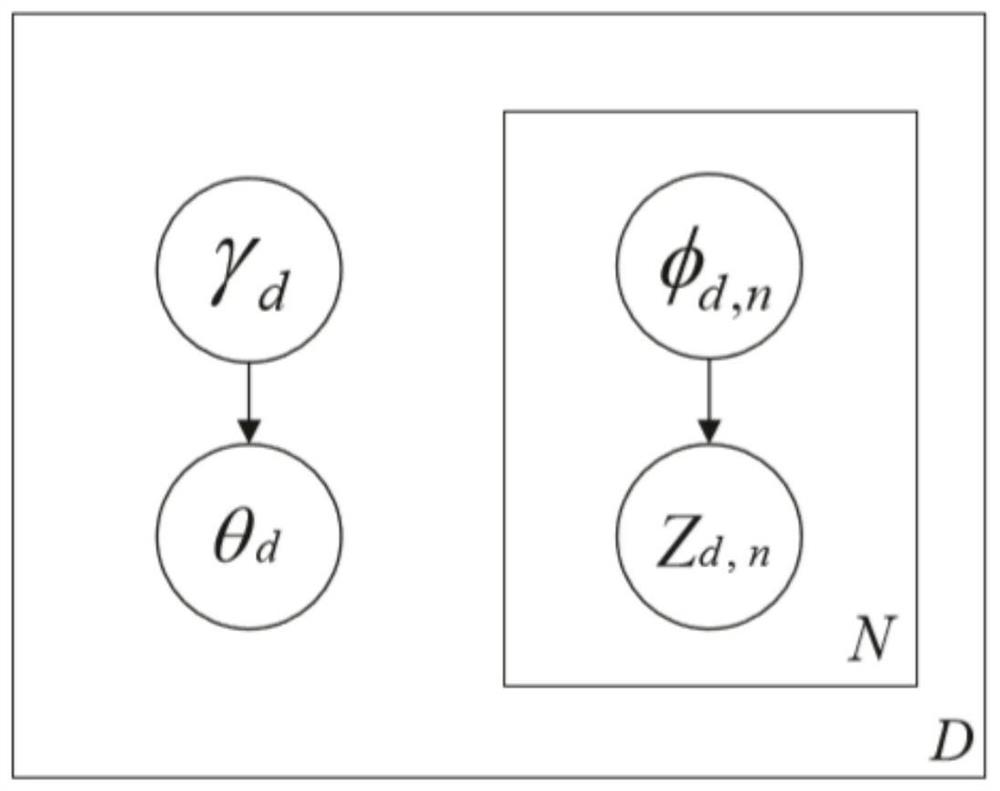Patents
Literature
36 results about "Probabilistic graph" patented technology
Efficacy Topic
Property
Owner
Technical Advancement
Application Domain
Technology Topic
Technology Field Word
Patent Country/Region
Patent Type
Patent Status
Application Year
Inventor
Predictive Analytics for Semi-Structured Case Oriented Processes
InactiveUS20120066166A1Probabilistic networksFuzzy logic based systemsNODALTheoretical computer science
A method for predictive analytics for a process includes receiving at least one trace of the process, building a probabilistic graph modeling the at least one trace, determining content at each node of the probabilistic graph, wherein a node represents an activity of the process and at least one node is a decision node, modeling each decision node as a respective decision tree, and predicting, for an execution of the process, a path in the probabilistic graph from any decision node to a prediction target node of a plurality of prediction target nodes given the content.
Owner:IBM CORP
System and methods for determining the location dynamics of a portable computing device
InactiveUS20050270236A1Easy to trackFacilitate communicationData processing applicationsDirection finders using radio wavesProgram planningFloor plan
Owner:MICROSOFT TECH LICENSING LLC
System and methods for determining the location dynamics of a portable computing device
InactiveUS7053830B2Easy to trackFacilitate communicationData processing applicationsDirection finders using radio wavesSimulationPositioning system
A location system for locating and determining the motion and velocity of a wireless device. The methods include direct inferences about whether a device is in motion versus static based on a statistical analysis of the variation of radio signal strengths over time. The system is trained according to a sparse set of identified locations from which signal strengths are measured. The system uses the signal properties of the identified locations to interpolate for a new location of the wireless device. The system uses a probabilistic graph where the identified locations of the floor plan, expected walking speeds of pedestrians, and independent inference of whether or not the device is in motion are used to determine the new location of the device.
Owner:MICROSOFT TECH LICENSING LLC
System and methods for determining the location dynamics of a portable computing device
InactiveUS20050258957A1Easy to trackFacilitate communicationData processing applicationsNetwork topologiesProgram planningSimulation
A location system for locating and determining the motion and velocity of a wireless device. The methods include direct inferences about whether a device is in motion versus static based on a statistical analysis of the variation of radio signal strengths over time. The system is trained according to a sparse set of identified locations from which signal strengths are measured. The system uses the signal properties of the identified locations to interpolate for a new location of the wireless device. The system uses a probabilistic graph where the identified locations of the floor plan, expected walking speeds of pedestrians, and independent inference of whether or not the device is in motion are used to determine the new location of the device.
Owner:MICROSOFT TECH LICENSING LLC
Multi-source multi-modal activity recognition in aerial video surveillance
ActiveUS20170024899A1Quick searchData augmentationImage enhancementImage analysisAerial videoAerial photography
Multi-source multi-modal activity recognition for conducting aerial video surveillance comprising detecting and tracking multiple dynamic targets from a moving platform, representing FMV target tracks and chat-messages as graphs of attributes, associating FMV tracks and chat-messages using a probabilistic graph based mapping approach; and detecting spatial-temporal activity boundaries.
Owner:BAE SYST INFORMATION & ELECTRONICS SYST INTERGRATION INC
Method and apparatus for detecting and tracking vehicles
ActiveUS20120070034A1Image analysisCharacter and pattern recognitionField of viewProbabilistic graph
The present invention relates to a method and apparatus for detecting and tracking vehicles. One embodiment of a system for detecting and tracking an object (e.g., vehicle) in a field of view includes a moving object indication stage for detecting a candidate object in a series of input video frames depicting the field of view and a track association stage that uses a joint probabilistic graph matching framework to associate an existing track with the candidate object.
Owner:SRI INTERNATIONAL
Predicting Outcomes of a Content Driven Process Instance Execution
InactiveUS20120101974A1Probabilistic networksFuzzy logic based systemsAlgorithmProbabilistic process
A method for predictive analytics in a semi-structured process including receiving traces of the semi-structured process, at least one of the traces including a document content value, determining a process model from the traces, the process model comprising tasks at nodes of the semi-structured process and embodies all possible execution sequences in the process, determining a probabilistic graph including a probability at each of the tasks of the semi-structured process advancing from one task to another task, and combining the process model and probabilistic graph to determine a probabilistic process model including probabilities and strengths of transitions between tasks.
Owner:IBM CORP
Environment modeling method applicable to navigation of automatic piloting vehicles
InactiveCN102353379AAvoid signal lossHigh precisionInstruments for road network navigationEnvironmental modellingSimulation
The invention provides an environment modeling method applicable to navigation of automatic piloting vehicles. One of the key problems needing to be overcome for the navigation of automatic piloting vehicles is to modeling an environment in which a vehicle pilots, to distinguish sceneries in the environment and to convert environmental information into parameterized information which can be used for intelligent obstacle avoidance and path planning of an automatic piloting vehicle. According to the invention, a laser sensor is provided at the front of the automatic piloting vehicle; a series of steps like measurement of spatial distance between the center of the laser sensor and the center of the vehicle are carried out; the whole environment is modeled by utilizing laser point sequences acquired in the driving process of the vehicle. Displacement and course angles of the vehicle are calculated by registering observation of the laser sensor at adjacent sampling time, which is a self-contained scheme and can effectively avoid the problem of LOS (lost of signals) in extreme environments in similar methods which employ a scheme bases on a constellation system; in the method provided in the invention, the laser point sequences in laser beams are processed with a method of inference based on a probabilistic graph model, which enables geometrical characteristics of scenery contours to be utilized and managed intelligently, and therefore, higher accuracy in environment modeling is obtained in the invention.
Owner:SHANGHAI MARITIME UNIVERSITY
System and method for modeling movement of objects using probabilistic graphs obtained from surveillance data
InactiveUS8149278B2Increased computational burdenAttenuation bandwidthCharacter and pattern recognitionColor television detailsDirected graphAlgorithm
A method and system tracks models and predict object movement in an environment. Sequences of temporally and spatially adjacent events sensed by the set of sensors are linked to form a set of tracklets. Each tracklet has an associated starting and terminating location. The tracklets are used to construct a directed graph including starting nodes, terminating nodes, and, intermediate nodes connected by edges. The intermediate nodes can be split nodes where tracklets diverge onto different tracks, and join nodes where multiple tracklets converge onto a single path. Probabilities are assigned to the edges to model and predict movement of the objects in the environment.
Owner:MITSUBISHI ELECTRIC RES LAB INC
System and methods for determining the location dynamics of a portable computing device
InactiveUS20050270235A1Easy to trackFacilitate communicationData processing applicationsDirection finders using radio wavesSimulationPositioning system
A location system for locating and determining the motion and velocity of a wireless device. The methods include direct inferences about whether a device is in motion versus static based on a statistical analysis of the variation of radio signal strengths over time. The system is trained according to a sparse set of identified locations from which signal strengths are measured. The system uses the signal properties of the identified locations to interpolate for a new location of the wireless device. The system uses a probabilistic graph where the identified locations of the floor plan, expected walking speeds of pedestrians, and independent inference of whether or not the device is in motion are used to determine the new location of the device.
Owner:MICROSOFT TECH LICENSING LLC
Method and system for locating landmarks on 3D models
InactiveUS20090187388A1High surfaceMinimize the differenceComputation using non-denominational number representationBiometric pattern recognitionComputer scienceLandmark
A plurality of landmarks are automatically located on a 3-dimensional polygonal mesh of connected vertices. A probabilistic graph is generated for the plurality of landmarks pre-identified on each of a first set of 3-dimensional models. The graph represents local surface characteristics for each landmark and relational positions between neighboring pairs of landmarks. Local surface characteristics are determined for each vertex of the mesh. For each landmark, a set of the vertices is identified that satisfies a criteria based on a surface difference between the vertex local surface characteristics and the landmark local surface characteristics. A relational position for each pair of vertices from the sets of vertices corresponding to the neighboring pairs is determined based on the graph. One of the vertices is determined for each of the plurality of landmarks to minimize the surface difference and the relational difference for the landmark.
Owner:NAT RES COUNCIL OF CANADA
Multi-source multi-modal activity recognition in aerial video surveillance
Multi-source multi-modal activity recognition for conducting aerial video surveillance comprising detecting and tracking multiple dynamic targets from a moving platform, representing FMV target tracks and chat-messages as graphs of attributes, associating FMV tracks and chat-messages using a probabilistic graph based mapping approach; and detecting spatial-temporal activity boundaries.
Owner:BAE SYST INFORMATION & ELECTRONICS SYST INTERGRATION INC
Face age estimation method and system based on sparse undirected probabilistic graphical model
ActiveCN105718898AHelps to learnMitigation of Data InsufficiencyCharacter and pattern recognitionPattern recognitionEstimation methods
The invention discloses a face age estimation method based on a sparse undirected probabilistic graphical model and belongs to the technical fields of machine learning and mode identification.According to the face age estimation method, an age distribution prediction model is innovatively constructed through an undirected probabilistic graph, and in addition, proper sparsity regular terms are added to an optimization training target of the model so as to constrain model parameters.The invention further discloses a face age estimation system based on the sparse undirected probabilistic graphical model.Compared with the prior art, the face age estimation method and system have the advantages that more abundant information can be learned out of complex image features so as to predict age distribution, and in addition, more compact encoding can be conducted on the information through term vectors; the experience of image sparsity is utilized, and the sparsity regular terms are added to constrain the model parameters, so that model obtained through learning has better generalization.
Owner:SOUTHEAST UNIV
Multivariable time sequence anomaly detection method and system based on graph neural network
PendingCN114881115AImplement auto-discoveryImprove predictive performanceCharacter and pattern recognitionNeural architecturesAnomaly detectionEngineering
The invention provides a multivariable time series anomaly detection method and system based on a graph neural network, and the method comprises the steps: taking a sensor in a physical system as a node in a probabilistic graph model, taking the data monitored by the sensor as a time series, carrying out the modeling of a multi-dimensional time series relation, and obtaining a dynamic graph neural network model; obtaining a predicted value of each node at the next time point, and generating an adjacent matrix of each node by using a normalized time alignment measure; when the time reaches the next time point, obtaining the true value of the node, constructing a loss function introducing an adjacent matrix reconstruction error according to the predicted value and the true value so as to train and update the dynamic graph neural network model, and meanwhile, determining the dynamic graph neural network model according to the loss function value of each node, the distribution difference of the neighbor nodes and the adjacent matrix value. Obtaining an abnormal value of each node; and when the error between the node predicted value and the real value is greater than an abnormal value, generating an abnormal alarm. According to the invention, the stability of the abnormal value of the system and the accuracy of slow change anomaly detection are improved.
Owner:INST OF COMPUTING TECH CHINESE ACAD OF SCI
Predicting outcomes of a content driven process instance execution
A method for predictive analytics in a semi-structured process including receiving traces of the semi-structured process, at least one of the traces including a document content value, determining a process model from the traces, the process model comprising tasks at nodes of the semi-structured process and embodies all possible execution sequences in the process, determining a probabilistic graph including a probability at each of the tasks of the semi-structured process advancing from one task to another task, and combining the process model and probabilistic graph to determine a probabilistic process model including probabilities and strengths of transitions between tasks.
Owner:IBM CORP
Method and apparatus for detecting and tracking vehicles
The present invention relates to a method and apparatus for detecting and tracking vehicles. One embodiment of a system for detecting and tracking an object (e.g., vehicle) in a field of view includes a moving object indication stage for detecting a candidate object in a series of input video frames depicting the field of view and a track association stage that uses a joint probabilistic graph matching framework to associate an existing track with the candidate object.
Owner:SRI INTERNATIONAL
Apparatus and method for effective graph clustering of probabilistic graphs
InactiveUS20140009471A1Drawing from basic elementsComplex mathematical operationsMachine learningProbabilistic graph
Owner:SAMSUNG ELECTRONICS CO LTD
Entity joint labeling relation extraction method and system based on probabilistic graph
ActiveCN114298052ASolve the overlapping problemCharacter and pattern recognitionNatural language data processingRelation classificationFeature extraction
The invention discloses an entity joint labeling relation extraction method and system based on a probability graph, and belongs to the technical field of natural language processing. Comprising the steps of feature extraction; an entity extraction task is converted into a sequence labeling task, a sequence is input into a first model to obtain a first output feature, a prediction sequence is obtained after the first output feature is activated, and the starting position and the ending position of the entity are obtained through a set threshold value; the subject and the object are matched according to the principle of proximity, and similar entity heads and tails are marked and intercepted; and performing relationship classification: randomly extracting entity pairs, generating second output features according to the intermediate features of the first model, and inputting the second output features into a second model to obtain a corresponding classification relationship. According to the method, the correlation between the two sub-tasks is considered, so that a task extraction result does not excessively depend on an entity extraction result, and the problem of error accumulation and relation overlapping are avoided.
Owner:NAT UNIV OF DEFENSE TECH
Efficient data propagation in a computer network
InactiveUS20200394249A1Maximize flowProbabilistic networksComplex mathematical operationsTree (data structure)Probabilistic graph
Propagating data in a technical network by considering runtime requirements. A component tree data structure is generated for a probabilistic graph representing the technical network and its technical constraints. On the component tree a propagation algorithm is applied, which iteratively determines an optimal edge in the generated component tree, which maximizes an expected information flow to a query node to and / or from each network node by considering the technical network constraints and by executing a Monte-Carlo sampling for estimation of the expected information flow for the cyclic components and by computing the expected information flow of the non-cyclic components analytically and which updates the component tree iteratively with each determined optimal edge and re-estimates the expected information flow in the updated component tree for providing a result with nodes in the technical network for data propagation, so that information flow is maximized by considering technical network constraints.
Owner:SIEMENS AG
Expert system updating method and method, and business processing method and device
ActiveCN113269540AAccurate decision resultsRealize intelligenceOffice automationNeural learning methodsMachine learningProbabilistic graph
The invention provides an expert system updating method and device, and a business processing method and device. The expert system updating method comprises the steps: acquiring a probability graph network corresponding to at least one reference expert system, wherein the reference expert system and the target expert system are used for outputting a business decision result corresponding to the target business based on the business feature data of the same target business; acquiring the sample business feature data and optimization target data of the target business; and based on the data, combining the probabilistic graph networks of the reference expert system and the target expert system to carry out graph structure learning, and outputting graph structure updating information of the probabilistic graph network of the target expert system. According to the embodiment of the invention, the expert system has the capability of learning the graph structure, and the decision result of the expert system is more accurate.
Owner:ALIPAY (HANGZHOU) INFORMATION TECH CO LTD
Method for classifying problems on basis of PGM (probabilistic graph models)
InactiveCN107423438AReasonable designExplanatorySpecial data processing applicationsText database clustering/classificationNODALData set
The invention discloses a method for classifying problems on the basis of PGM (probabilistic graph models). The method includes a modeling phase and an inferring phase. The first phase includes manually classifying training datasets; substituting the classified labeled datasets into the probabilistic graph models; constructing network structures of directed acrylic nets; computing prior probability and conditional probability of various observation nodes to obtain conditional probability distribution of models. The second phase includes carrying out Bayesian inference on the basis of Gibbs algorithms according to existing network structures and the CPD (conditional probability distribution) to obtain categories of the problems. Compared with existing algorithms for classifying problems, the method has the advantages that the probabilistic graph models are built, the models are trained by the aid of training data, the problems are classified by the aid of trained models, and accordingly the method not only has the characteristic of high interpretability of processes for classifying problems on the basis of rules, but also has merits of independence from expert knowledge and automatic learning of processes for classifying problems on the basis of machine learning.
Owner:逸途(北京)科技有限公司
Apparatus and method for effective graph clustering of probabilistic graphs
InactiveUS9367937B2Drawing from basic elementsComplex mathematical operationsMachine learningProbabilistic graph
Owner:SAMSUNG ELECTRONICS CO LTD
Electric power monitoring system network security alarm evaluation method based on probabilistic graph model
ActiveCN113162904ATake the stress out of troubleshooting alertsImprove discoveryTransmissionMonitoring systemElectric power
The invention discloses an electric power monitoring system network security alarm evaluation method based on a probabilistic graph model, which belongs to the technical field of electric power monitoring system network security, and comprises the steps of merging and screening original alarm data, forming an electric power monitoring system feature alarm sequence, extracting a feature vector, making a probability model; and judging a power monitoring system network security alarm threat. According to the method, alarms with high threats can be quickly identified from massive network security alarms of the power monitoring system, and the method has very important significance for next emergency response and quick recovery of a service system.
Owner:STATE GRID CHONGQING ELECTRIC POWER CO ELECTRIC POWER RES INST +2
Error evaluation method for multiple approximation technologies based on probabilistic graph model in special accelerator
PendingCN112800669AAddressing the quality/power trade-offGuaranteed output qualityGeometric CADMathematical modelsData streamAlgorithm
The invention provides anerror evaluation method for multiple approximation technologies based on probabilistic graph model in special accelerator, wherein the approximation technology combination of any part is rapidly assessed and selected through the probability graph model, and on the premise that the output quality is guaranteed, the power consumption is reduced to the maximum extent. The method at least comprises the steps: converting a data flow diagram of a specified application into a Bayesian network of a probabilistic graph model according to a predefined mapping rule, the network comprising approximate configuration nodes in two states and input nodes in three states; then establishing an efficient and accurate dependency subgraph based on structure learning, and determining a conditional probability table of each node based on node parameter learning according to configuration of different approximation technologies; and according to a variable elimination inference algorithm, based on a Bayesian network and a conditional probability table, accurately solving a required marginal probability, and outputting an error distribution condition.
Owner:SHANGHAI MARITIME UNIVERSITY
Method and device for analyzing sequence based on probabilistic graph model
ActiveCN114330145AReduce complexityImprove applicabilityCharacter and pattern recognitionDesign optimisation/simulationAlgorithmTheoretical computer science
The embodiment of the invention provides a method and device for analyzing a sequence based on a probabilistic graph model, in the method for analyzing the sequence, an observation value sequence of an index is obtained, and the observation value sequence comprises D observation values of the index in continuous D time periods. A parameter priori distribution set for the target parameter and an actual value priori distribution set for the actual value of the index are acquired. The target parameters comprise a difference parameter between the observed value and the actual value and D similarity parameters. The ith similarity parameter in the D similarity parameters is used for measuring the similarity of two actual values at an interval of i time periods. Based on the observation value sequence, the parameter priori distribution, and the actual value priori distribution, a probabilistic graph model is constructed, the probabilistic graph model comprising at least D nodes corresponding to D actual values of D periods, and connecting edges between the nodes. And determining a periodic analysis result for the actual value of the index according to the connecting edge in the probability graph model.
Owner:ANT YUNCHUANG DIGITAL TECH (BEIJING) CO LTD
Environment modeling method applicable to navigation of automatic piloting vehicles
InactiveCN102353379BAvoid signal lossHigh precisionInstruments for road network navigationEnvironmental modellingSimulation
Owner:SHANGHAI MARITIME UNIVERSITY
Photovoltaic characteristic curve prediction method based on probabilistic graph model and scene classification
PendingCN114723171AHigh precisionReliable resultsForecastingCharacter and pattern recognitionPattern recognitionAlgorithm
The invention discloses a photovoltaic characteristic curve prediction method based on a probability graph model and scene classification, and the method comprises the following steps: abstracting photovoltaic changes of different characteristic scenes in one day, dividing the interval time, and setting sampling points; collecting data, preprocessing the data, and determining a distribution form of random disturbance by adopting a statistical method; conjugate prior distribution Dirichlet distribution of multinomial distribution is introduced, and the occurrence frequency of each feature scene in the data is used as a parameter of multinomial distribution; introducing a conditional probability to obtain a final scene probability, taking the final scene probability as a parameter of multi-term distribution, and generating a sequence of occurrence of each feature scene; 5, simulation of future photovoltaic changes is finally generated according to the generated feature scene sequence, the method is based on the reality situation and fits the reality, the method is more robust in the long-time simulation process, and the result is more reliable; and a longer strategy can be made for the charging pile.
Owner:吕承昊
Game-based link prediction method and system in commutative graphs
ActiveCN106911512BSimplify the training setImprove training effectData switching networksData setOptimality model
Owner:SHANDONG UNIV
Enterprise credit evaluation method and device and electronic equipment
PendingCN112766684AImprove the accuracy of credit valueRich evaluation methodsCharacter and pattern recognitionOther databases indexingBusiness enterpriseGraph model
The invention provides an enterprise credit evaluation method and device and electronic equipment. The method comprises the steps of obtaining feature information of a to-be-evaluated enterprise, wherein the feature information comprises dimension indexes and enterprise data corresponding to each dimension index, and the dimension indexes comprise at least one of a total order completion rate, a cost profit rate, a product quality qualification rate, an on-time delivery rate, an order management cost, an inventory cost and a communication cost; inputting the feature information into a pre-trained probabilistic graph model, so that the probabilistic graph model outputs a credit value of the to-be-evaluated enterprise according to the feature information, wherein the probabilistic graph model is obtained based on enterprise relationship training in the supply chain; therefore, the relation between other enterprises and the to-be-evaluated enterprise is effectively utilized from the angle of the supply chain of the enterprise in the enterprise credit value evaluation process by utilizing the probability graph model, the evaluation method is enriched, and the credit value precision of the to-be-evaluated enterprise is improved.
Owner:SHANGHAI ZHONGXIN INFORMATION DEV
A disinformation-driven method for finding subject matter experts in social networks
ActiveCN109271422BThe query result is accurateQuery results are reliableData processing applicationsDigital data information retrievalSubject-matter expertData set
The invention discloses a search method for social network subject matter experts driven by false information, including: using social network data sets to construct candidate user documents, using candidate user documents and false information to be queried to construct a probability graph model; using candidate The user documents and the false information to be queried are used to train the probabilistic graphical model. When the parameters of the probabilistic graphical model converge, the candidate user vector and the false information vector to be queried are obtained; by calculating the candidate user vector and the false information vector to be queried Cosine distance, to obtain the similarity between the candidate user and the false information to be queried, and use the similarity to obtain the query result. The present invention can well deal with social network situations, deal with false information containing multiple topics, and take into account the connections between users in the social network.
Owner:HUAZHONG UNIV OF SCI & TECH
Features
- R&D
- Intellectual Property
- Life Sciences
- Materials
- Tech Scout
Why Patsnap Eureka
- Unparalleled Data Quality
- Higher Quality Content
- 60% Fewer Hallucinations
Social media
Patsnap Eureka Blog
Learn More Browse by: Latest US Patents, China's latest patents, Technical Efficacy Thesaurus, Application Domain, Technology Topic, Popular Technical Reports.
© 2025 PatSnap. All rights reserved.Legal|Privacy policy|Modern Slavery Act Transparency Statement|Sitemap|About US| Contact US: help@patsnap.com
